|
Our Omega Mu brothers who served in the military are cherished and constant fraternal friends, and we would like to say thank you for the steadfast, purposeful commitment you made to our nation to defend those four freedoms we all believe in: “Freedom of speech, freedom of worship, freedom from want, and freedom from fear.” For those brothers who were killed in defense of these freedoms, they will always occupy a consecrated place in our linked fraternal heart because they exemplify the idea of superlative commitment, strength, and fortitude for the good to the end itself. The greatness of their collective purpose and will, on our nation’s behalf, will never be forgotten. By their “clear-eyed faith and fearless heart,” these brothers have left us a fraternal legacy that echoes what we often say about Omega Mu Fijis: “Perseverance and determination are omnipotent.” Their code of integrity, courage, duty, responsibility, and self-sacrifice on behalf of our nation is a powerful legacy that we will always be proud of as Omega Mu Fijis. Whether it was at New Orleans, Red River, Fort Blakely, Marianna, San Juan Hill, Santiago de Cuba, Chateau-Thierry, Verdun, El Guettar, Elba, Monte Della Vedetta, the Battle of the Bulge, Rabaul, Inchon, Pusan, Chosin Reservoir, Pork Chop Hill, Hue, Easter Offensive, Phu Cat, The Iron Triangle, Hamburger Hill, la Drang Valley, Bien Hoa, Khe Sanh, Rumaila, Al-Batin, Medina Ridge, Kabul, Kandahar, our Omega Mu brothers have demonstrated devotion to duty in defense of freedom and liberty. They are the stability of our nation, and we, the Omega Mu brotherhood, revere, honor, and salute their persevering and determined spirit within our great nation and our historic brotherhood. We will always honor the heroism of all of our brothers who have served in the armed forces from the Civil War to the present. Thank you. Omega Mu Veteran Lester V. Cram, 1918 Omega Mu Years "There were cigarettes and cigars for all, not to mention peanuts, ice cream and fancy crackers, and ginger all. They made themselves merry with cards and songs and talked over the old days." Omega Mu Brother, Dean James N. Hart, 1885 World War I Ernest V. Cram served in the 23rd United States Engineers during World War I. The 23rd United States Army Engineers served during the Lorraine, Saint Mihiel, and the Meuse-Argonne offenses. 23rd United States Engineers Repairing roads, above and below. Commemorating the end of World War I at the University of Maine 23rd Engineers coming home, July, 1919. “What if the space be long and wide, That parts us from our brother’s side A soul-joined chain unites our band, And memory links us hand in hand.” (Phi Gamma Delta fraternity song) Fraternally,
Chip Chapman, ’82 Perge
0 Comments
From multiple angles, our Q.T.V. and Omega Mu brothers have enriched the civic life at the University of Maine, and we are fortunate to have had many hardworking, talented brothers throughout our history. The balance between our athletic involvement, intellectual pursuits, and campus involvement is compelling. What they accomplished in their respective pursuits at the university constitutes a wonderful achievement in our fraternal history. There efforts were good and laudable, and there efforts represented the very best of our core values of persistence and determination. It is, believe me, a wonderful achievement, on the part of generations of Omega Mu brothers, for the respective gifts that they gave for the civic good at the University of Maine. In our historically calm, customary fashion, 149 years and growing, it was a rich yield for the common good of the Maine community, All of them, through their various commitments and endeavors within the University of Maine community, improved and brightened up the quality of life of the university community with their enthusiasm and dedication to their respective University of Maine teams, organizations, and clubs. They each had uniques strengths as actors, artists, musicians, athletes, and journalists, and they all embodied the shared commitment to do something well for the University of Maine community. Fraternally integrity demands that, and we are proud of all of these brothers. Over the years, many of our Omega Mu brothers held leadership roles on various University of Maine newspapers and yearbooks. Their contributions in creating something good in the university community cannot be overstated. "Good" does not, in reality, do justice in acknowledging their positive contributions. Each of them performed a vital function for the University of Maine community. They had a willingness to work, the willingness to accept challenges, in order to be focused, informative journalist in order to create daily newspapers and yearbooks that were interesting and informative. Their leadership style was authentic, and their generous, laborious work deserve praise and recognition in our brotherhood. They collected information, organized information, checked and re-checked facts, shared ideas, read and re-read every article, and proofed and re-proofed every page in the yearbook. They always gave of their time and talent in attending to each of these elements in order to write commendable, informative, and properly edited newspaper articles, and in sifting through thousands of pictures and thoughtfully crafting, shaping, and editing yearbooks. Their hard work, in turn, was to produce something, whether it was the university newspaper or yearbook, that was well-written, well-edited, and journalistically constructive, interesting, meaningful, and significant, in the short or long term. With drive and persistence, what our Q.T.V. and Omega Mu brothers achieved, in their numerous leadership roles on various newspapers and yearbooks, was complementary to everything we fraternally applaud for all of or brothers who were positively involved in the University of Maine community. What they achieved had real, enduring worth and value for the University of Maine community. They were indispensable. They made lasting contributions to the social well-being of the university community in keeping students well-informed and enlightened. These Omega Mu brothers embodied our old fraternal truth in being perseverant and determined in being faithful and generous with their gifts. In other words, our journalist brothers are a testament to our collective fraternal spirit of genuine integrity, industry, dedication, creativity, and commitment in adding to our long-standing history of civic engagement at the University of Maine. And as we enter our 150th fraternal year as the oldest, most historically distinguished fraternal brotherhood at the University of Maine, we humbly acknowledge that we are the beneficiaries of God's sustaining grace, as well as the hard work human work and sustaining human grace of generations of Q.T.V. - Phi Gamma Delta brothers. We would not be here without their collective human work. Concrete results matter in life, and we continue to be here because of all of our brothers who have shaped and guided our brotherhood during our first 150 years. Because of the work of generations of brothers, in word and deed, we remain a fraternal brotherhood of historic power, durability, resilience, and significance at the University of Maine. This brotherhood will continue to be an open-hearted gift, a human grace, to generations of young men for another 150 years. In other words, with an equal balance of fraternal heart, mind, and body, they will continue to incarnate the truth of the following snippet of wisdom by Henry David Thoreau: "action from principle, the perception and performance of the right." Most importantly, we continue to thrive with the recent pledging of some wonderful young men. They are a good match, and they will accomplish a great deal because they will take fraternal pride in achievement, value thoughtfulness towards their Omega Mu brothers, and maintain a collaborative work ethic to keep the house in good order. After all, fraternal poise and discipline have carried us this far in our history. Therefore, our deep-rooted fraternal heritage is only going to deepen because of the present undergraduates, and they will continue to prove that the good of our Omega Mu fraternal life still matters. Again and again, from our Q.T.V. fraternal founding through today, persistence and determination has defined our fraternal character and our enduring history at the University of Maine. They are our basic values, the enshrining heart of Phi Gamma Delta, and the present undergraduate brothers will continue to embody these values and add to to our history with their robust fraternal enthusiasm. These traits create the true meaning of our fraternal life, and our fraternal future rests on our generationally shared commitment to these two words in order for our trailblazing fraternal history to continue to endure and evolve into our third century at the University of Maine. Our Q.T.V. - Phi Gamma Delta story is a proud single story, and we will always remain linked together because remain the premier fraternal brotherhood at the University of Maine, and that is something to celebrate. I share all this by way of saying that I hope that many of you will consider returning to our historically distinguished fraternal home, the Castle, this coming April to re-connect with many brothers during Pig Dinner. It will be wonderful, even a grace, to have as many brothers attend as possible because we will be celebrating our combined 150th Q.T.V-Phi Gamma Delta history at Maine, and our 125th Phi Gamma Delta history with considerable Omega Mu enthusiasm. Our fraternal history is distinguished, and it is worth being celebrated. There will be no shortage of pleasure at Pig Dinner this year in seeing the house full with generations of Omega Mu Fijis. It will be generationally moving, perhaps a unique historic grace, with a great deal of nostalgic reminiscing in the charm of the Castle. The Castle is a special place, and its many rooms, the Phoenix Lounge, and the front lawn internalizes the memories of every brother from 1925 to the present. We cannot think about being Omega Mu Fijis without thinking about the Castle. As the great scientist and author Lewis Thomas beautifully stated: "We leave traces of ourselves wherever we go..." Perge. Omega Mu Portrait Edward E. Elwell, 1888 Q. T. V. Years The second Q. T. V. Chapter Hall, middle, in the early 1890's during graduation week. 1885 Q. T. V. Reception 1886 Q. T. V. Reception 1887 Q. T. V. Reception "Then followed a finely written poem by E. H. Elwell, Jr." University of Maine Athlete Edward Elwell played third base on the University of Maine baseball team for three years. Class Poet, 1888 "On those comrades, I say, old Eighty-eight Can simply its blessing bestow, And bid them God-speed, when they shall start out In Life's field their furrow to plow." Journalist After graduating from Maine in 1888, Edward took what he learned and experienced during his three years of working on the editorial staff on The Cadet and went to work as a journalist with the Portland Transcript, a paper in Portland, Maine, and he devoted himself wholeheartedly to the day-to-day work of journalism for the remainder of his life. Edwards' skills as a writer earned him the respect of the readers in the Portland area. As a journalist, he was thoroughly honest and careful in reporting the truth, and he wrote with constructive, intelligent clarity. It was reported that Edward was "a born journalist." He was reliable, professional journalist who believed that integrity and fairness was essential for good, honest, informative journalism. To that end, he worked hard to ensure that his columns were diligently researched, fair, and impartial in order to provide the reading public with informative news coverage. Quite simply, he believed in journalistic integrity; journalistic excellence. And, perhaps, most importantly, Edward believed it was important to do the responsible, right, and best thing for the reading public, and he gained considerable acclaim for a series of articles for the Portland Transcript titled "Pillars of Portland." The quality and integrity of Edward's reporting was exceptional, and this led him to accept a leadership position on the editorial staff for the the Daily Press, a competing paper in Portland. Edward travelled extensively around the world, and he attended and reported on the 1895 Cotton Exposition in Atlanta, an exposition that commenced with Booker T. Washington giving one of his most important speeches, a speech that is now called the "Atlanta Compromise" speech. His accomplishments as a well-respected, influential journalist is a testament to what Edward learned about the challenging work of journalism as a student journalist learning critical writing and editing skills on the The Cadet editorial staff. It is safe to assert that Edward E. Elwell, Jr. unswervingly understood the factual truth of persistence and determination in the field of journalism. Booker T. Washington speaking at the Atlanta Cotton Exhibition, 1895. “What if the space be long and wide, That parts us from our brother’s side A soul-joined chain unites our band, And memory links us hand in hand.” (Phi Gamma Delta fraternity song) Fraternally,
Chip Chapman, ’82 Perge 1874 - 1899 Q. T. V. The Pig Dinner that we will celebrate on the weekend of April 19th-21st has special meaning because we will be celebrating two key milestones in our history. First, it will be our our 150th fraternal year at the University of Maine second, it will be our 125the Phi Gamma Delta anniversary. That is truly something to celebrate. In case that you did not already know, we are the original fraternal brotherhood at the University of Maine, and 2024 is our Sesquicentennial year! One hundred and fifty years ago, in 1874, a fraternal tradition unlike any other was established at the University of Maine by our Q.T.V. brothers, and in 1899, 125 years ago, we became Phi Gamma Delta. 1899 - 2024 Omega Mu Chapter of Phi Gamma Delta They are historic milestones in University of Maine history and our fraternal history, and every Q.T.V.-Phi Gamma Delta brother is an important part of the fraternal lifeblood that has brought us to these two milestone anniversaries. We are one seamless, united brotherhood, and to this day we remain the premier fraternal brotherhood at the University of Maine. Quite simply, we are all part of our proud fraternal story, and Pig Dinner this year will give us time to pause and remember, celebrate and rejoice, and raise a glass or two in honor of our 150 year fraternal legacy at the University of Maine. Our fraternal story is an old story, and there is no other fraternal story like it at the University of Maine! "Our fraternal story is an old story, and there is no other fraternal story like it at the University of Maine!" Our storied fraternal history is deep in the very soil of the University of Maine, and it is a treasured legacy that makes us all very proud to be Omega Mu Phi Fijis. Our history is remarkable for many reasons, and it is our extraordinary collective determination and perseverance that has brought us to our 150th and 125th anniversaries. The same brotherly spirit of our Q.T.V. founders continues to this day. So, please find your way back to 79 College Avenue to attend Pig Dinner this year to remember your time living in the Castle, to reconnect with many brothers, and to celebrate our two fraternal anniversaries. We all have a sense of place in our historic brotherhood because we are all part of our rich fraternal narrative, and the Castle is our elegant fraternal home. It is only fitting that we all attend, and the good news is that each and every graduate brother will all be richly welcomed at the front door by our dedicated, hard-working undergraduate brothers, and there will be many good fraternal hellos from the brothers inside the Castle. So, please be one our proud number on the weekend of April 19th-21st, 2024, as we celebrate our groundbreaking, historically long-rooted fraternal brotherhood at the University of Maine. Our 150 year fraternal brotherhood gives us many reasons to be proud, and here is a short list of just some of our memorable fraternal accolades over the last 150 years: The first fraternal brotherhood at the University of Maine was Q.T.V., our fraternal forebears, established in 1874. The first graduate of the University of Maine to receive his diploma was our Q.T.V. brother, Benjamin F. Gould, 1872. The first fraternal home at the University of Maine, on the site of the present Coburn Hall, was paid for and built by our Q.T.V. brothers. Samuel W. Gould achieved a major legislative victory with the passage of the Gould Amendment, an amendment to the Pure Food and Drug Act of 1906. The Gould Amendment requires that all contents of any food package be clearly marked on the outside of the package in terms of weight, measure, and content. The Gould Amendment was passed on March 3rd, 1913, and it was another major victory of the Progressive Era of reform and regulation. The University of Maine hymn was written by our Q.T.V. brother, Horace M. Estabrooke, 1876. Philip Garland, 1912, wrote more music than any other fraternity brother in honor of the University of Maine. John D. Utterback The 1941 Snow Sculpture is considered to be one of most beautiful, as well as being the biggest, snow sculpture ever created during the Winter Carnival, and the designer and engineer in its construction was John D. Utterback. He also designed the 1940 Phi Gam snow sculpture of a bear on top of a sphere. Inside Coburn Hall is a plaque that honors one of our brothers who died during the Spanish-American War, Charles C. Scott, 1897. Dean James N. Hart, 1885, was the first dean of the University of Maine, and he served as an interim president of the University of Maine. Joseph M. Murray, 1925, served as an interim president of the University of Maine. Our first Phi Gamma Delta house was designed by one our Q.T.V. brothers, Frank E. Kidder, 1878. Gordon R. Heath, 1936, was an important operative in discovering the presence of Russian nuclear warheads in Cuba during the Cuban Missile Crisis. He was the key designer of the winning Phi Gamma Delta snow sculpture in 1936. Oliver Spurgeon English, 1922, was one of most important psychiatrists in the United States, and he was a great humanitarian. A quote from Temple University Medical School: "We can well imagine that the high degree of positive socialization that this erstwhile boy from the farm exhibits today had its early beginnings with his membership there in the Phi Gamma Delta Fraternity.” When it was reported in the campus newspaper during the late 1870’s, the only Maine State College student to have fought in the Civil War was one of our Q.T.V. brothers, Nelson H. Martin, 1876. He was from from Fort Fairfield, Maine, and it was report that the enlisted at the age of 13-14. Frederick D. Potter, 1879, was a friend and associate of Thomas A. Edison, and he was one of the original founder of the Edison Pioneers. The first class admitted into the University of Maine Athletic Hall of Fame included one of our brothers, Theodore T. Curtis, 1923. University of Maine Athletic Hall of Fame Mike Barkley and Keith Carney University of Maine Athletic Hall of Fame Thomas Golden University of Maine Athletic Hall of Fame Albert F. Hackett University of Maine Athletic Hall of Fame Gerrard R. LaFlamme University of Maine Athletic Hall of Fame Vernon F. Napolitano, 1951 Football Team University of Maine Athletic Hall of Fame Donald L. Card, 1951 Football Team University of Maine Athletic Hall of Fame Eugene F. Sturgeon, the quarterback on the 1951 Football Team University of Maine Athletic Hall of Fame James Van Valkenburgh, the 1961 Football Team University of Maine Athletic Hall of Fame John R. Roberts, 1961 Football Team We have nine other brothers who are in the University of Maine Athletic Hall of Fame: Keith Carney, Mike Barkley, Thomas W. Golden, Albert F. Hackett, Gerrard R. LaFlamme, Jr., the 1951 football team that had Vernon F. Napolitano, Donald L. Card, Eugene F. Sturgeon, Donald L. Card, the 1961 football team that had James Van Valkenburgh and John R. Roberts. The first collegiate baseball at Maine had two of our Q.T.V. brothers: Joseph F. Gould and Alfred J. Keith. The first collegiate football team at Maine had Q.T.V. brothers: Gerardius De Andries Haseth, 1895, and Charles A. Frost, 1895. Gerardius is on the second step, first on the right, and Charles A. Frost is on the fourth step, second player in from the right. The first Winter Carnival at the University of Maine, in 1922, started with a glorious fireworks display in front of our first Phi Gamma Delta House. Edwin F. Ladd, 1884, fought aggressively for the passage of pure-food and drug laws in the United States. Andrew M. Wiswell, 1927, won a Grammy Award in 1968 as the producer for the original cast album of the musical “Hair,” and he was nominated five more times. Paul D. Sargent, 1896, was selected in 1905 to be the first chief engineer of the Maine State Highway Commission, and as the chief engineer, he was charged to create, connect, and improve the highway system throughout the state of Maine. He increased the Maine highway system from 1,300 miles to over 20,000 miles during his tenure as the chief engineer. The first Rhodes Scholar at the University of Maine was our Omega Mu Brother, Ballard F. Keith, 1908. James M. Eaton, 1910, established and improved passenger airline service in the United States. Ray P. Steven, 1898, designed and created the first electrified steam railroad in the United States. He was the president of twelve companies, and increased by 30%, established free insurance for his employees, sick leave, and pension plans. These practices would soon by standard in the years to come. The concrete bridge that he designed and built between Allentown and Philadelphia was the greatest reinforced concrete bridge in the world. William P. Keenan, 1940, was one of the last P.O.W’s released by the North Koreans at the end of the Korean War. Estabrooke Hall Balentine Hall Crosby Hall Cloke Plaza, Crosby Hall back right. Hart Hall Murray Hall We are only fraternal at the University of Maine that has more buildings and plazas named in honor of a our fraternal brother, or his spouse, on the University of Maine campus: Estabrooke Hall, Balentine Hall, Crosby Hall, Cloke Plaza, Hart Hall, and Murray Hall. Oliver Crosby, 1876, self-possessed, and exhibiting incredible self-determination and persistence in his forward-thinking technological ideas, in a literal sense, transformed the world with his hoists, cranes, and derricks that he designed and created. Most significantly, his groundbreaking technological inventions played an impactful role in the creation of the Panama Canal, creating Mount Rushmore, and in building naval ships during World War I and World War II. Breathtaking achievements that are truly something to celebrate in history, and our fraternal history. Francis H. Bacon, 1876, designed the original marble case that preserved the Declaration of Independence and the United States Constitution, in the National Archives in Washington D.C. Arthur D. Serota, 1966, was the recipient of the University of Maine's Bernard Lown Alumni Humanitarian Award for his work in Africa. Louis C. Southard, 1875, represented the Commonwealth of Massachusetts during the Bicentennial Celebration of the United States Constitution in Philadelphia. George P. Merrill, 1979, was the head curator of geology of the Smithsonian Institute in Washington, D.C., and The Department of Interior named a crater after him Arizona because he was the world’s foremost authority on meteors. Howard T. Engstrom, 1926, helped invented the Univac Computer. Frank E. Kidder, 1879, was the architect who designed Coburn Hall, Holmes Hall, the original Wingate Hall, as well as the first Phi Gamma Delta house. Frank E. Danforth, 1946, holds the University of Maine record for the most sports lettered in: baseball, basketball, cross-country, football, golf, indoor track, and outdoor track. Ralph B. Pond played for the Boston Red Sox. A United States Navy ship was named in honor of our Fiji brother, Mark L. Hersey, and there are portraits of him in the Smithsonian Museum of Fine Arts in Washington D.C. He achieved the rank of Major-General during World War I. Charles L. Phillips, 1888, was a Brigadier-General during World War I. The capping off ceremony of the new engineering building included a historic shout-out to Oliver Crosby, 1876, when they included a Crosby Clip in finishing the building. Robert F. Thurrell Wilbur A. Bumps There are two rooms in the Memorial Union dedicated to two of our brothers: Robert F. Thurrell, 1915, left; Wilbur A. Bumps, 1874, right. There have only been five occasions when a Phi Gamma Delta brother was the recipient of the North America Interfraternity Conference Gold Medal, and the fifth one was just awarded this past August to Eugene D. Cote, 1981, our Omega Mu Brother. Allen Roger, 1897, was the recipient of the prestigious Grasselli Medal in 1920 for his ground-breaking research in applied chemistry. Frederick D. Potter, 1879, a friend and colleague of Thomas A. Edison, was one of the original founders of the Edison Pioneers, an organization that was established to honor the work of Thomas A. Edison. The Castle is the only fraternal home at the University that has the singular historic distinction of being on the National Register of Historic Places. And we are the first fraternal brotherhood to celebrate our 150th anniversary at the University of Maine. We will honor our fraternal heritage, our fraternal present, and our bright fraternal future, and the combined weight all three will lead to many toasts in honor all three during Pig Dinner. It is wonderful to appreciate the big picture of our fraternal history at Maine, and, without fear or hesitation, we will continue to fraternally persevere and celebrate many more anniversaries in the future, without question. The big picture of our history is only going to get bigger with our outstanding undergraduate brothers and the new pledges. That is to say, they will fully uphold our original Q.T.V. motto: “enjoyment, sociability, and the best interest of its brothers through life.” We all stand by this declaratory statement. Fraternally, simple and obvious, we are something special, and our fraternal legacy is going to continue to grow with generations of new brothers. With the same fraternal spirit of commitment, persistence, determination, and adaptability we continue on into our third century at the University of Maine. Our history is tied deeply into the history of the University of Maine, and we are as strong as ever with the wonderful undergraduate brothers now living in our historic fraternal home. They are only going to add to our treasured fraternal legacy, and that is truly special in our growing historic story at Maine. So, during Pig Dinner this year we will all have time to consider our remarkable fraternal story, from our visionary Q.T.V. brothers toWe are ready to celebrate our two fraternal anniversaries during the weekend of April 19th-21st, 2024. It will certainly go down as one of the most important in our proud history at the University of Maine. All of us have seasons in our lives, and often they are events and traditions that are marked boldly on a calendar. And that makes me think of the writer of Ecclesiastes when he states, “To everything there is a season.” Of course, we all know that Pete Seeger and The Birds were inspired by this phrase to write and sing “Turn, Turn, Turn!” So, with that music in your mind, please circle the weekend of April 19th-21st and return to the Castle and be one of our proud fraternal number during our wonderful celebratory weekend. It will be a special time in our history. Fraternally, joyfully, we are ready to celebrate our 150th and 125th fraternal anniversaries at 79 College Avenue. “What if the space be long and wide, That parts us from our brother’s side A soul-joined chain unites our band, And memory links us hand in hand.” (Phi Gamma Delta fraternity song) Fraternally,
Chip Chapman, ’82 Perge Truthfully, there is no fraternal brotherhood quite like Omega Mu at the University of Maine. We are proud of our history, and we are proud of the impressive number of fraternal brothers who played on many University of Maine athletic teams. With conviction and commitment, our Omega Mu athlete brothers brought a great deal of joy and satisfaction to the university community, creating many wonderful memories since the first baseball team was established at Maine State College in the 1870's. The worked together for the success of each Maine team, and the overall civic good of the University of Maine. The sheer number of Omega Mu athlete brothers is an unqualified triumph for the University of Maine. Their positive impact on the University of Maine community cannot be overstated. They each gave their best efforts on each team, and what they achieved perfectly compliments what we fraternally believe: drive and determination. It is a heady athletic legacy. Accordingly, their accomplishments claim our fraternal attention and respect. For the eminence of their athletic success; and, above all, for being our Omega Mu brothers, we are proud. Therefore, in the linked soul and spirit of our long fraternal history, we gratefully remember and celebrate our QTV and Omega Mu brothers who participated on many varsity athletic teams at the University of Maine. Our scorecard is deep, and we appreciate, and we are proud of, all of our Omega Mu athlete brothers. Thoreau said it best: “What a difference, whether in all your walks, you meet only strangers, or in one house is one who knows you, and whom you know. To have a brother…How rare these things are.” How true that is, and we remain that way to this day. Omega Mu Athlete, Franklin D. Dexter, 1941 Omega Mu Years Homecoming Dinner "H. Dyer" Hamilton H. Dyer "F. Cogswell" Fred Cogswell 1939 Snow Sculpture 1940 Snow Sculpture Dudley Utterback 1941 Snow Sculpture "It was too good to be ignored." "Dudley Utterbck ...was chief designer." University of Maine Athlete World War II Franklin D. Dexter was a lieutenant in the United States Army during World War II. “What if the space be long and wide, That parts us from our brother’s side A soul-joined chain unites our band, And memory links us hand in hand.” (Phi Gamma Delta fraternity song) Fraternally,
Chip Chapman, ’82 Perge Our Omega Mu brothers who served in the military are cherished and constant fraternal friends, and we would like to say thank you for the steadfast, purposeful commitment you made to our nation to defend those four freedoms we all believe in: “Freedom of speech, freedom of worship, freedom from want, and freedom from fear.” For those brothers who were killed in defense of these freedoms, they will always occupy a consecrated place in our linked fraternal heart because they exemplify the idea of superlative commitment, strength, and fortitude for the good to the end itself. The greatness of their collective purpose and will, on our nation’s behalf, will never be forgotten. By their “clear-eyed faith and fearless heart,” these brothers have left us a fraternal legacy that echoes what we often say about Omega Mu Fijis: “Perseverance and determination are omnipotent.” Their code of integrity, courage, duty, responsibility, and self-sacrifice on behalf of our nation is a powerful legacy that we will always be proud of as Omega Mu Fijis. Whether it was at New Orleans, Red River, Fort Blakely, Marianna, San Juan Hill, Santiago de Cuba, Chateau-Thierry, Verdun, El Guettar, Elba, Monte Della Vedetta, the Battle of the Bulge, Rabaul, Inchon, Pusan, Chosin Reservoir, Pork Chop Hill, Hue, Easter Offensive, Phu Cat, The Iron Triangle, Hamburger Hill, la Drang Valley, Bien Hoa, Khe Sanh, Rumaila, Al-Batin, Medina Ridge, Kabul, Kandahar, our Omega Mu brothers have demonstrated devotion to duty in defense of freedom and liberty. They are the stability of our nation, and we, the Omega Mu brotherhood, revere, honor, and salute their persevering and determined spirit within our great nation and our historic brotherhood. We will always honor the heroism of all of our brothers who have served in the armed forces from the Civil War to the present. Thank you. Omega Mu Veteran Lester M. Bragg, 1910 Omega Mu Veteran Lester M. Bragg, 1910 Omega Mu Years World War I Lester M. Bragg was a second lieutenant in the 307th Engineer Battalion during World War I, and the 307th was involved in the following engagements: Toul, St. Mihiel, and Meuse-Argonne Marbache Sector, Toul, France 307th Engineers marching down the Toule Road near Rosieres-en-Haye, France. 307th Engineers burying a communication cable near Ansauville, France. St. Mihiel American soldiers heading toward St. Mihiel. St. Mihiel from across the River Meuse. Engineers setting up barbwire. Engineers repairing roads in the Meuse-Argonne Sector. Engineers repairing communication wires. Commemorating the end of World War I at the University of Maine. “What if the space be long and wide, That parts us from our brother’s side A soul-joined chain unites our band, And memory links us hand in hand.” (Phi Gamma Delta fraternity song) Fraternally,
Chip Chapman, ’82 Perge |
Archives
December 2024
Categories |
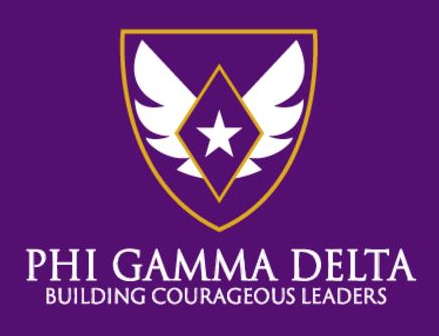
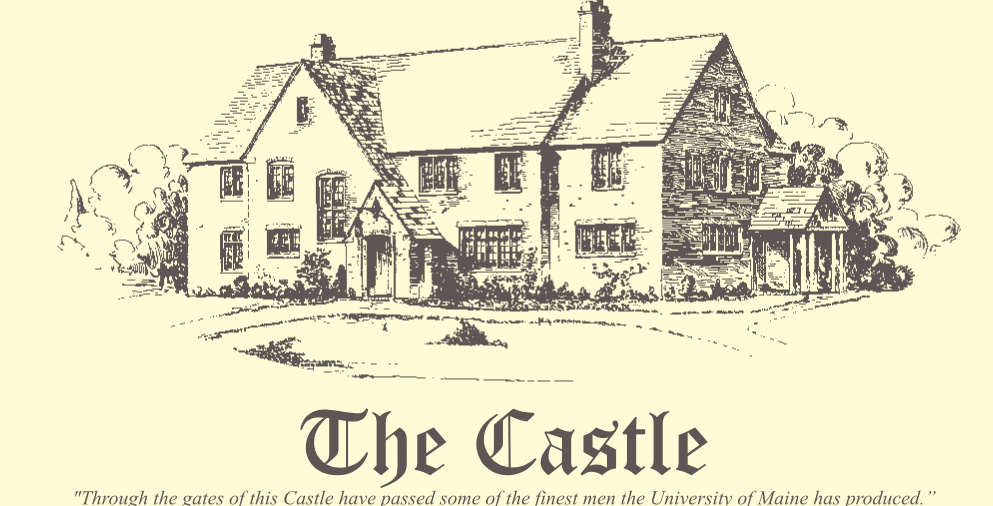
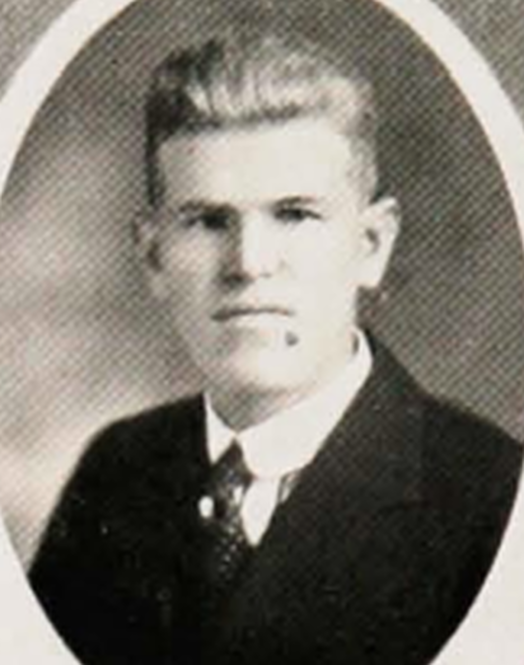

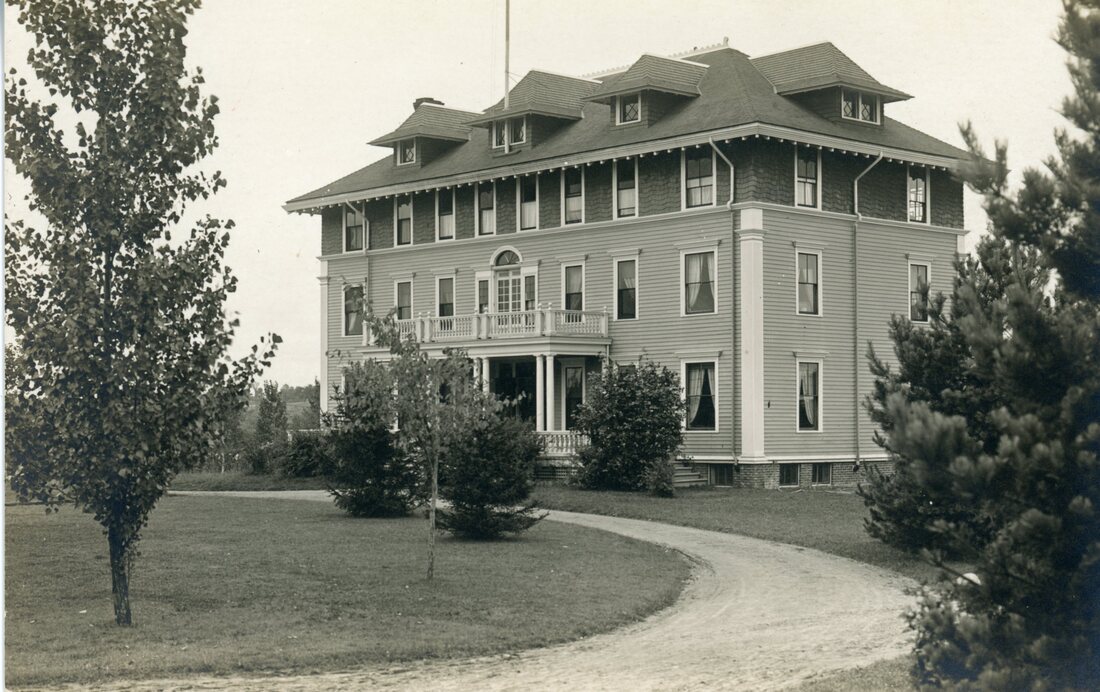
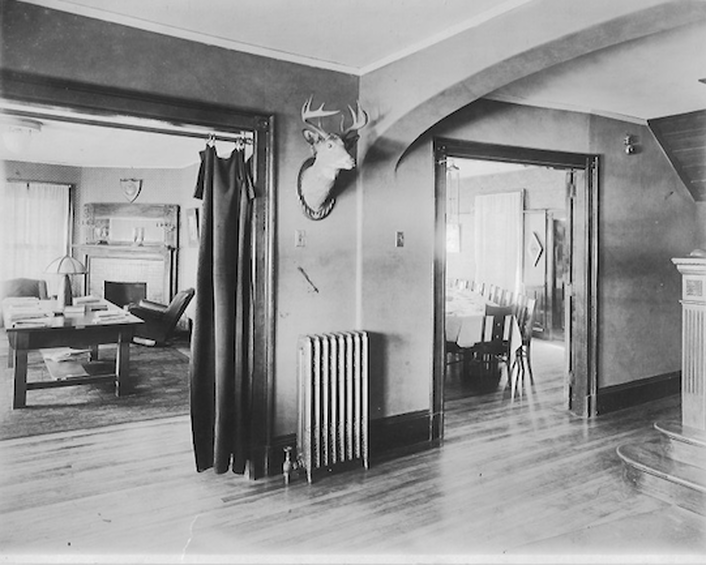
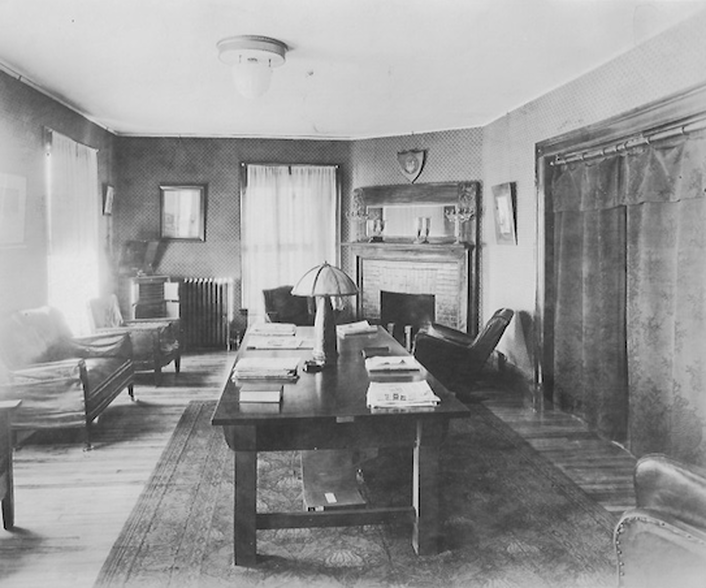
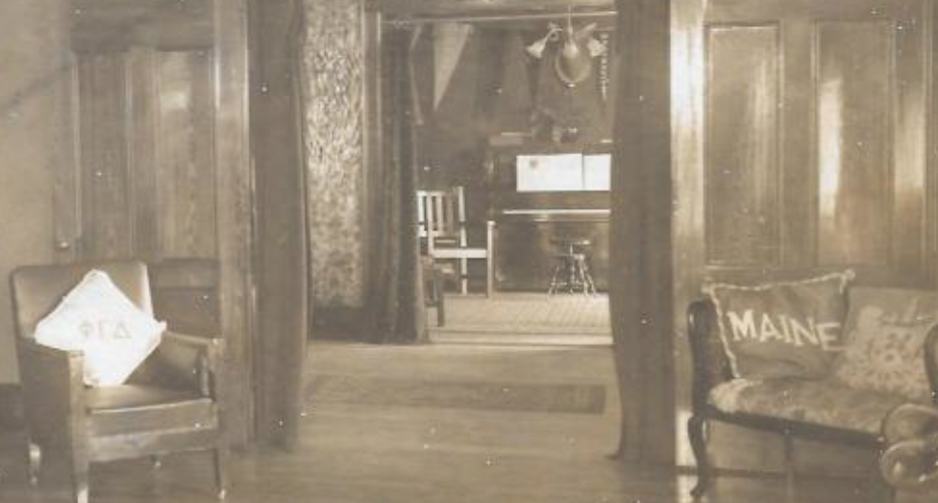
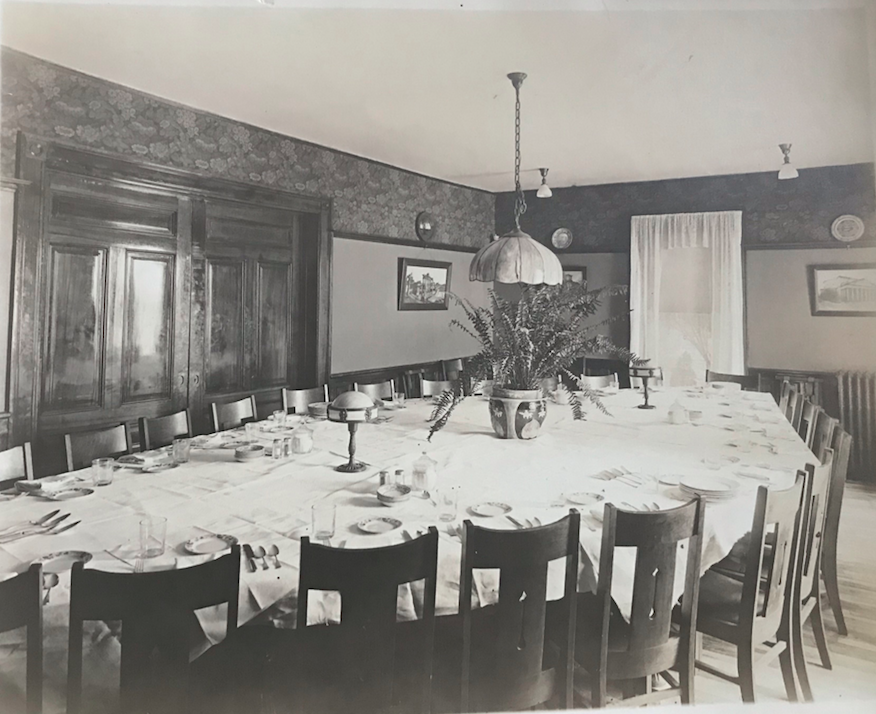
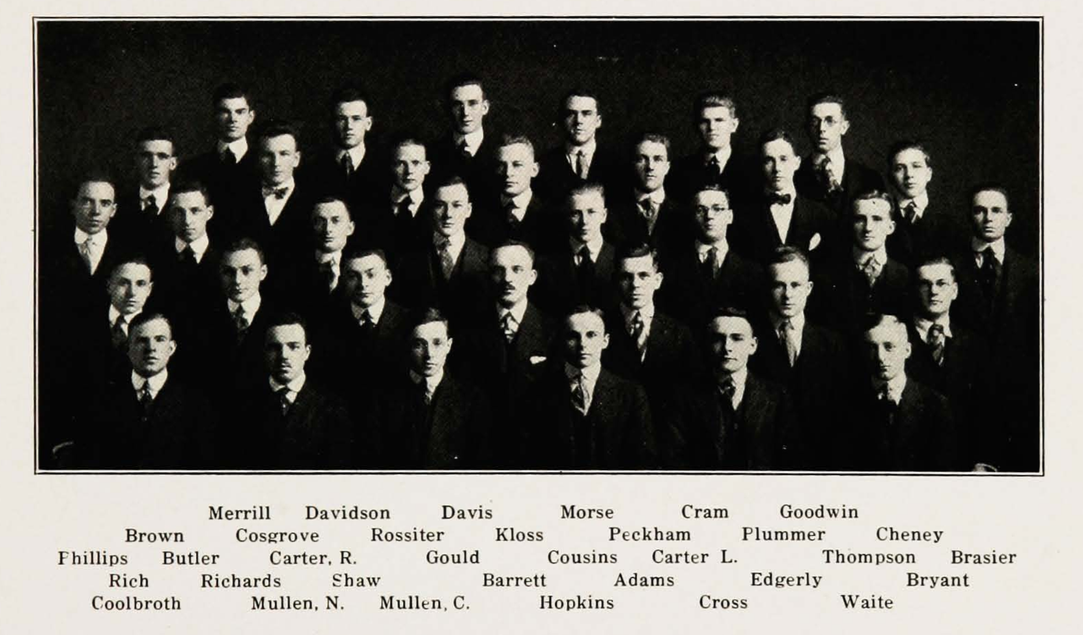
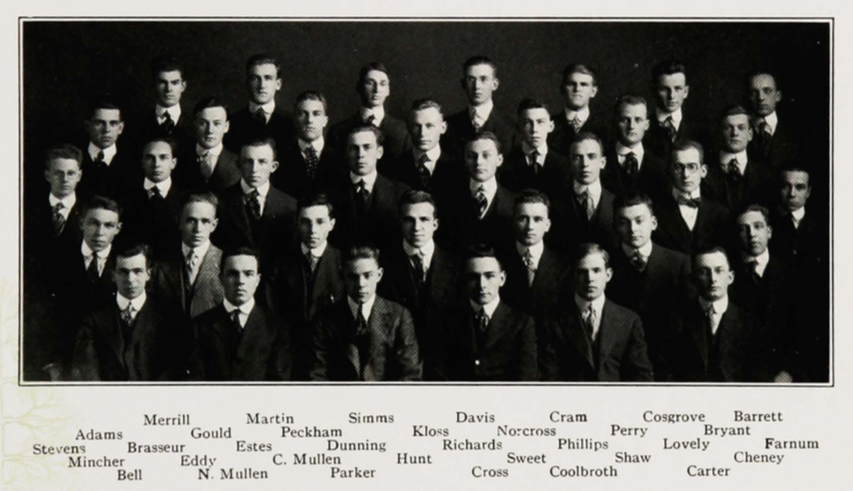
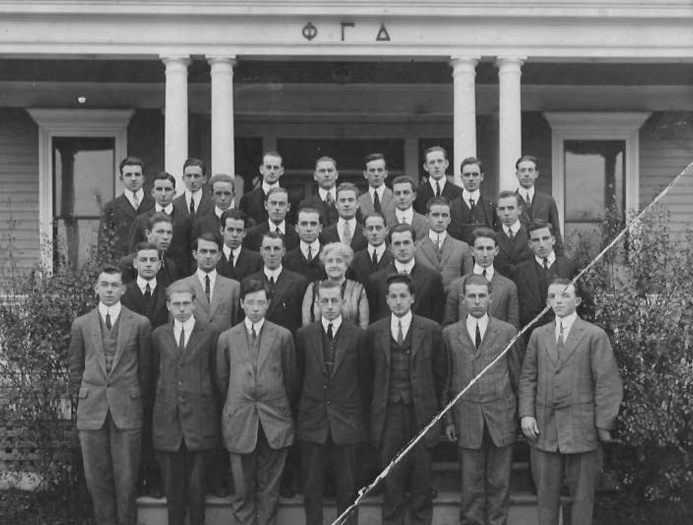

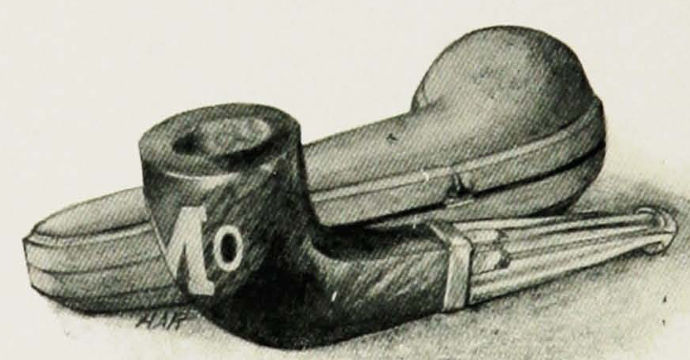
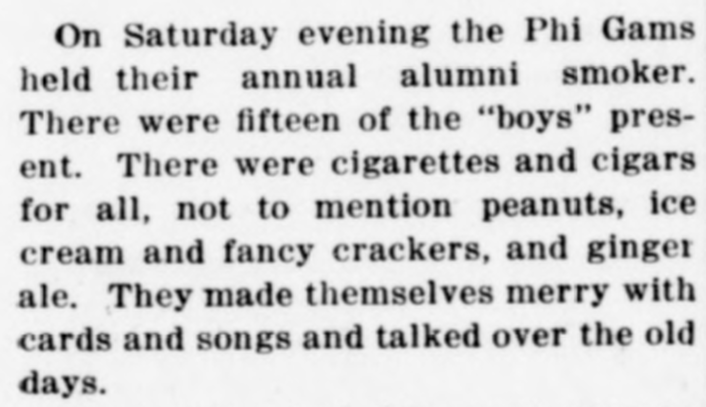
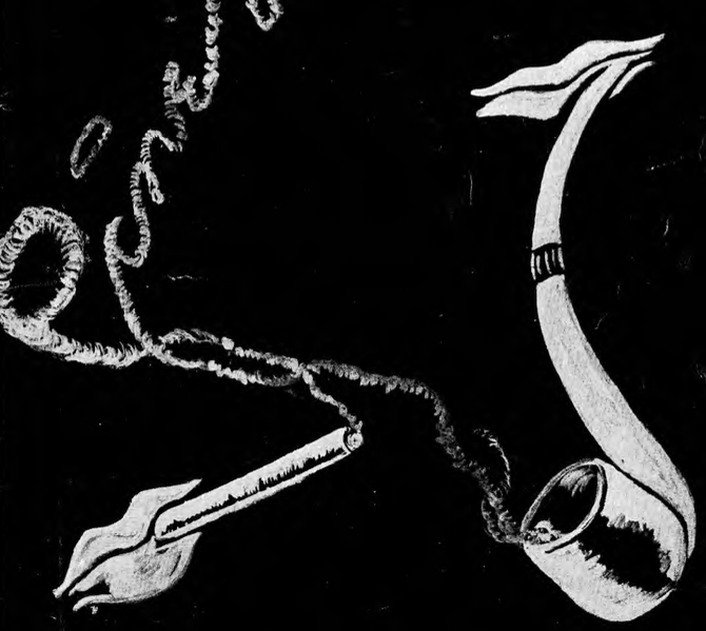

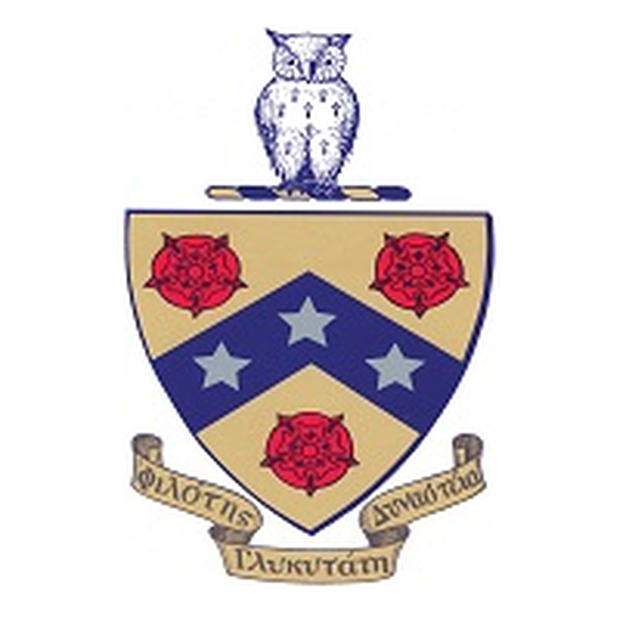
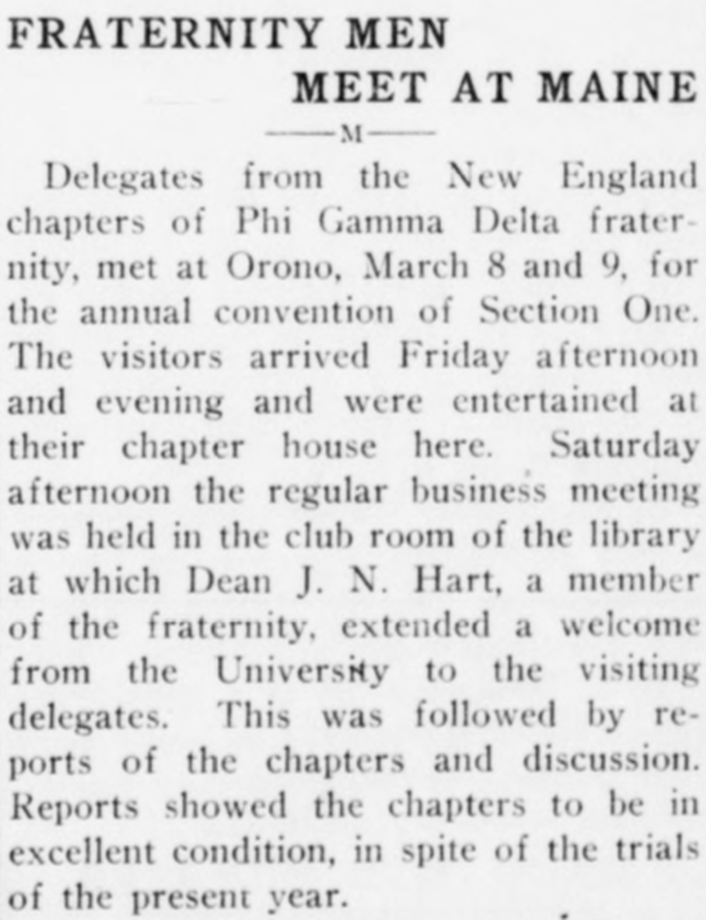
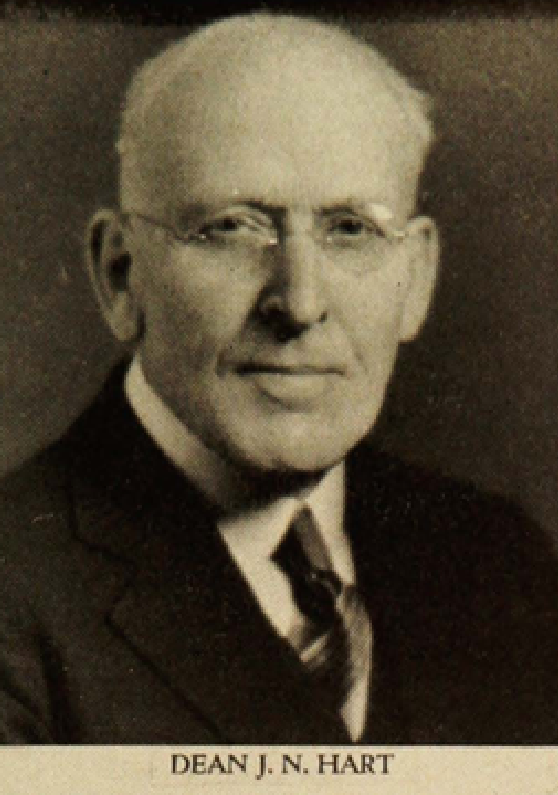
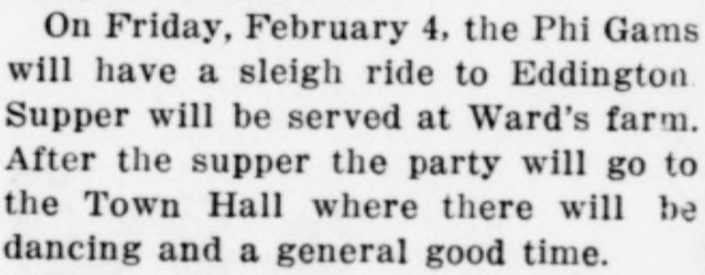
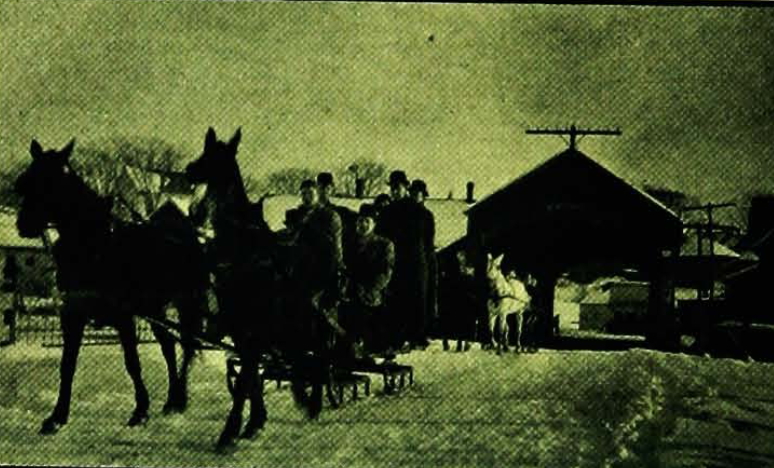
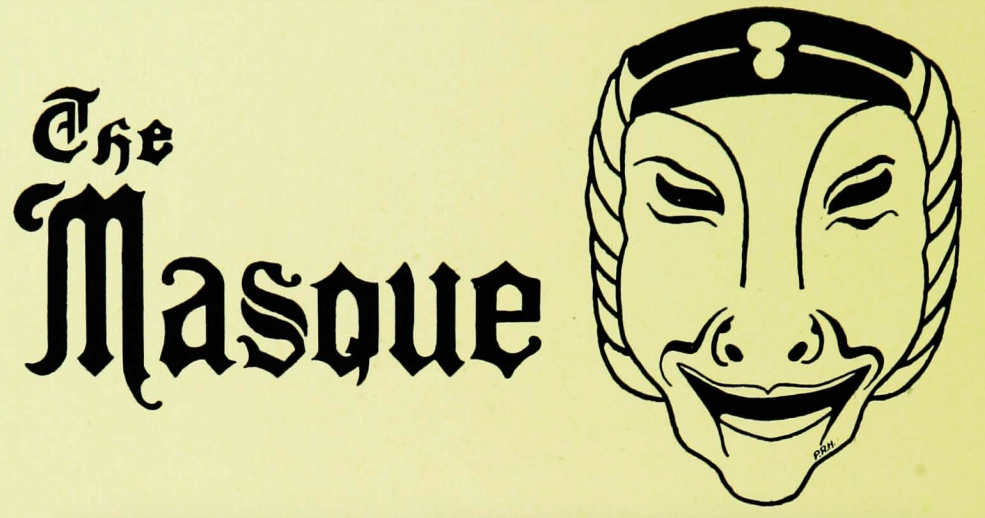
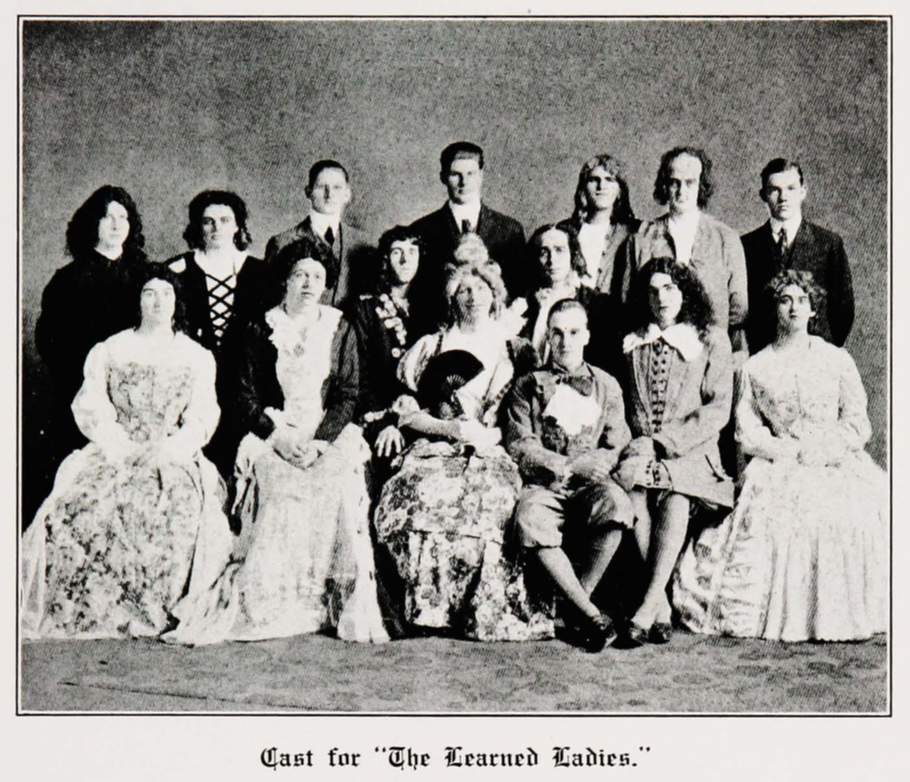
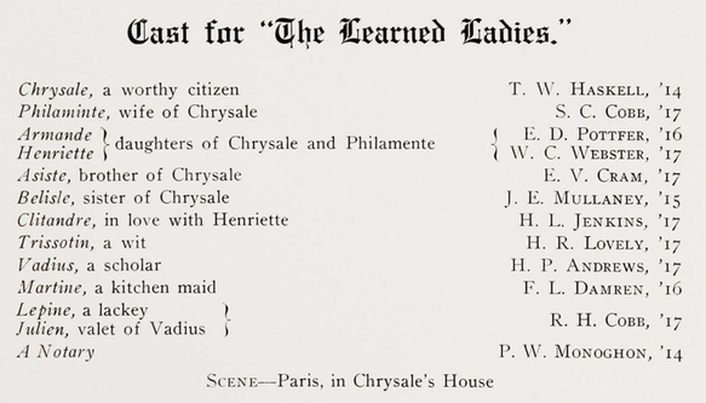

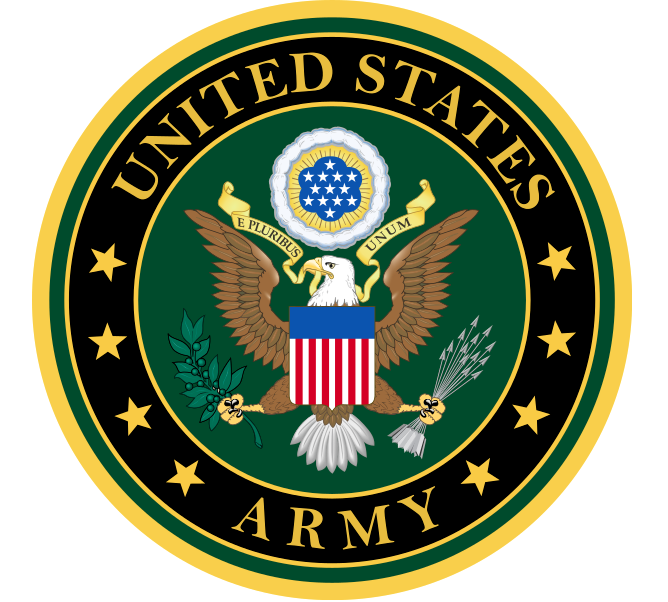
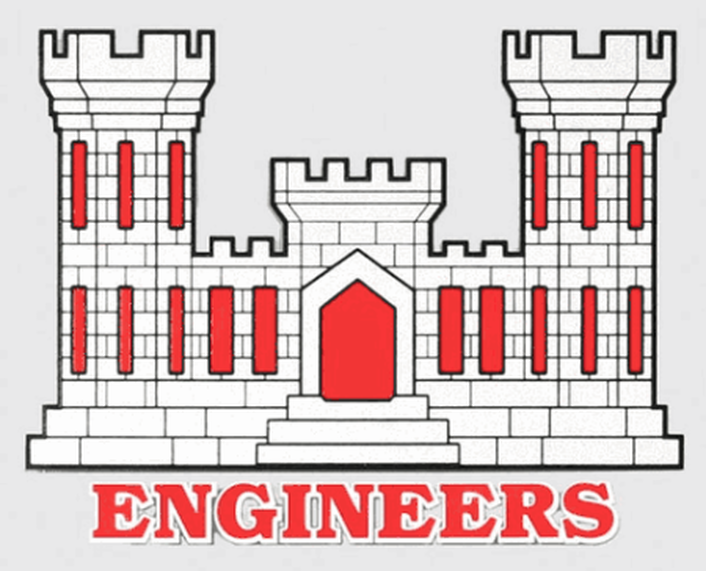


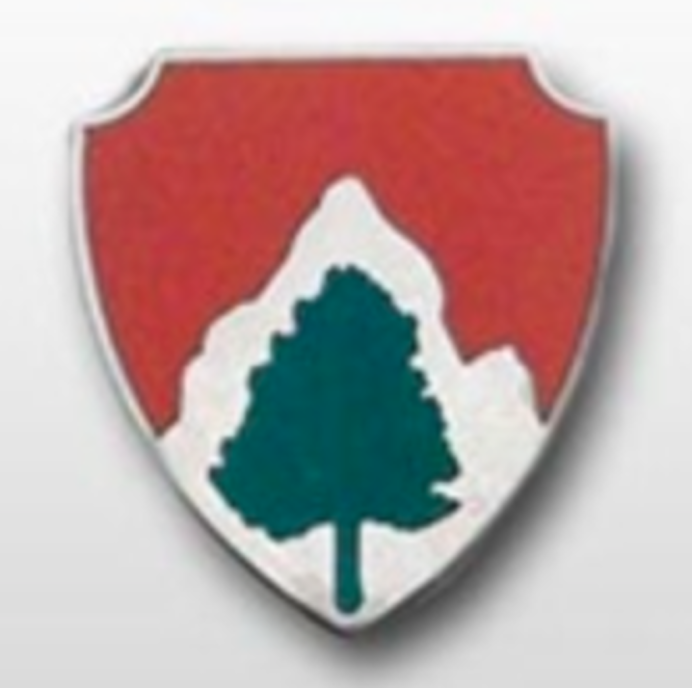
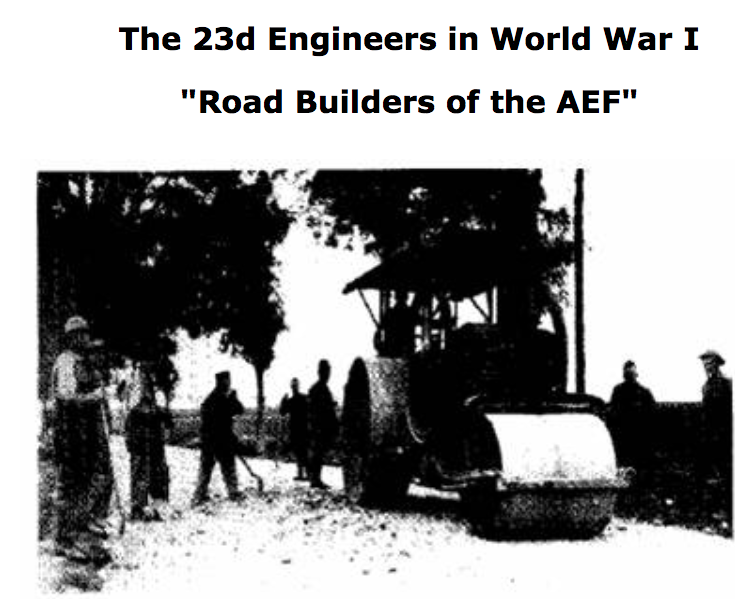
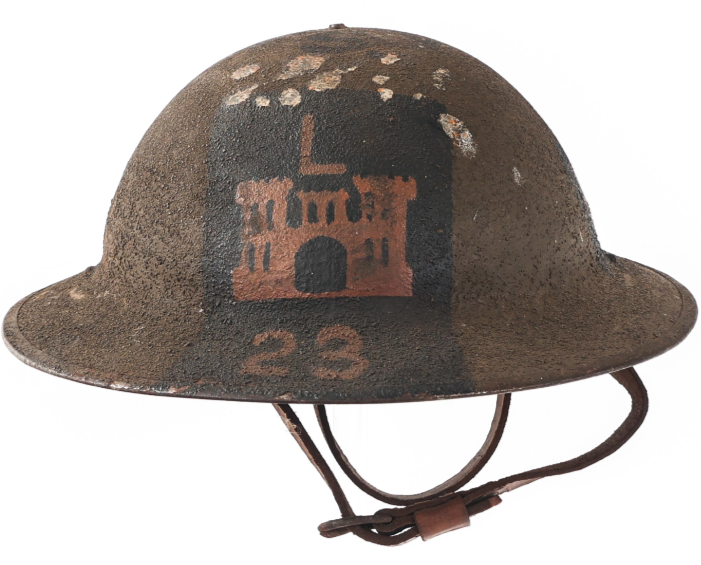
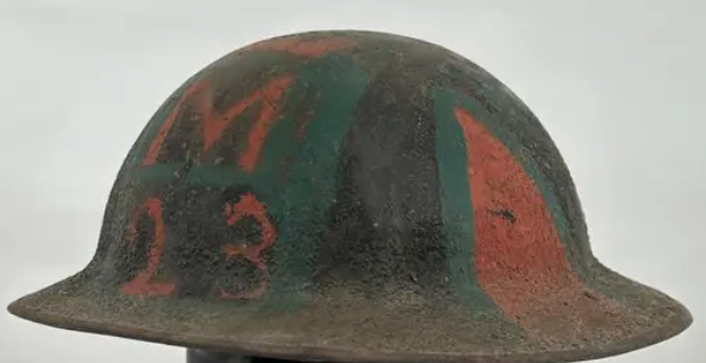
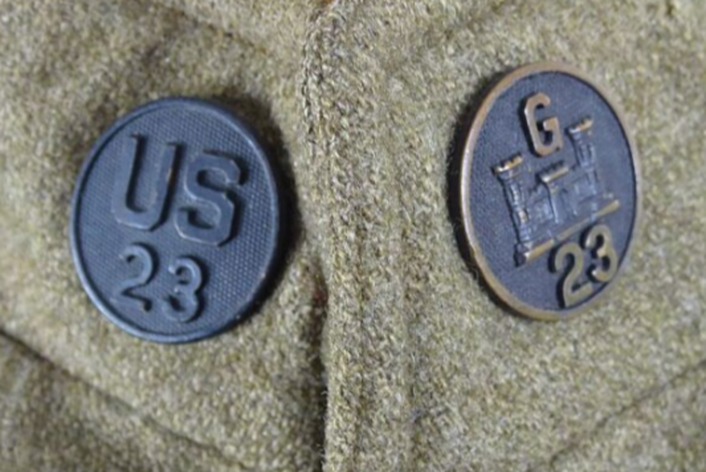
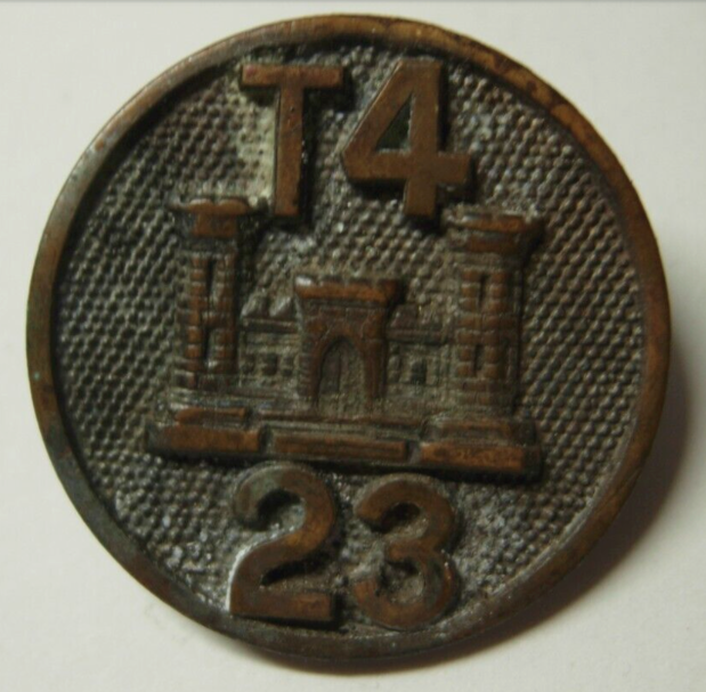

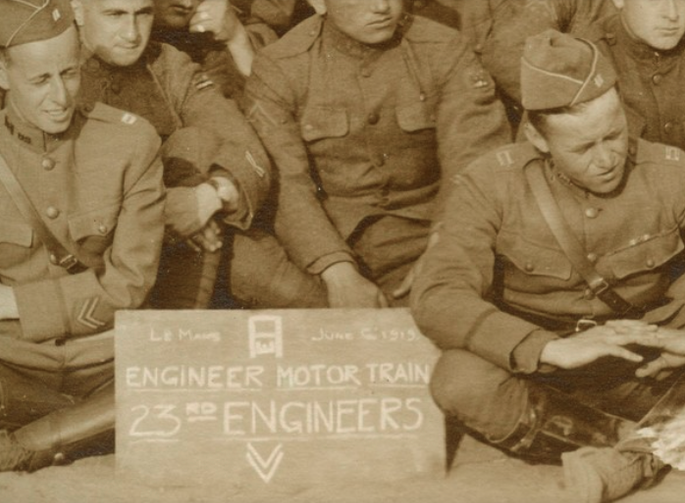
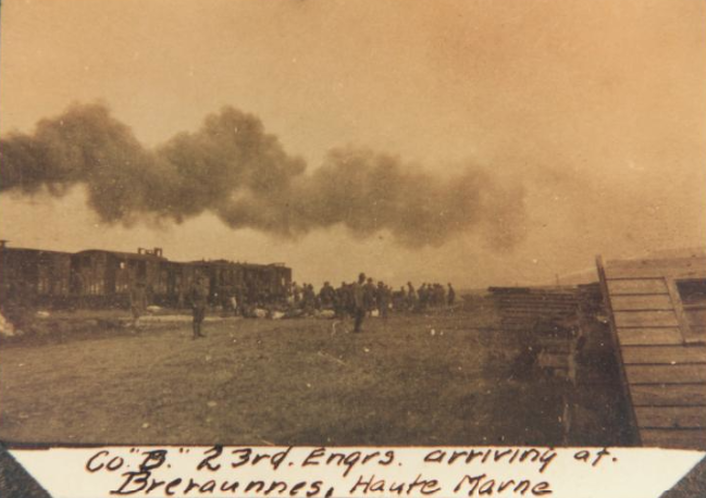
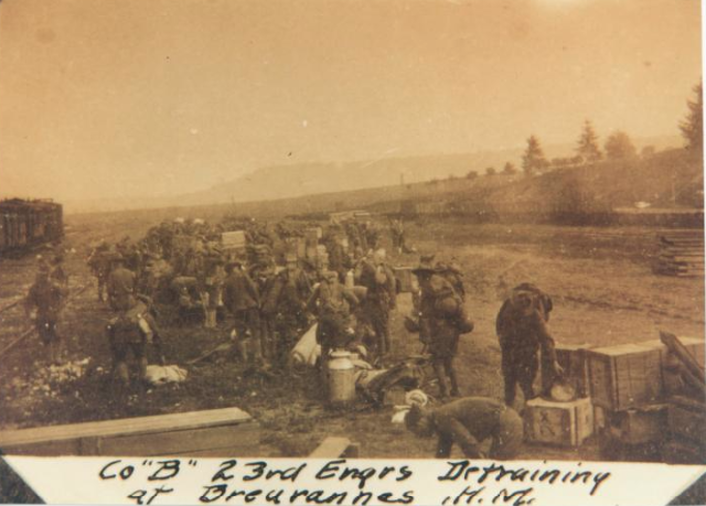
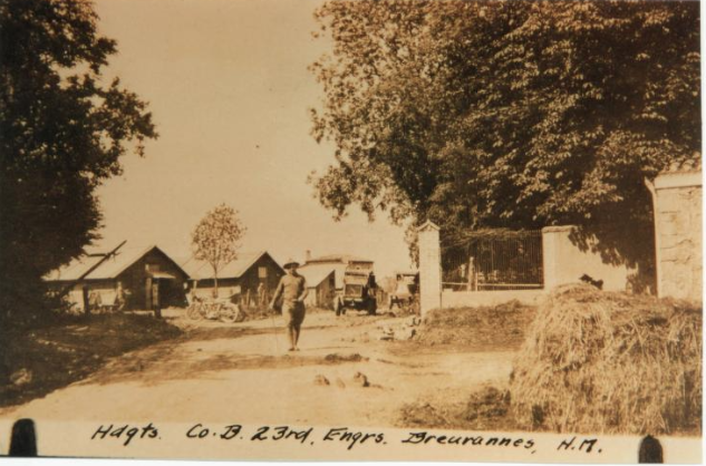
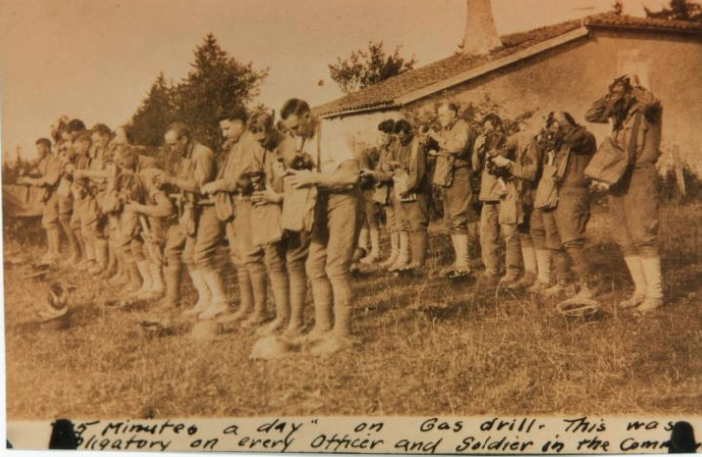
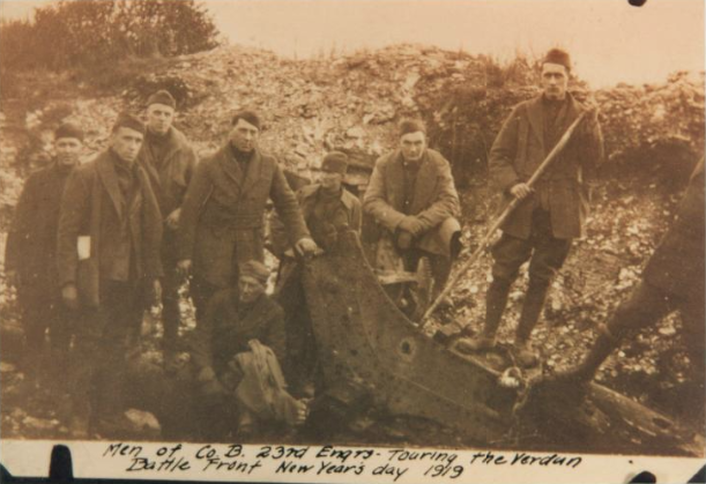
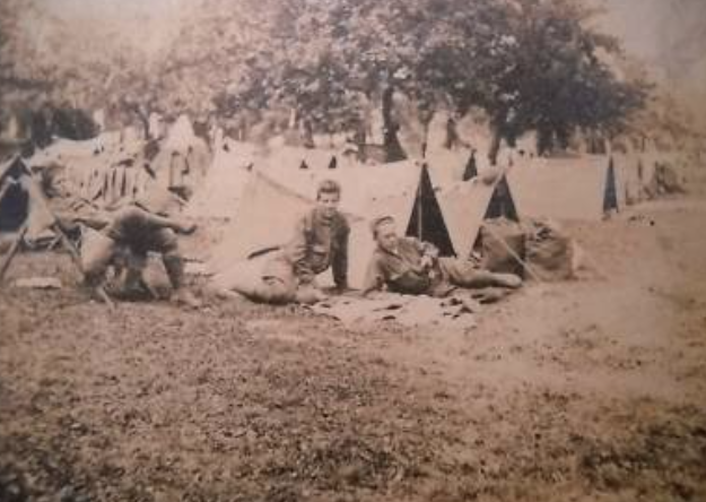
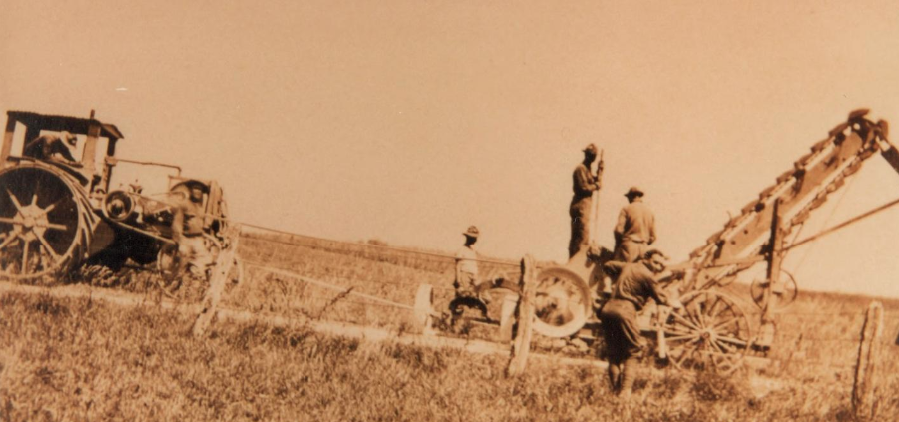
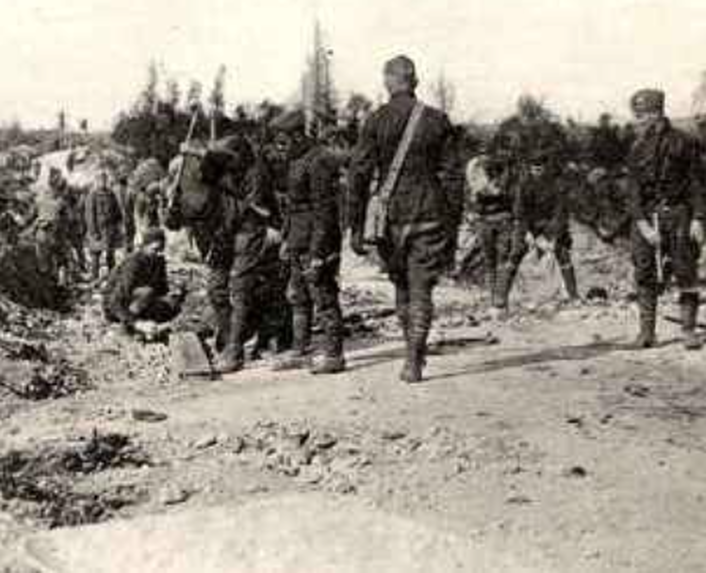
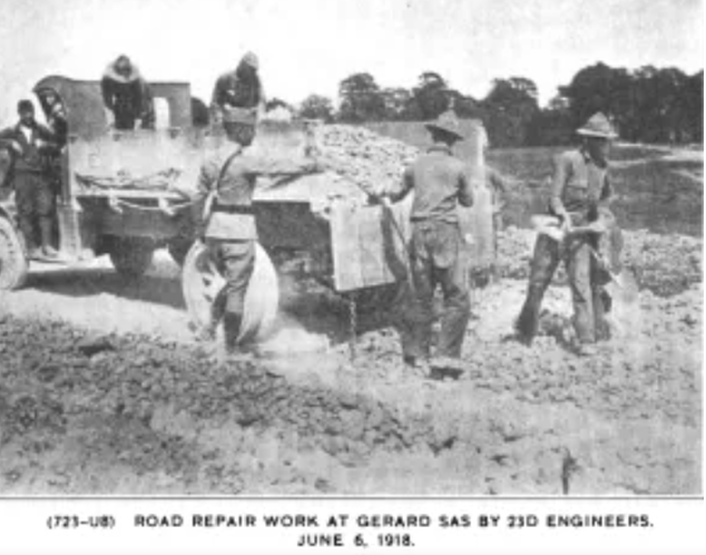
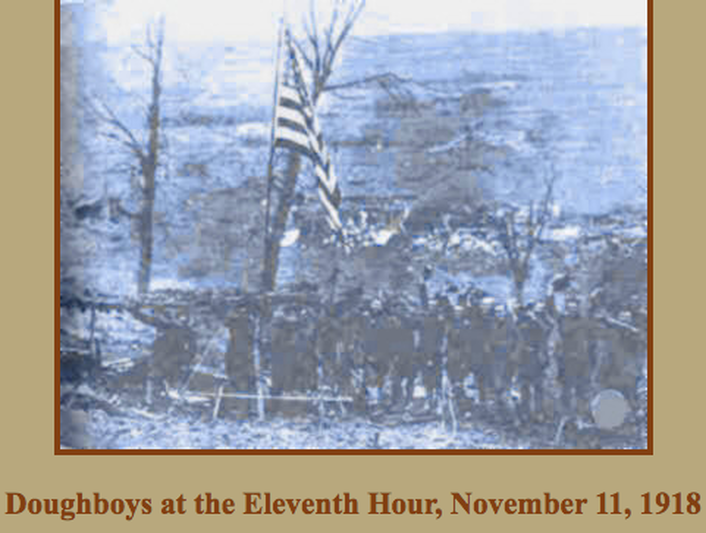
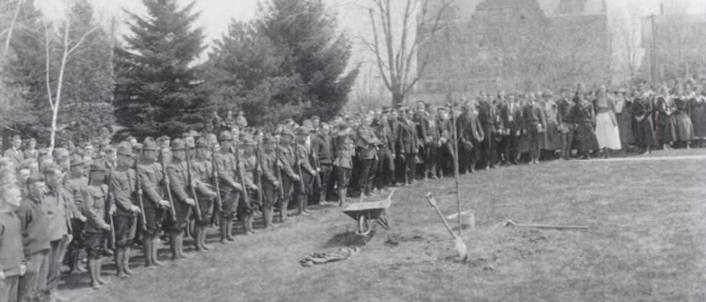
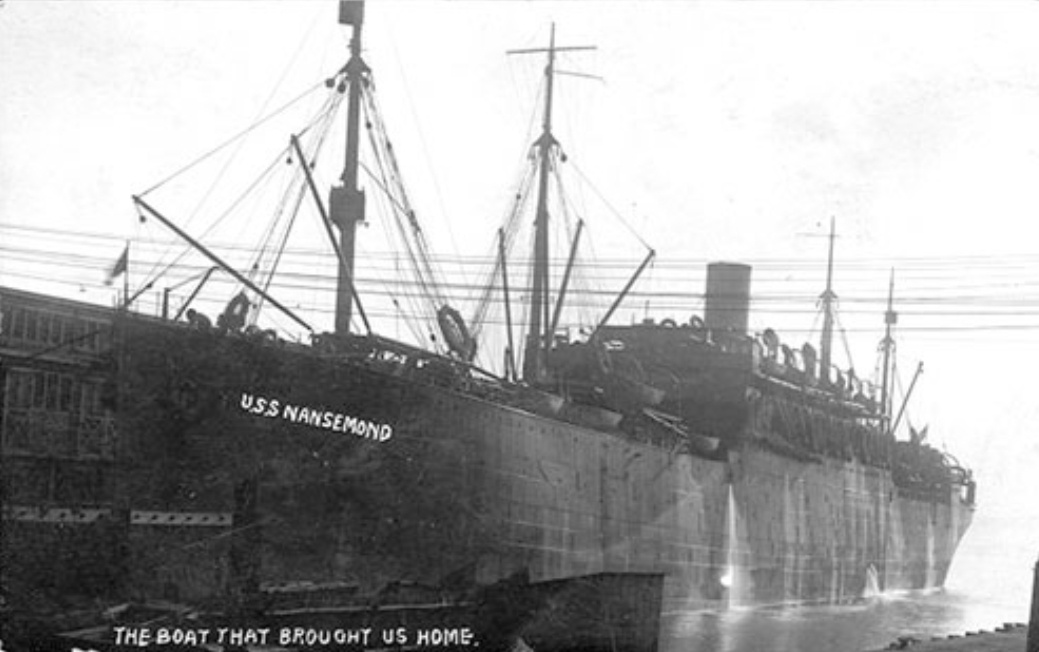
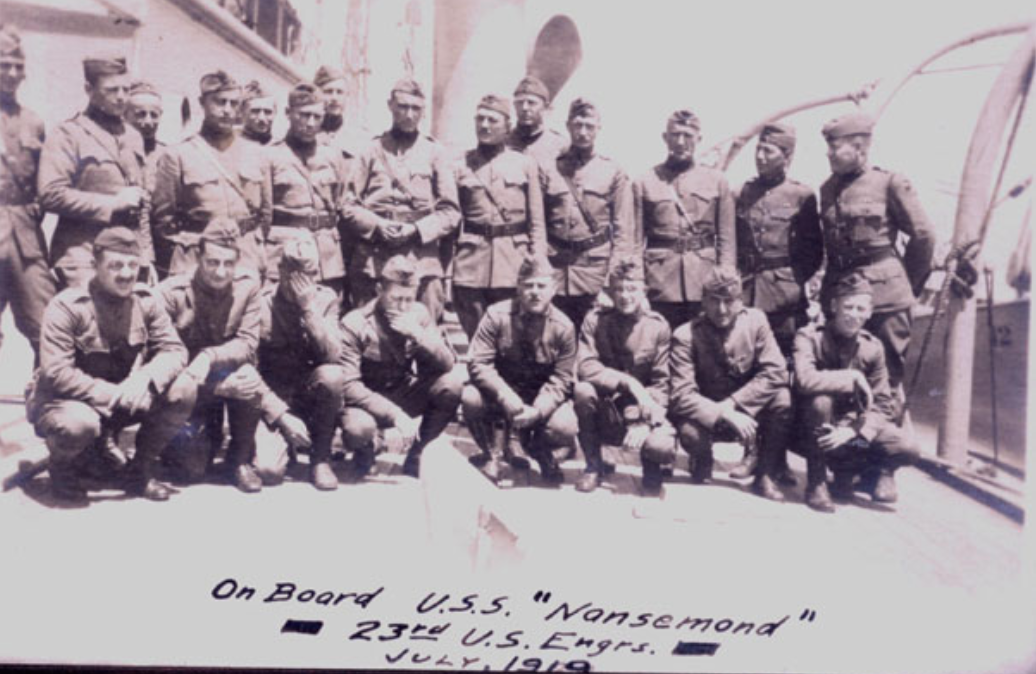
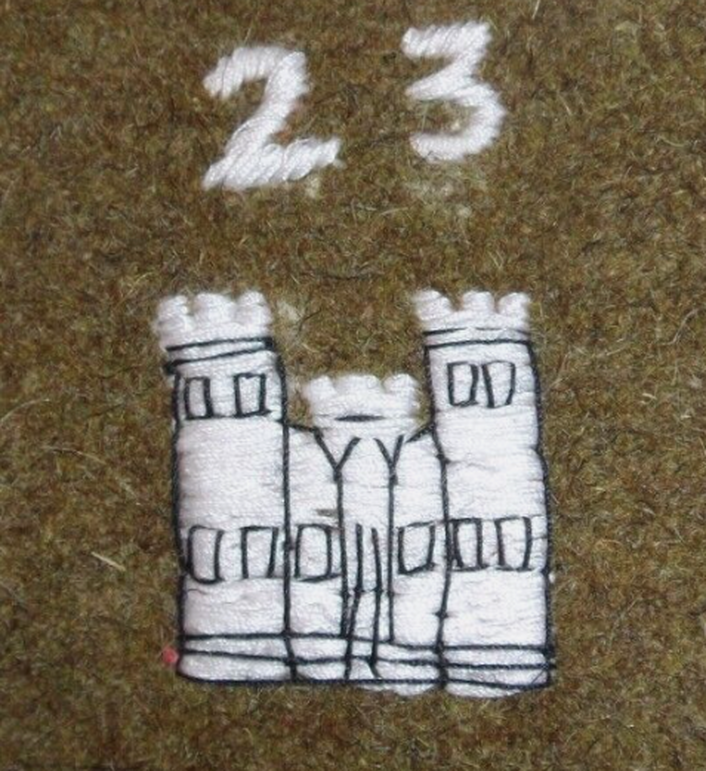
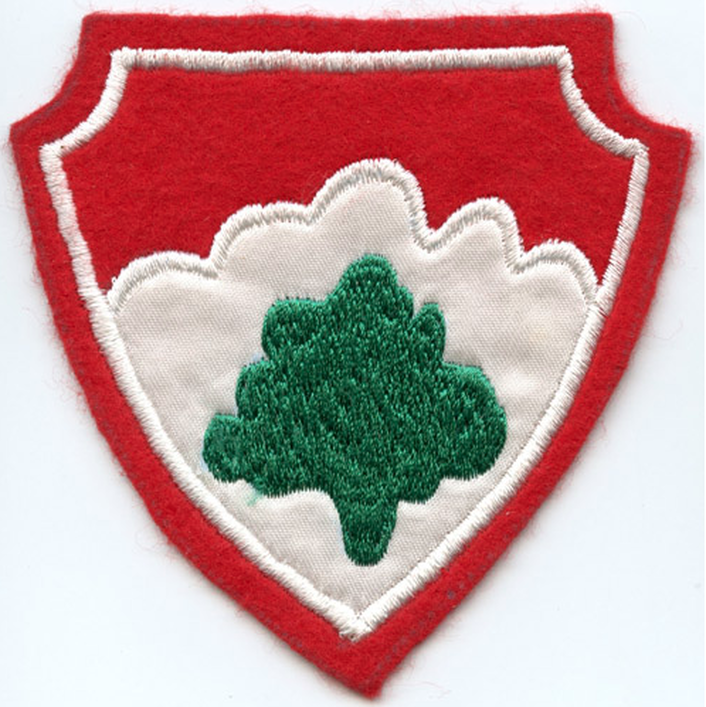
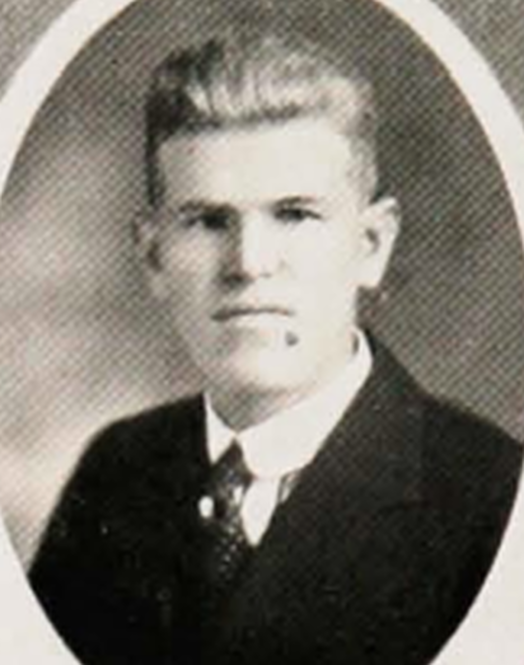

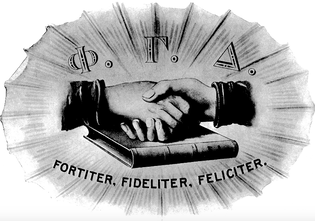

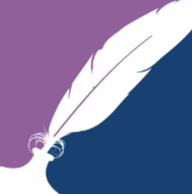
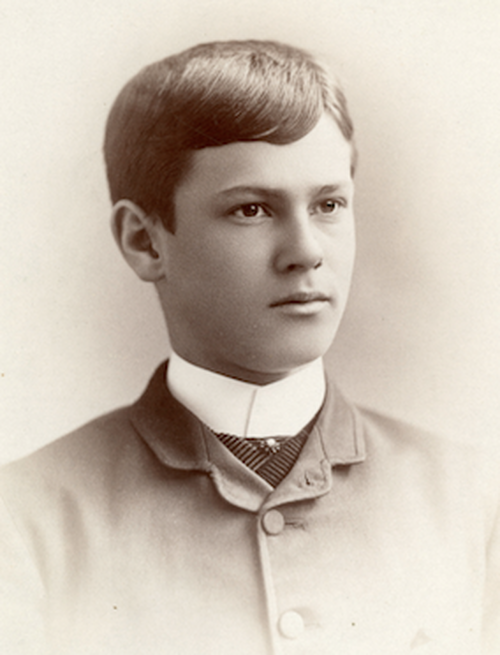

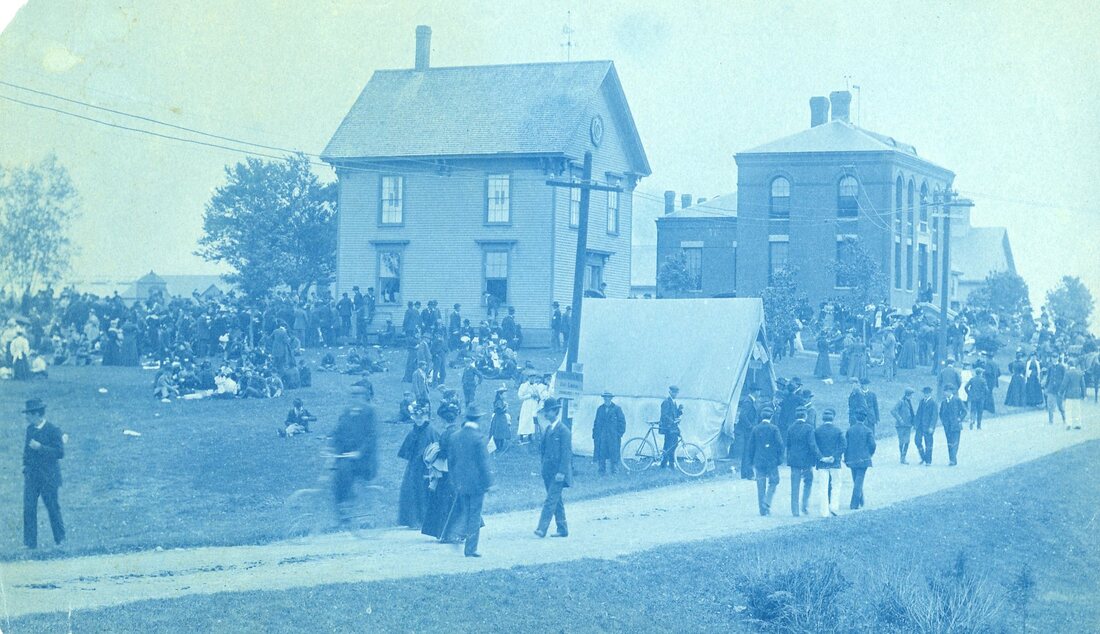
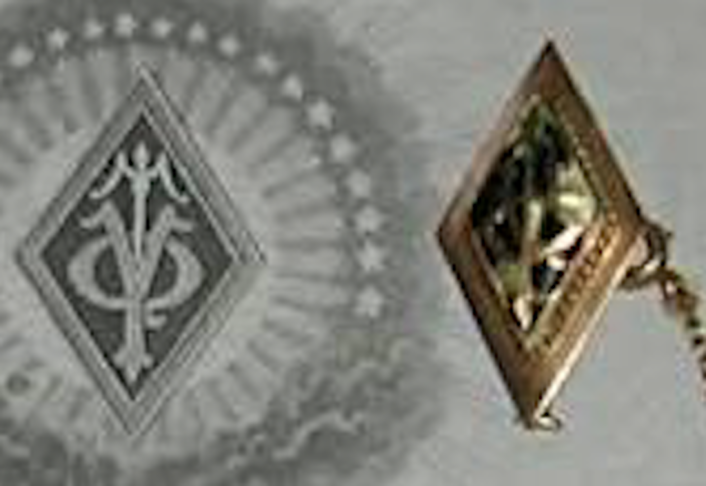


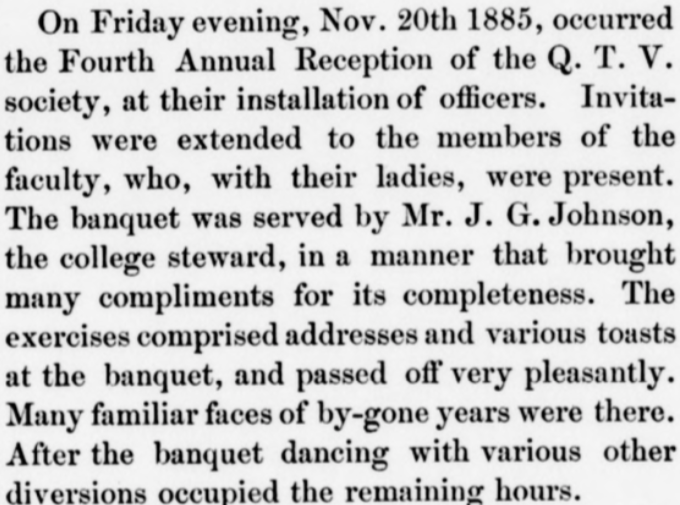

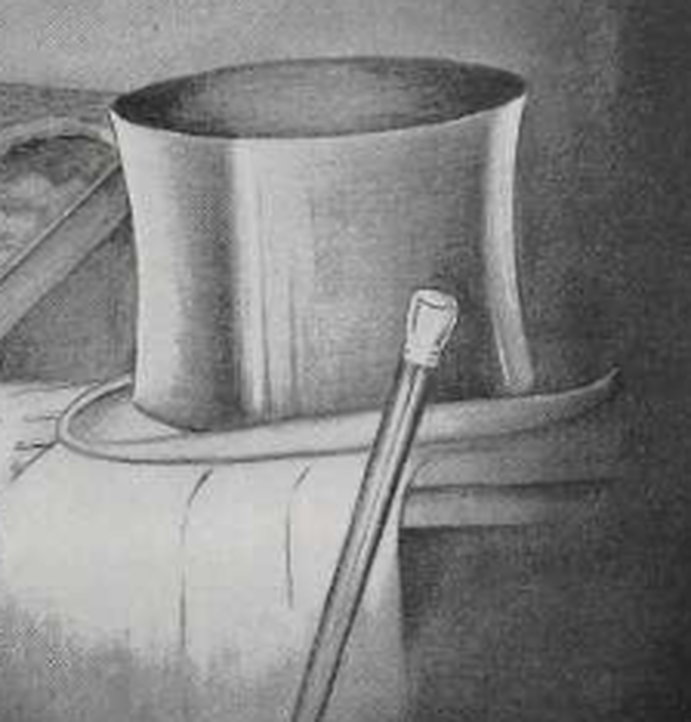
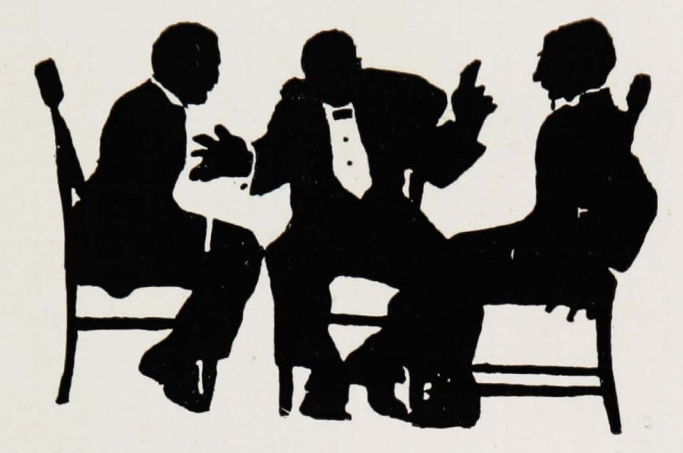
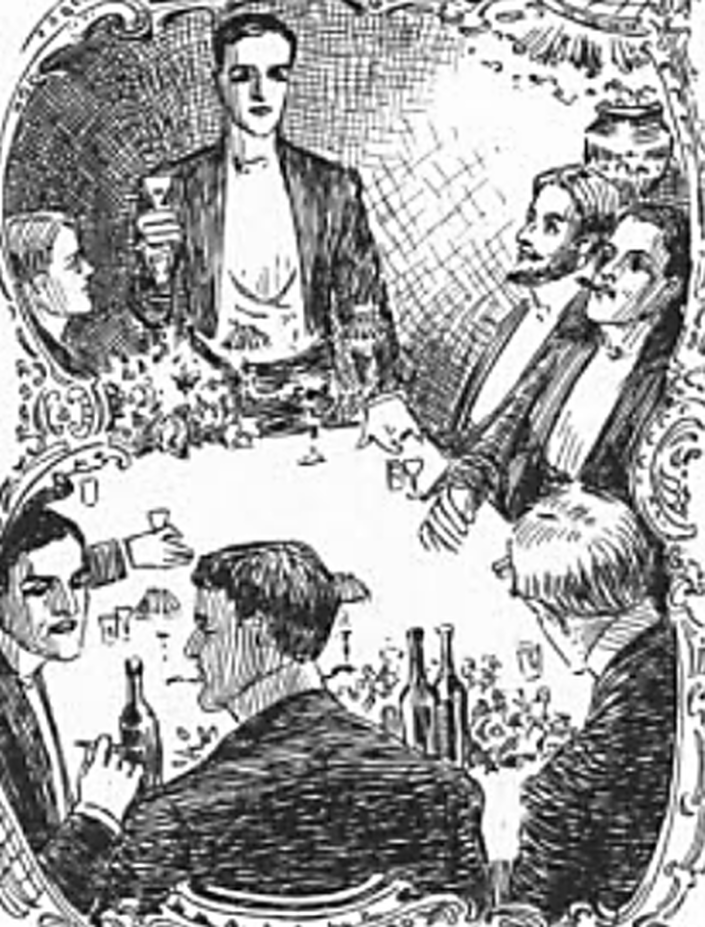
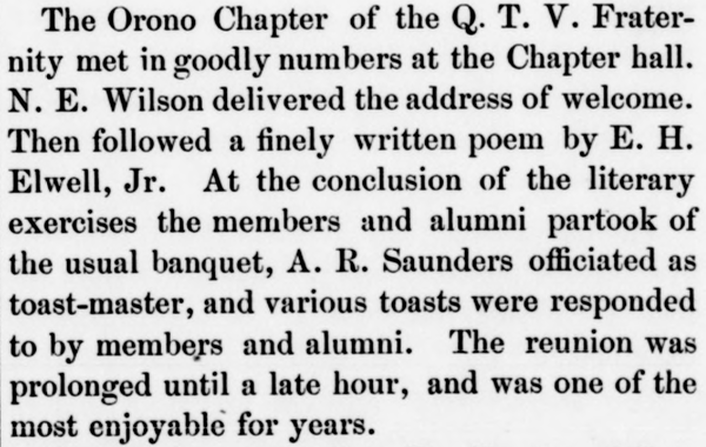
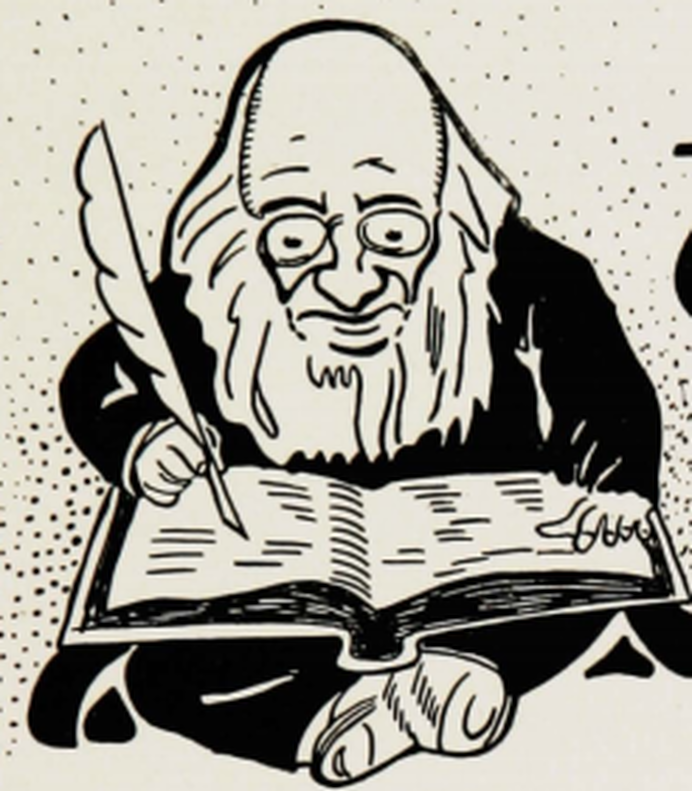

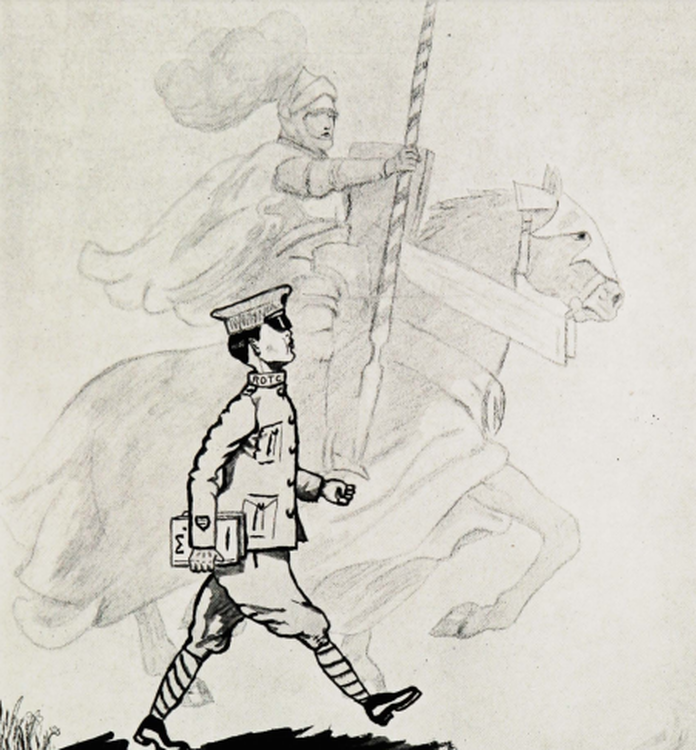
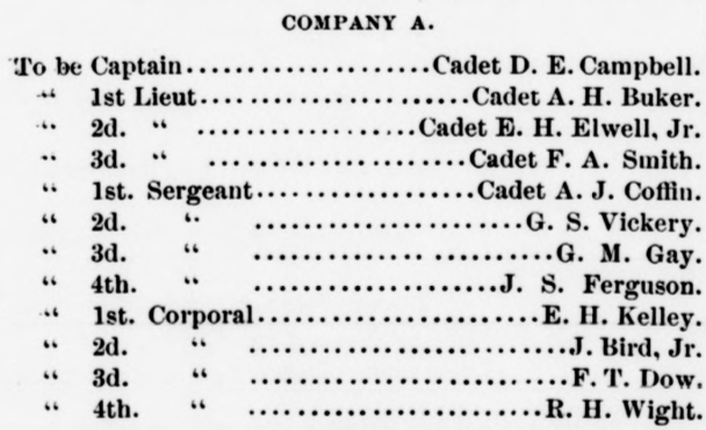
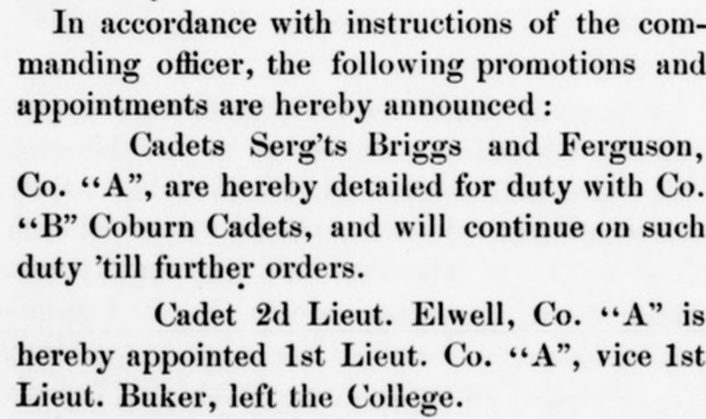

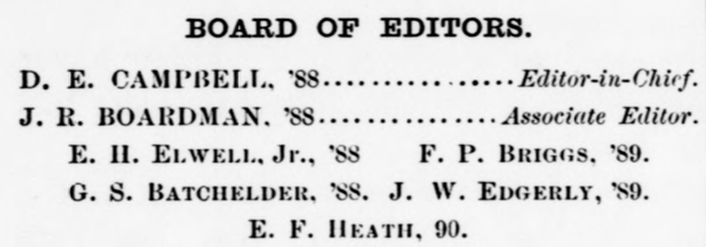

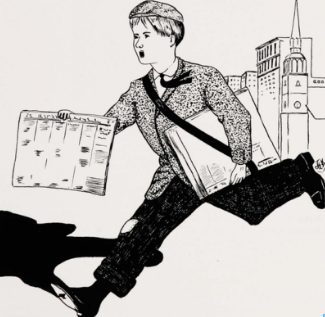
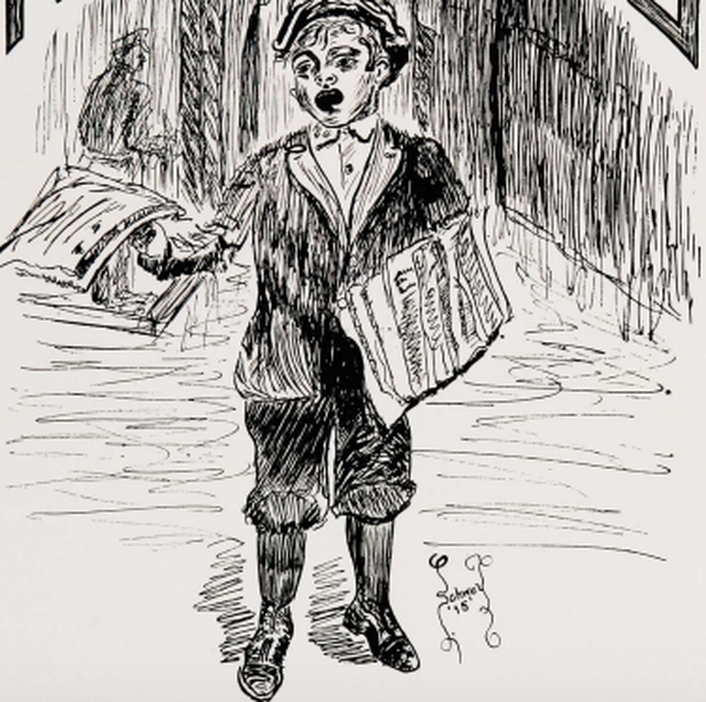




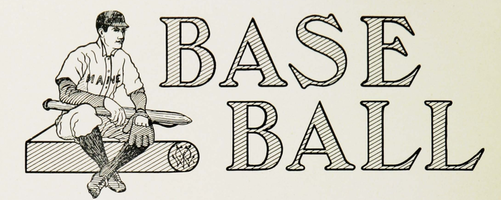

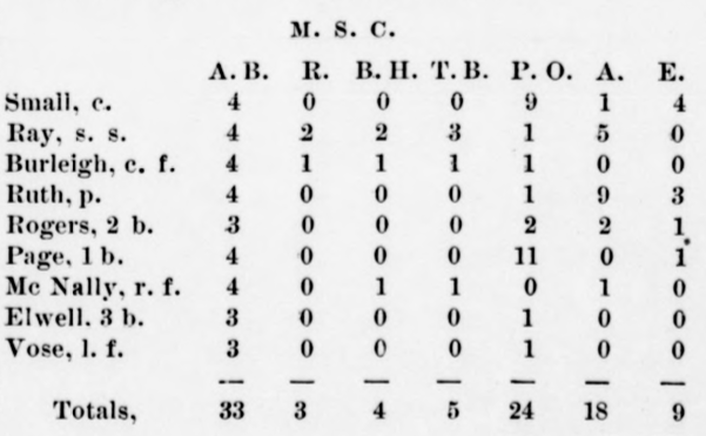
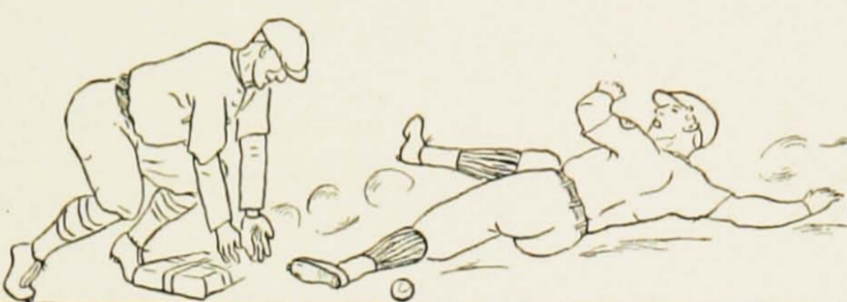
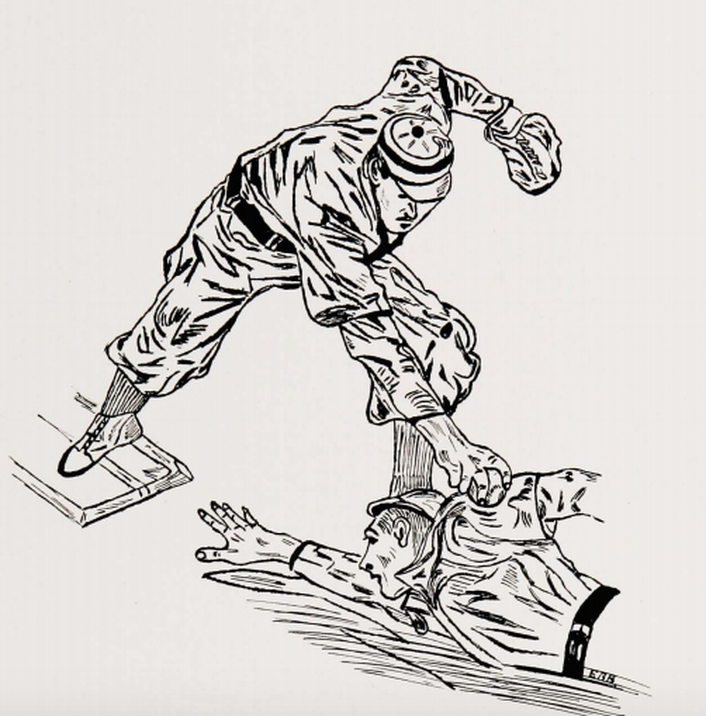

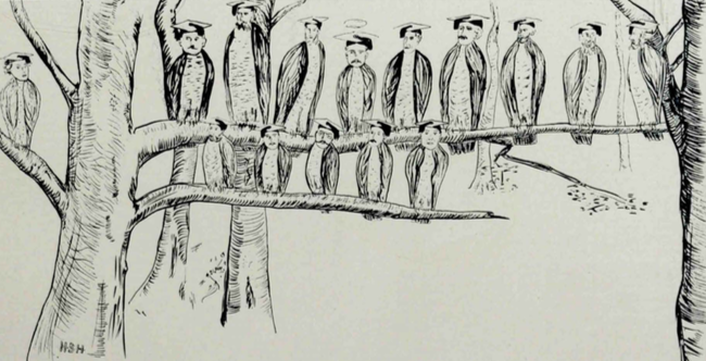

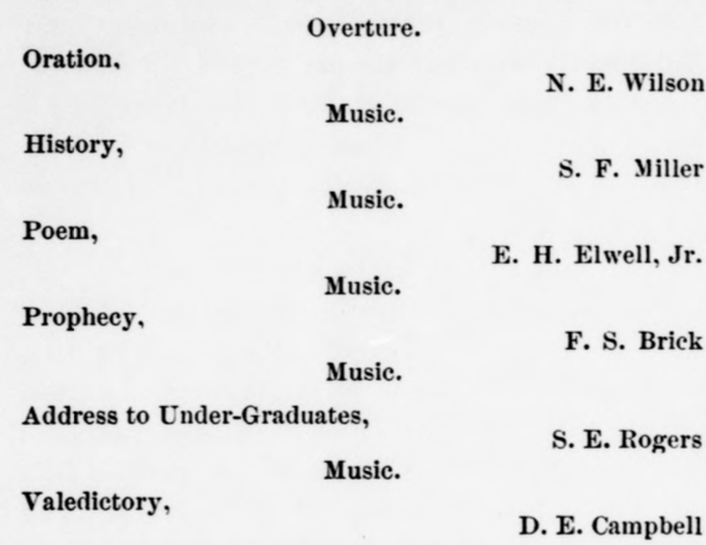
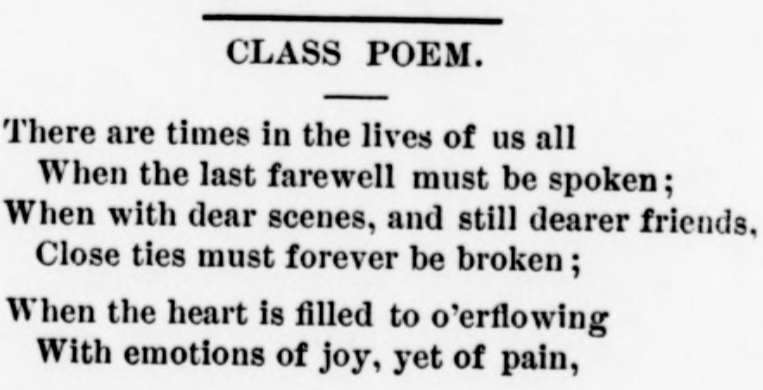
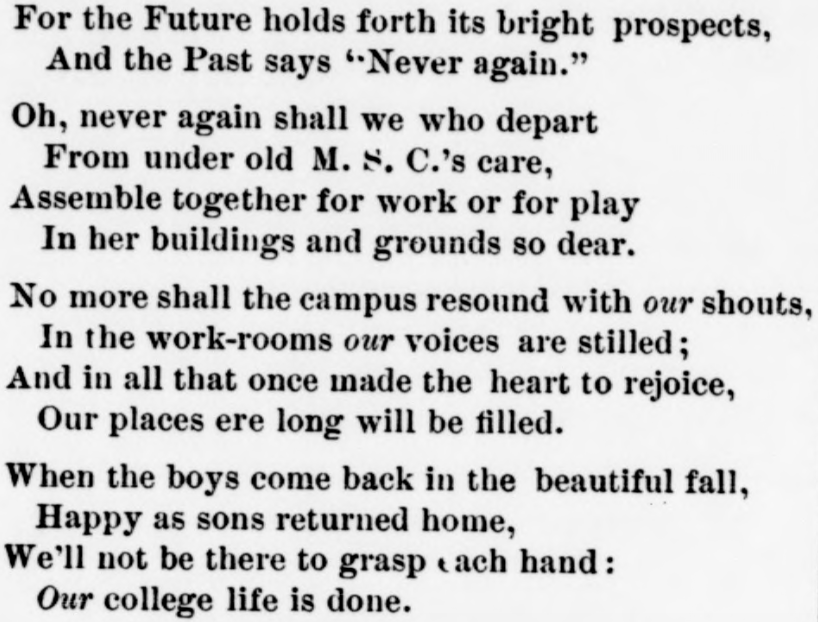
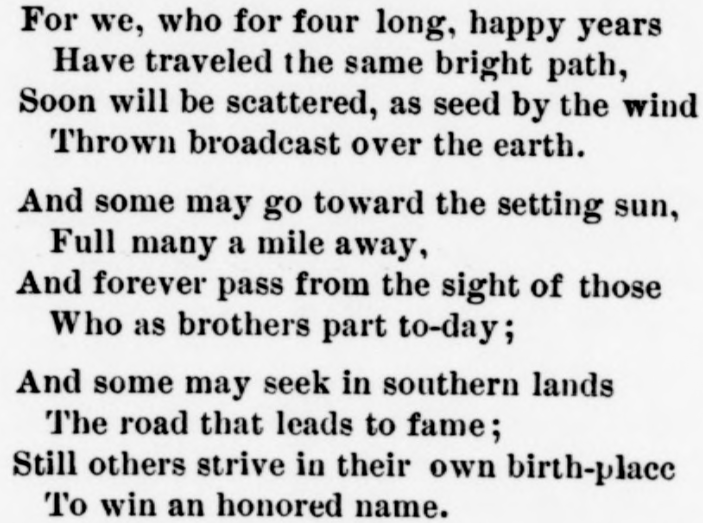
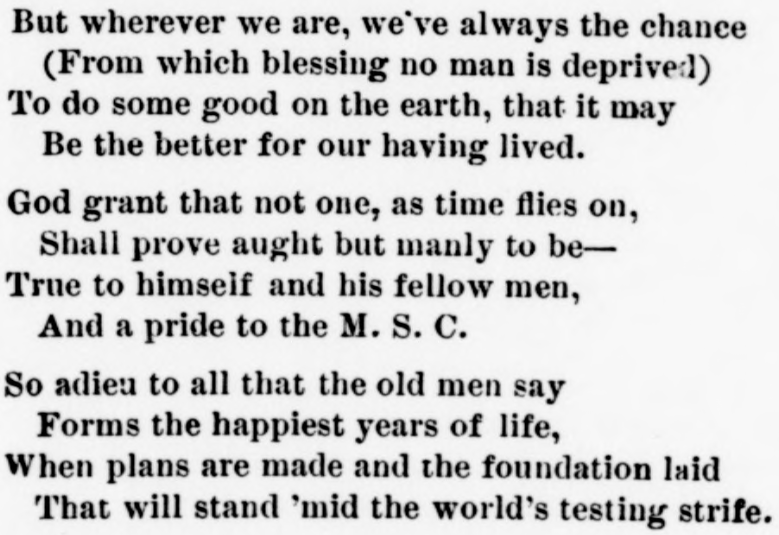
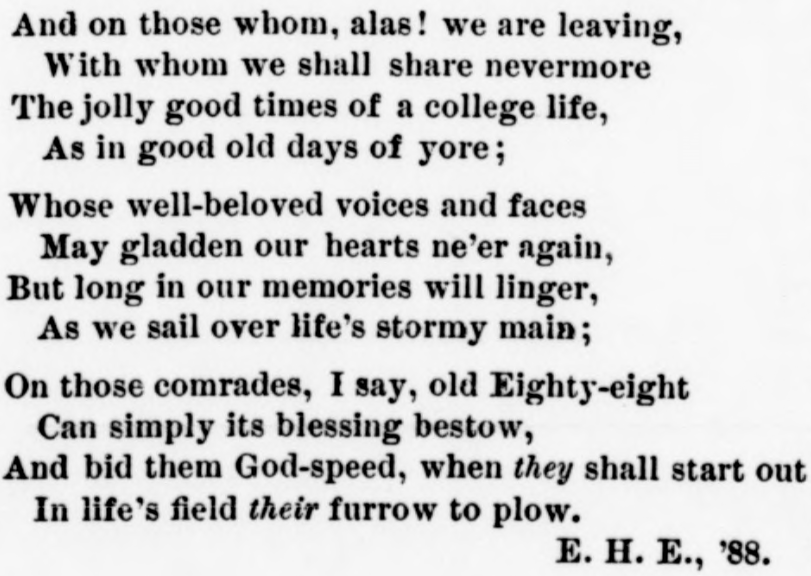
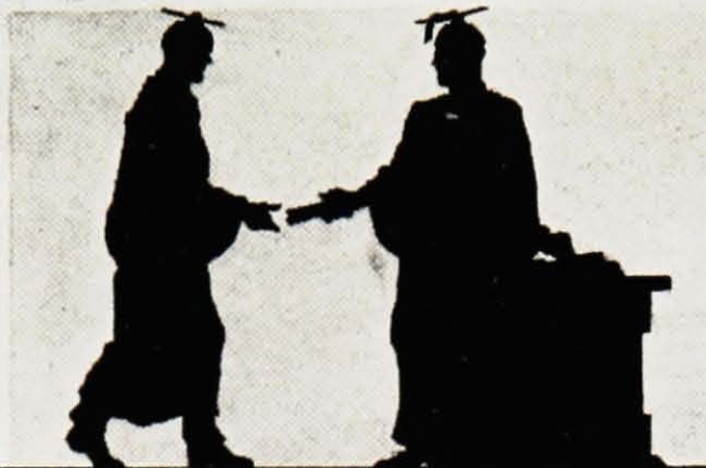
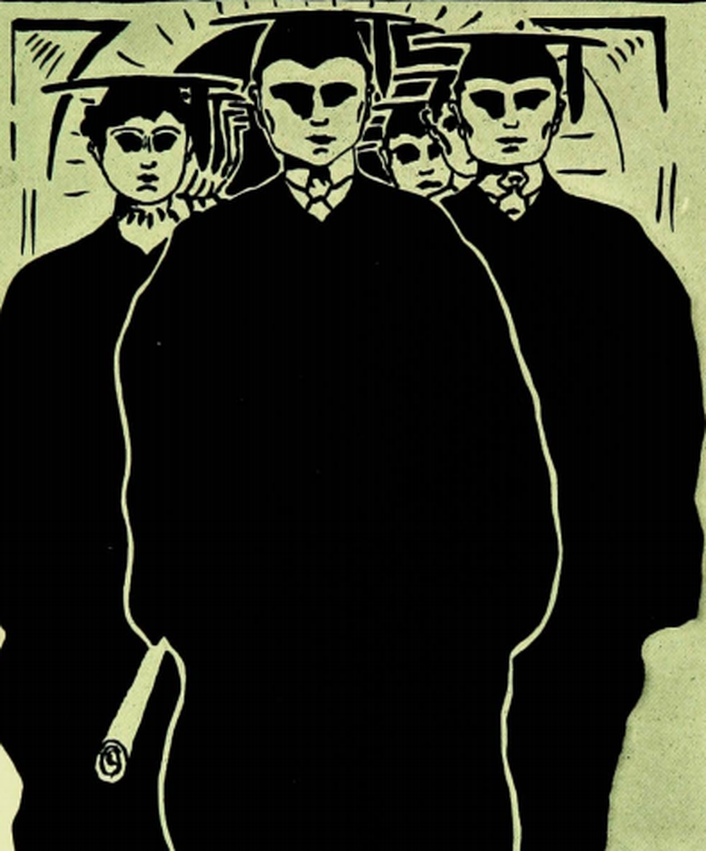



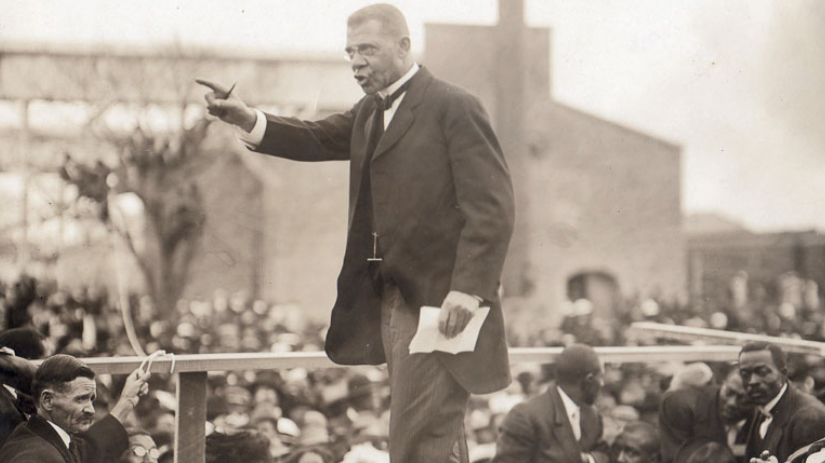
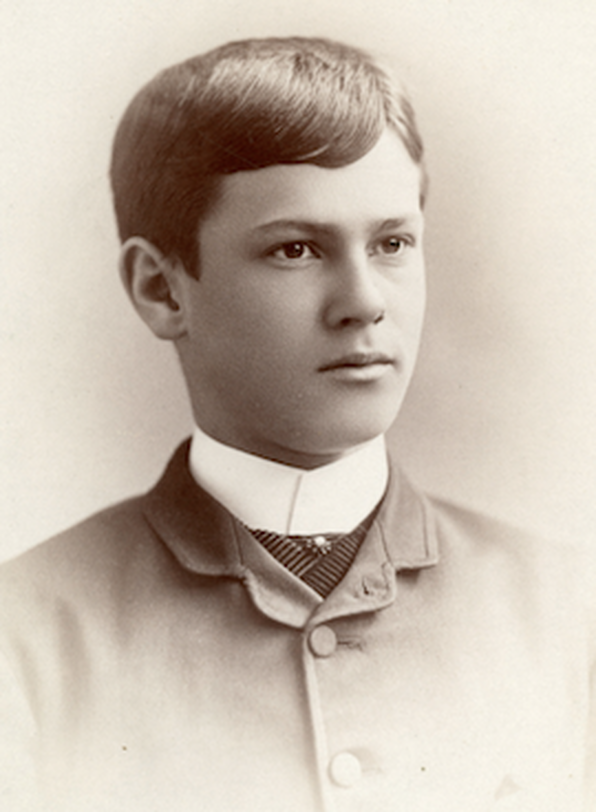
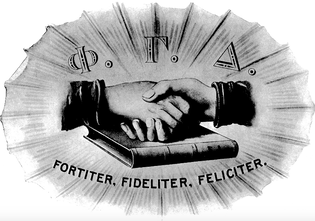

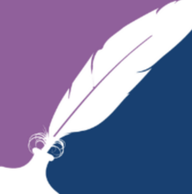

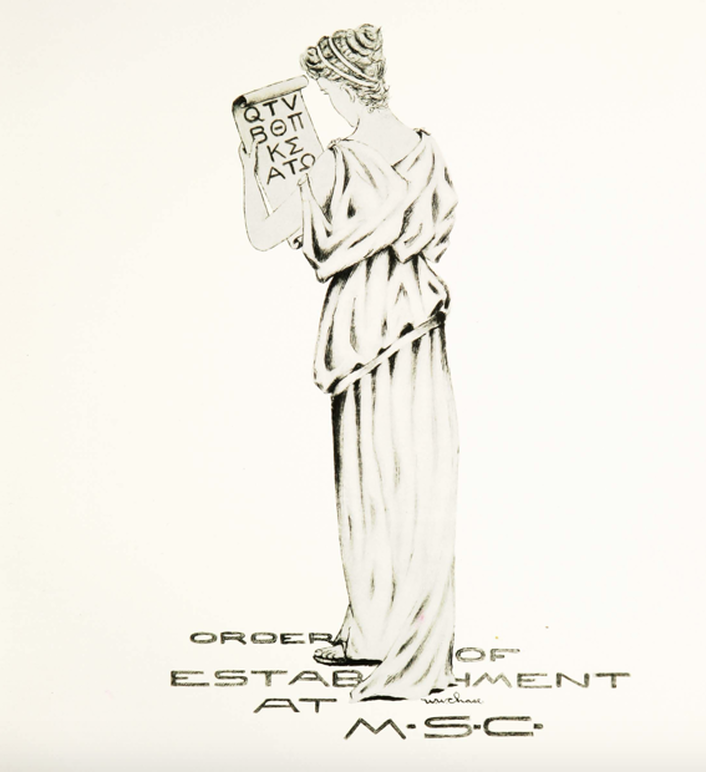
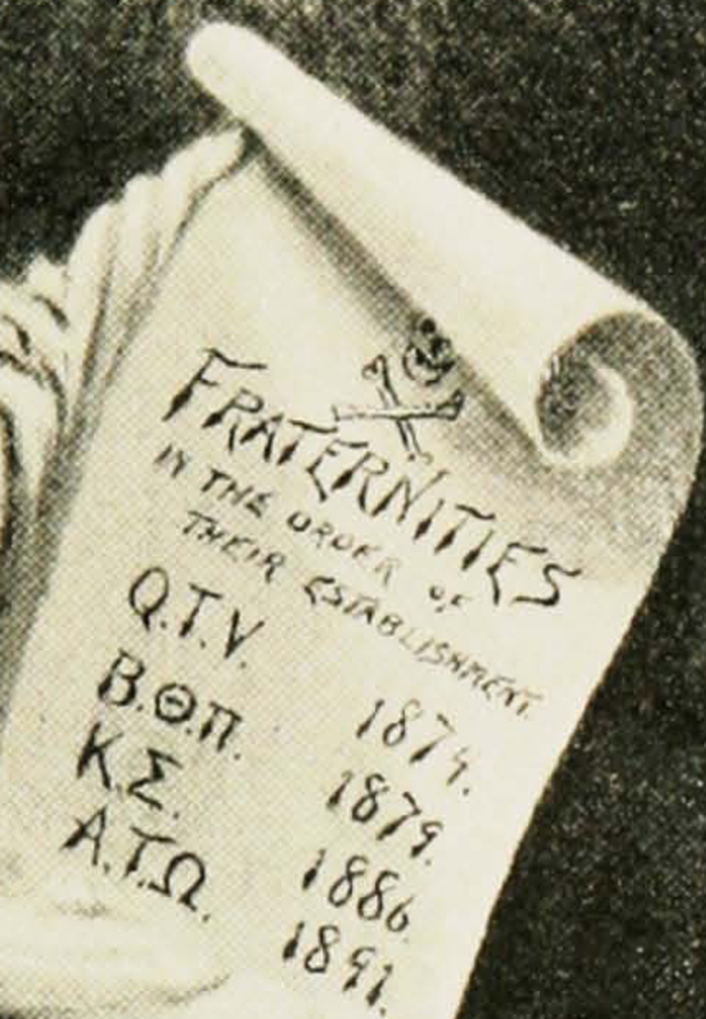
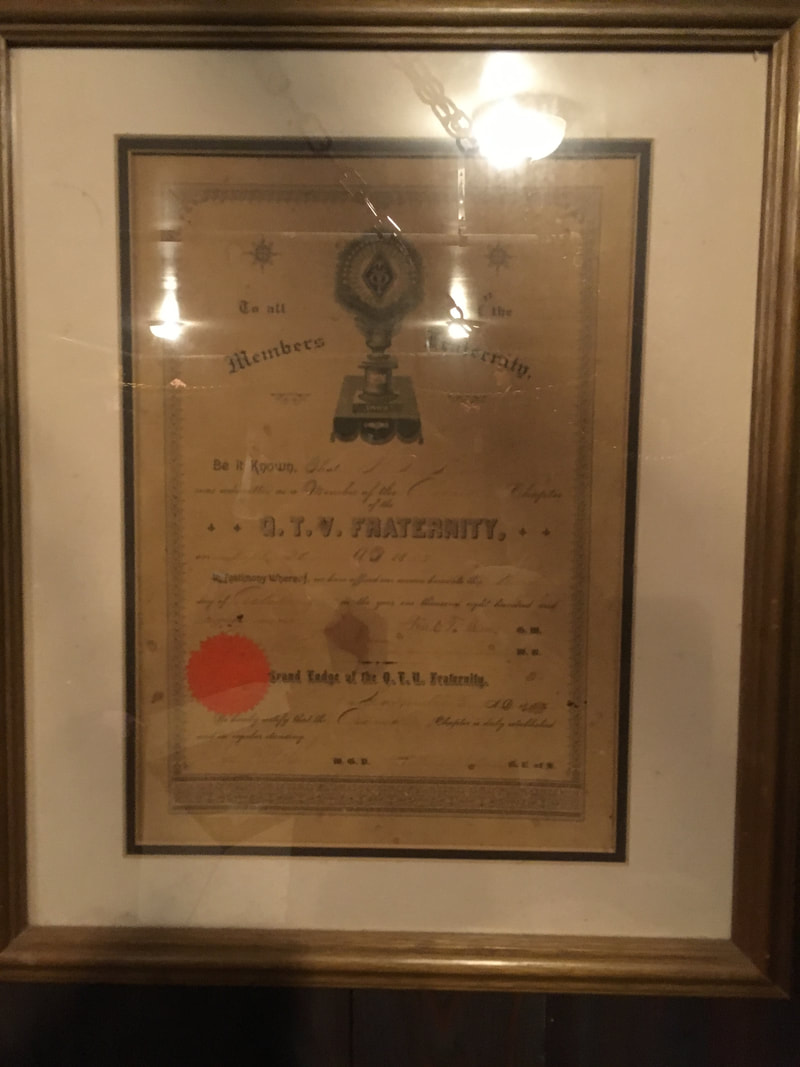
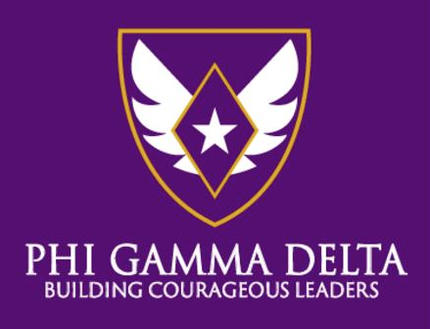

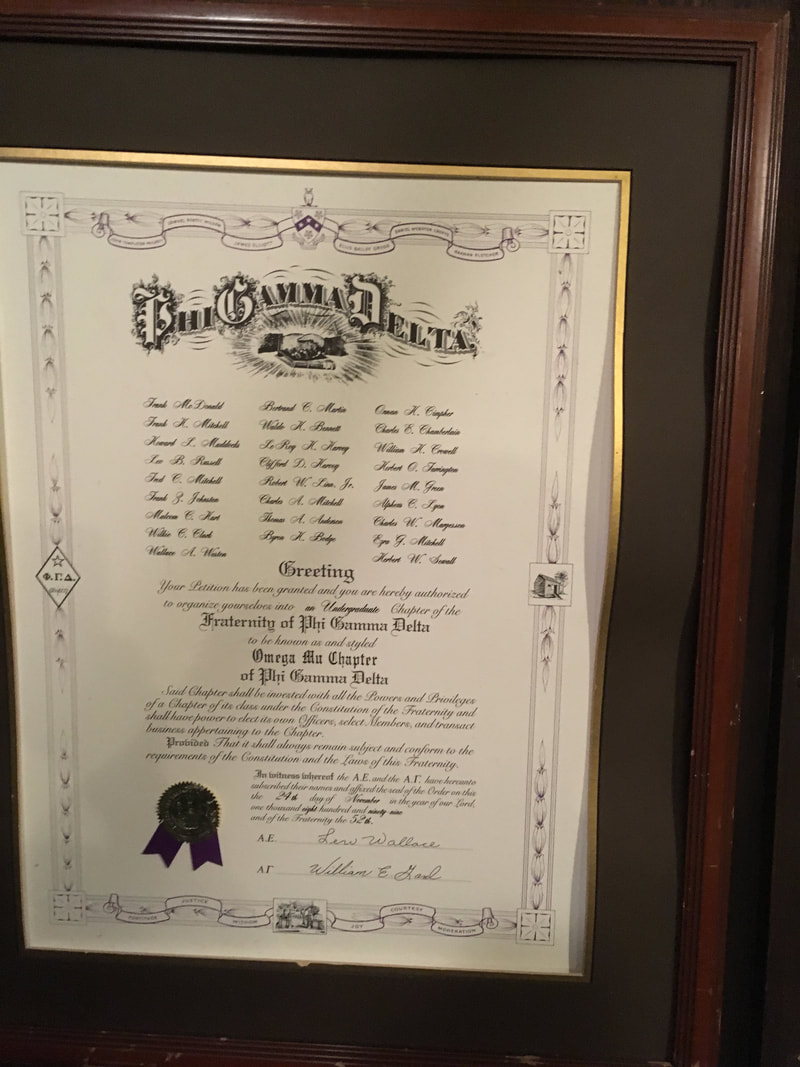
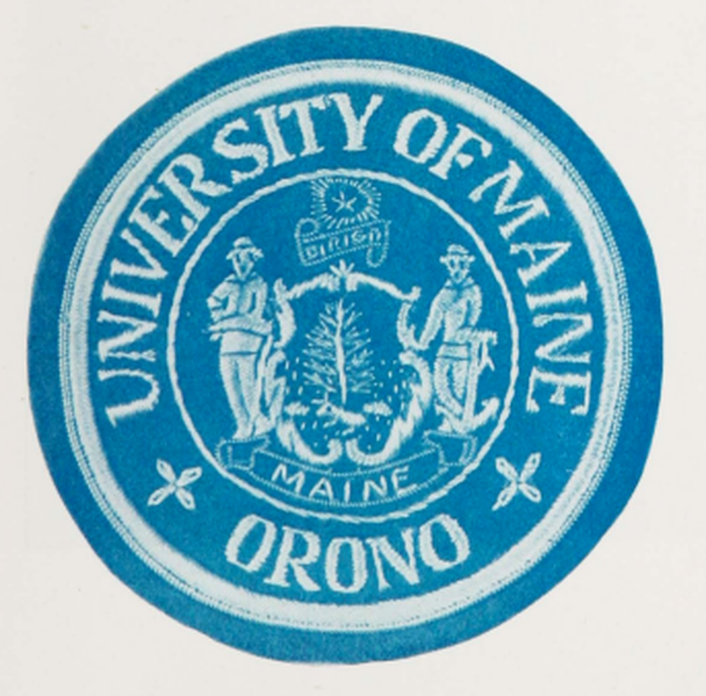
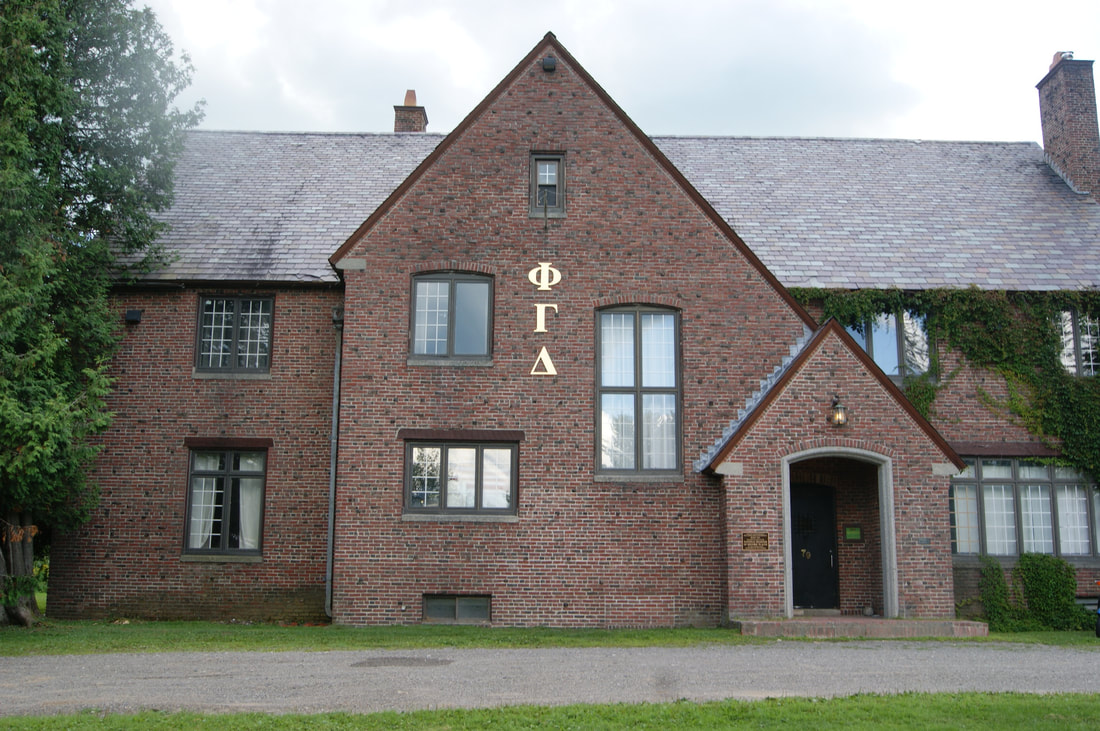
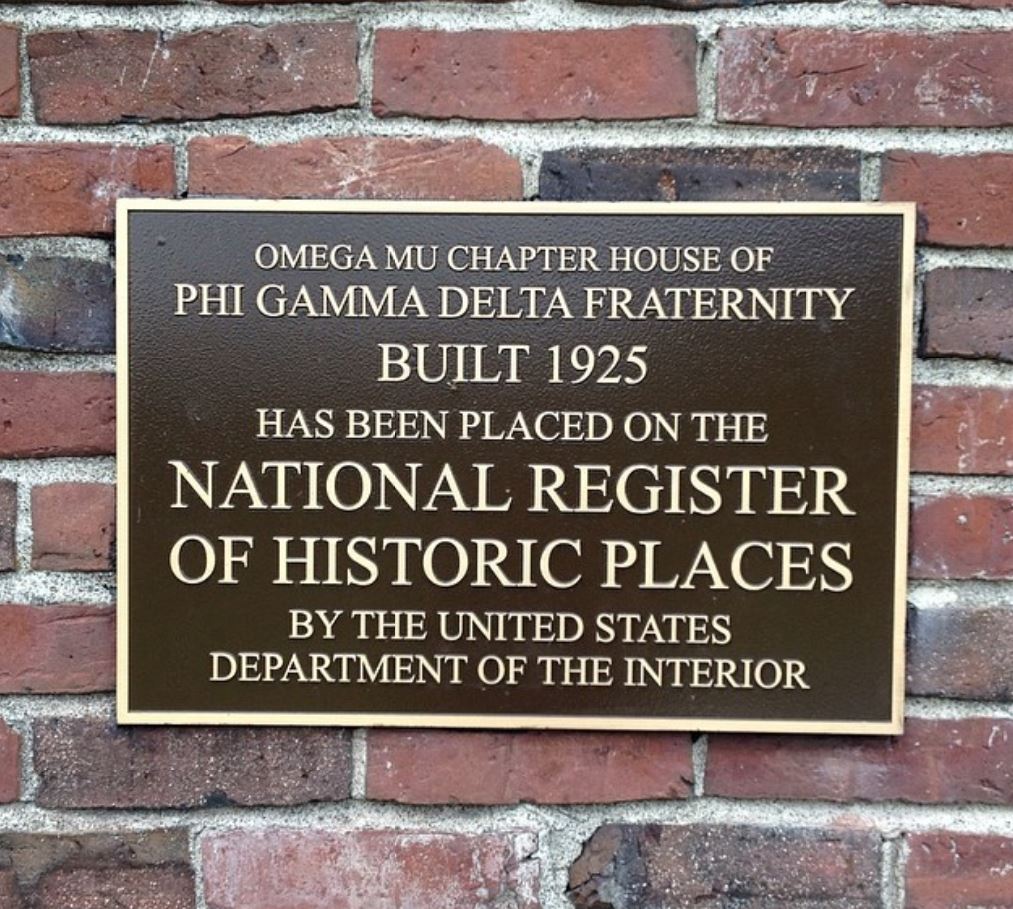
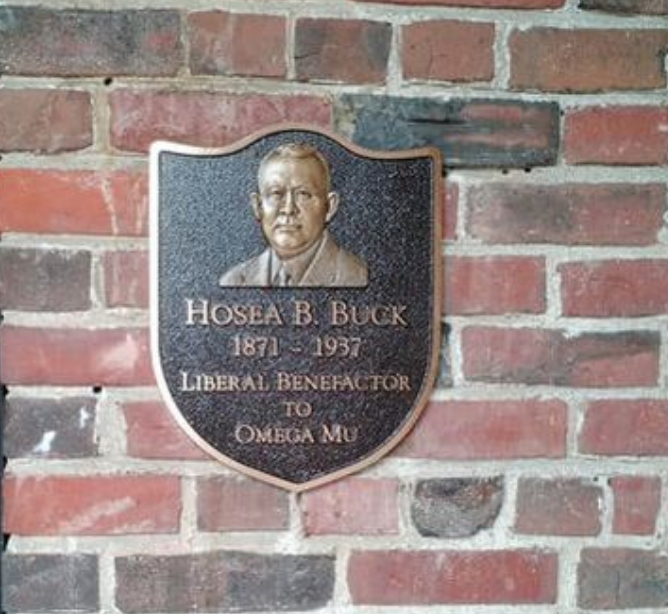
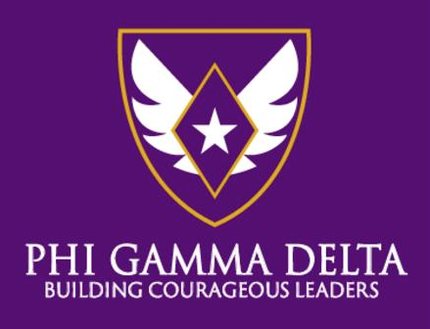

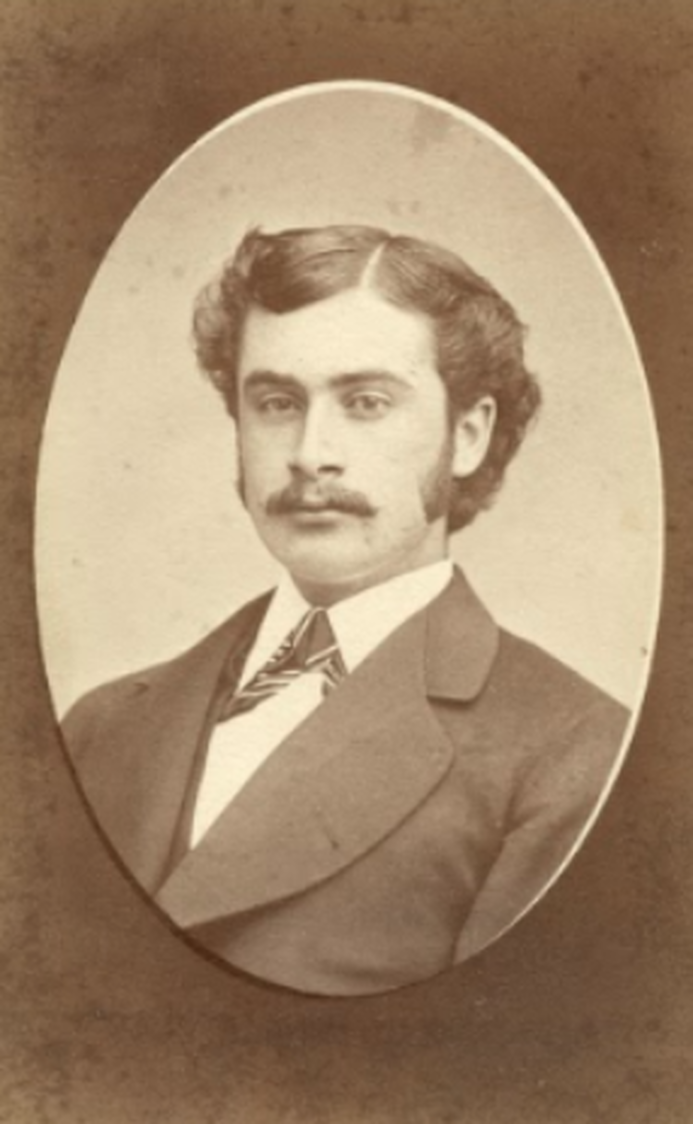
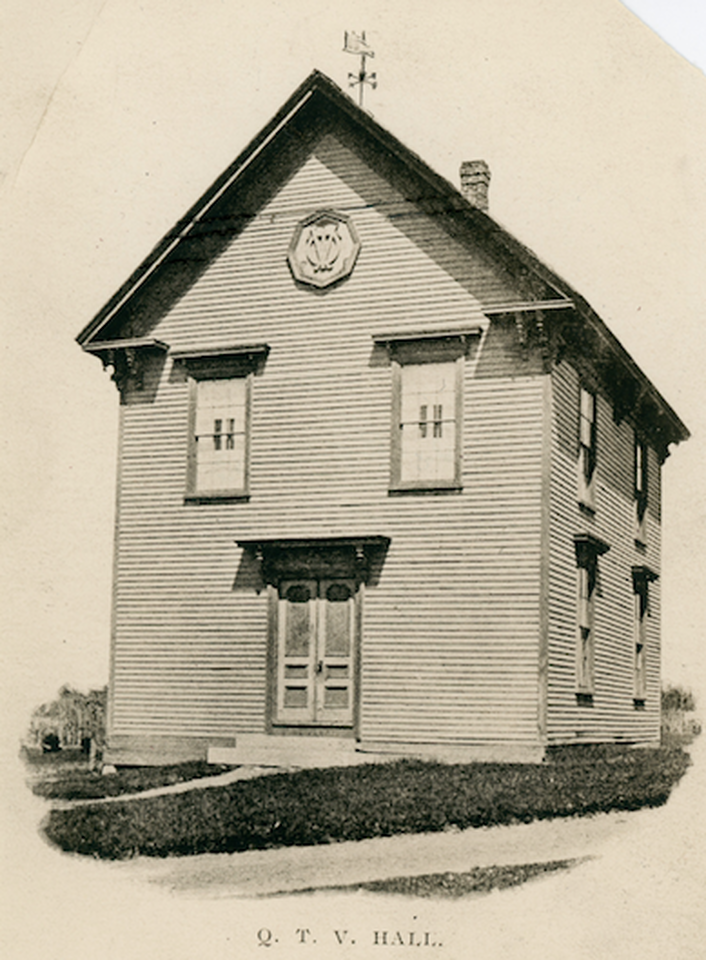
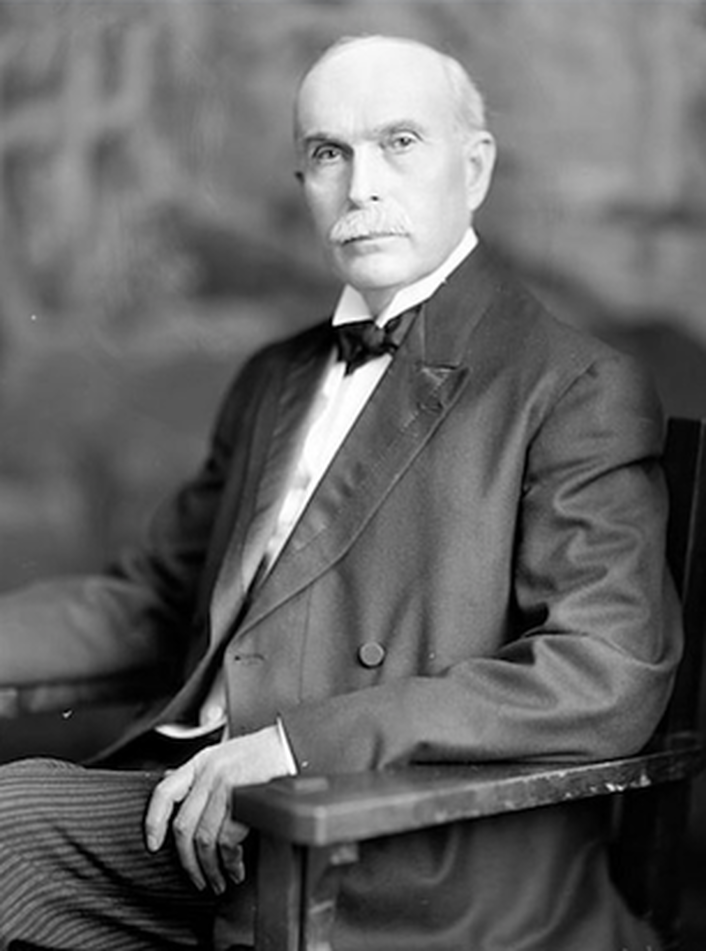
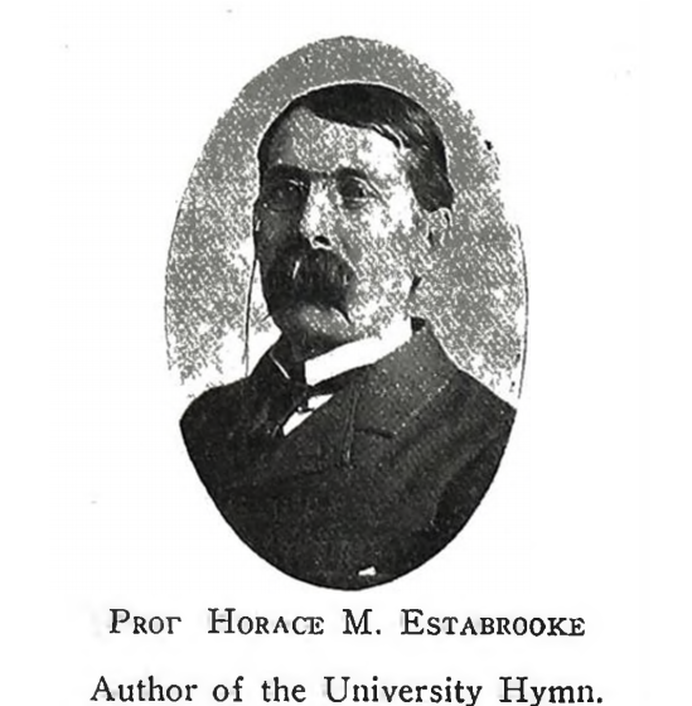
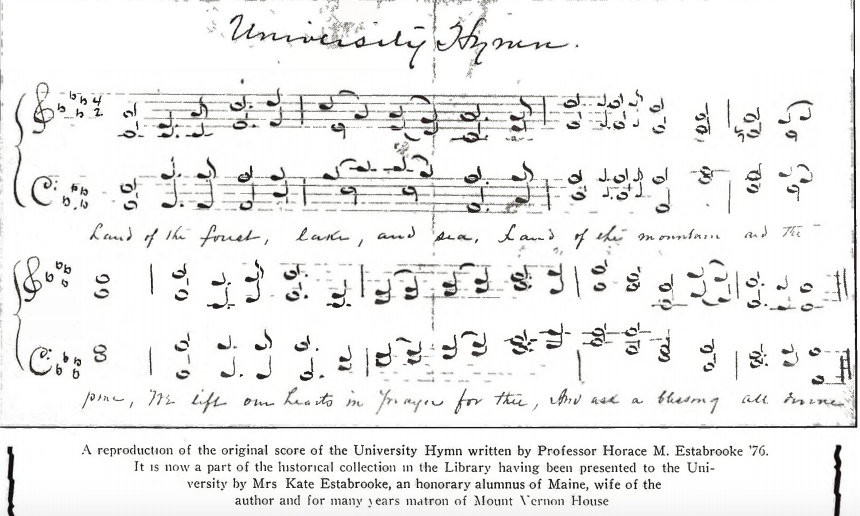
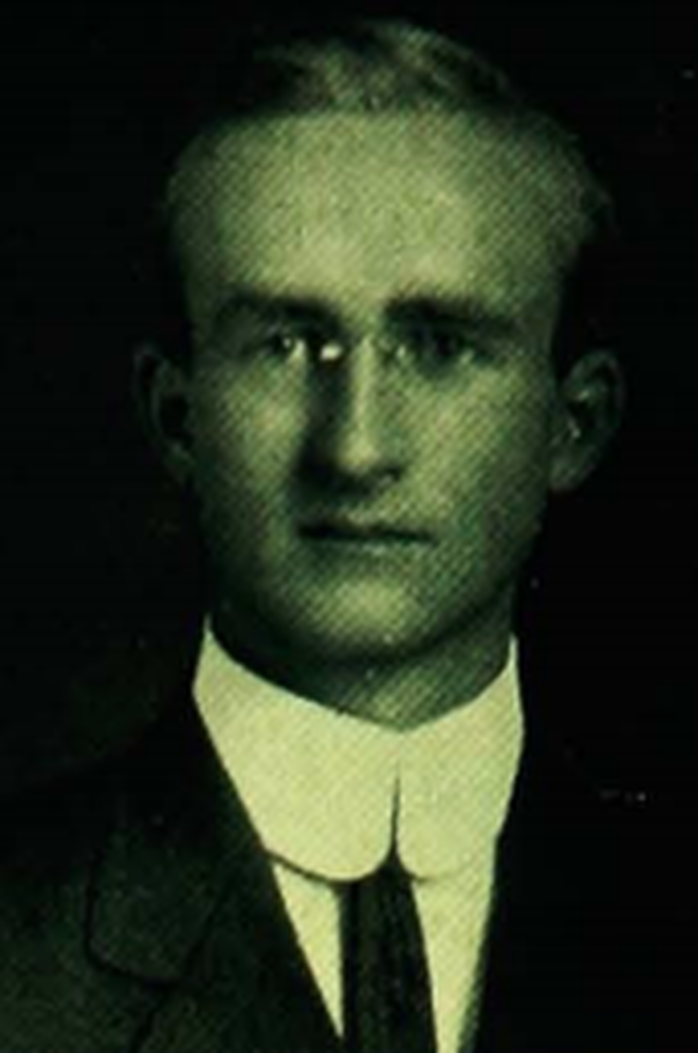

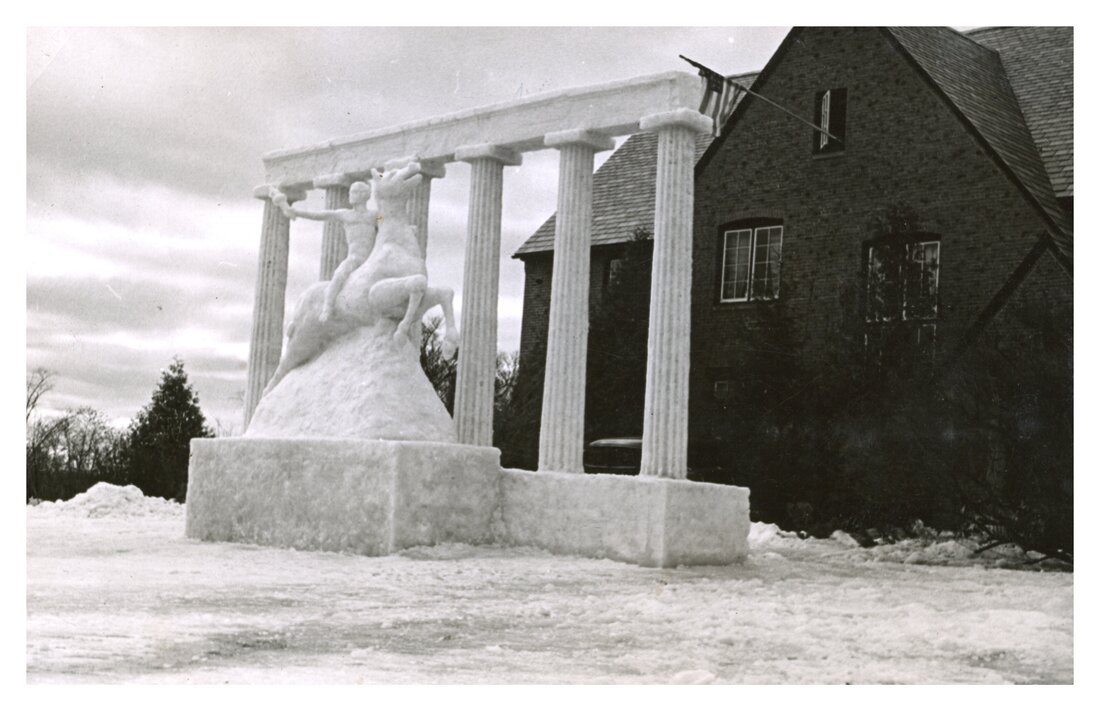
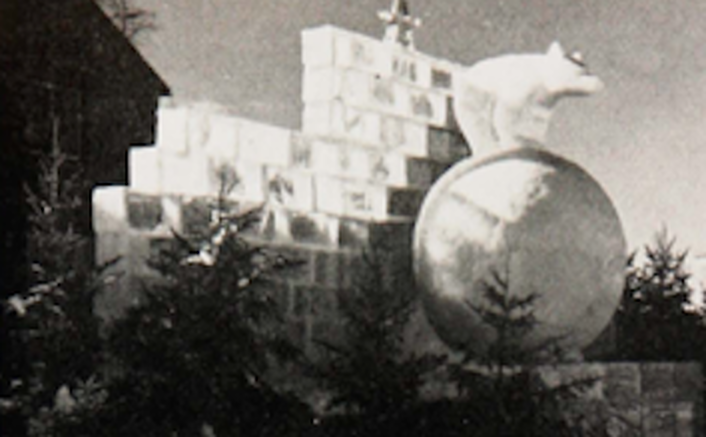
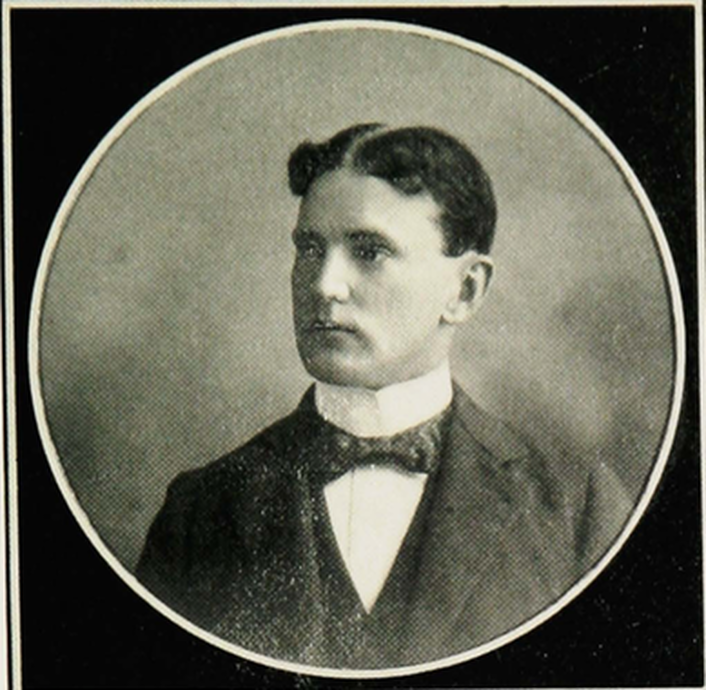
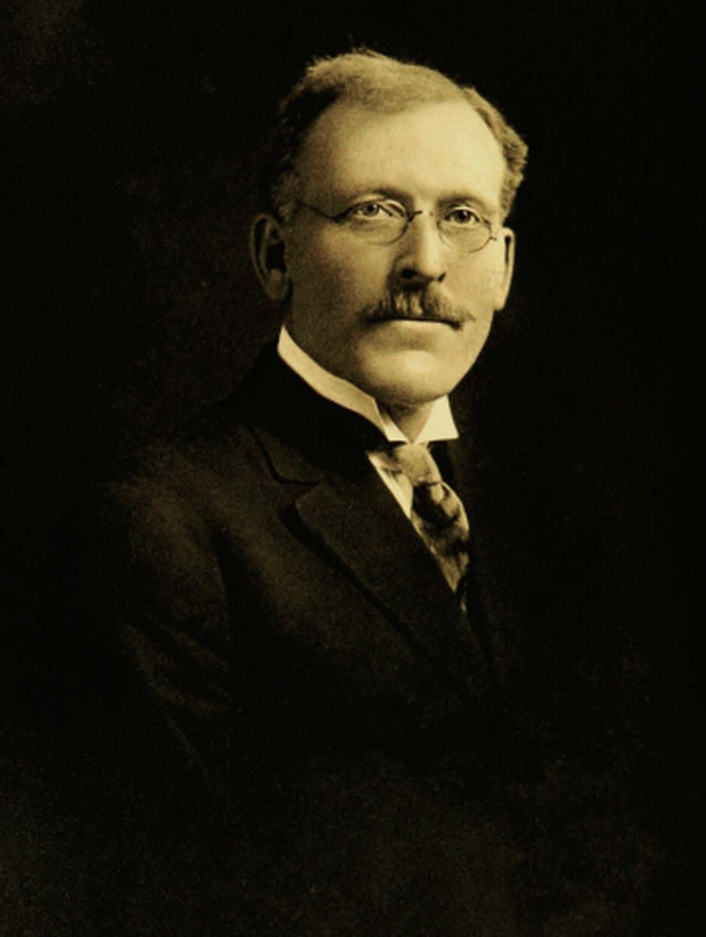
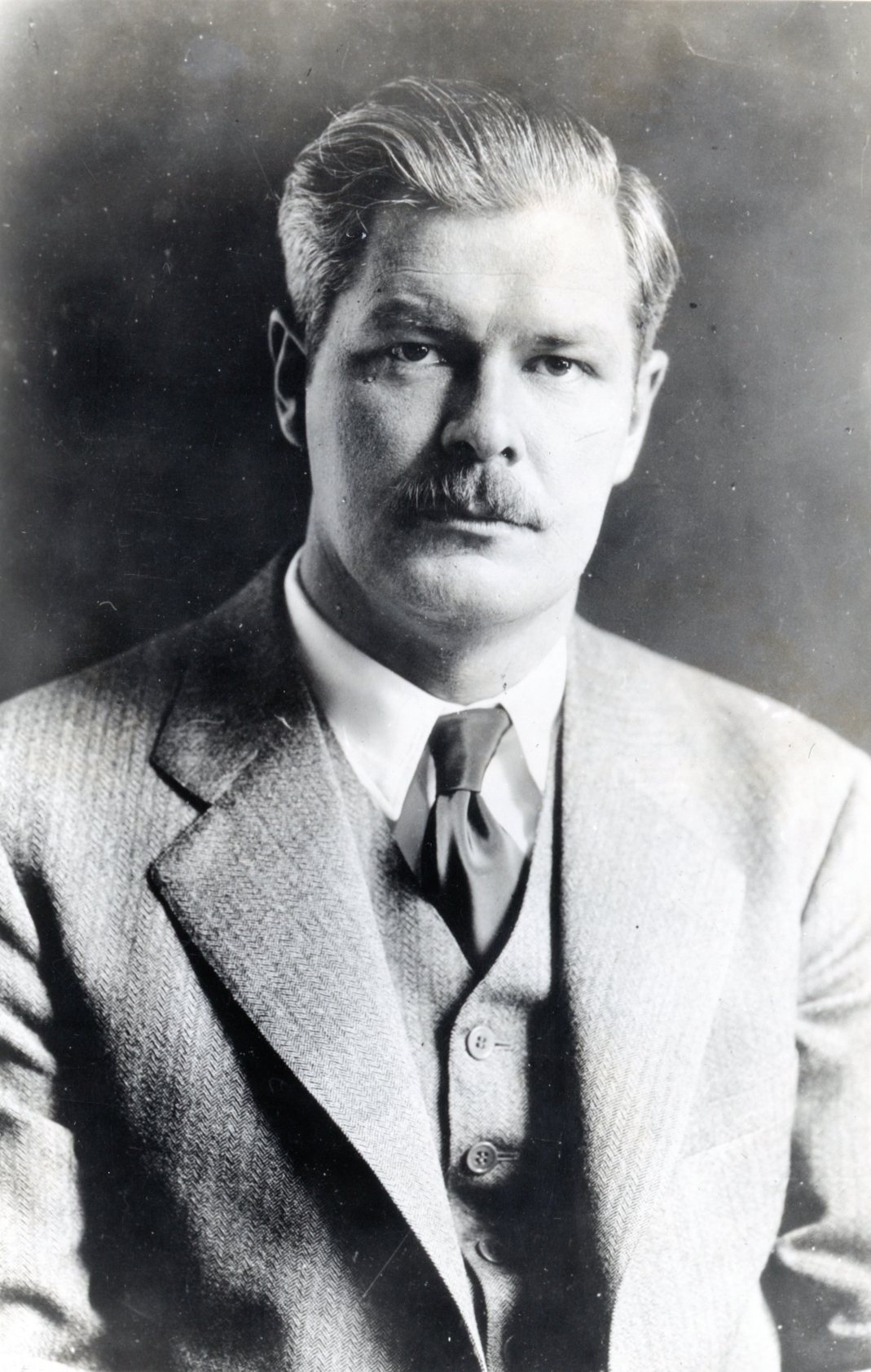
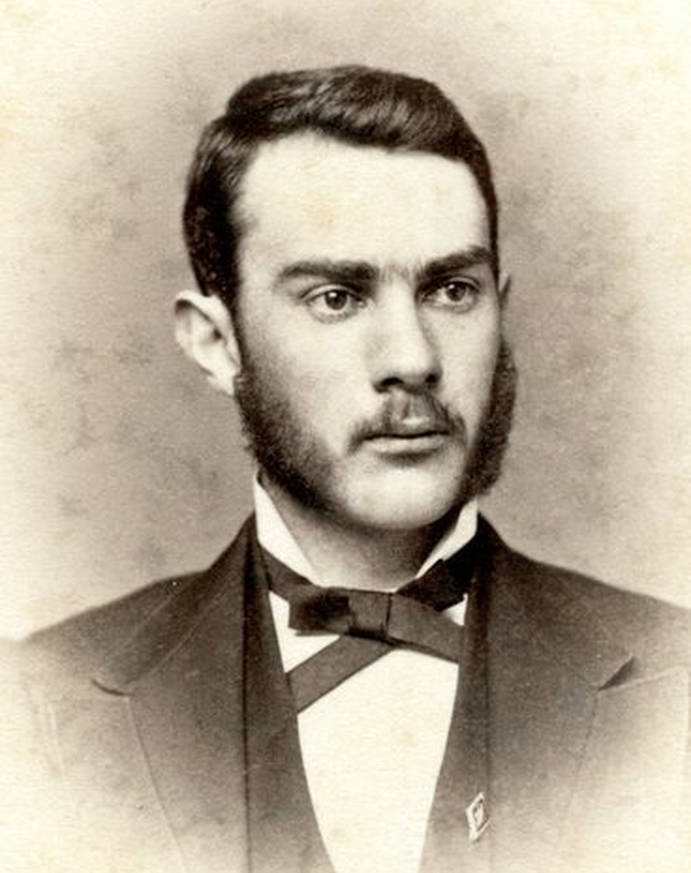
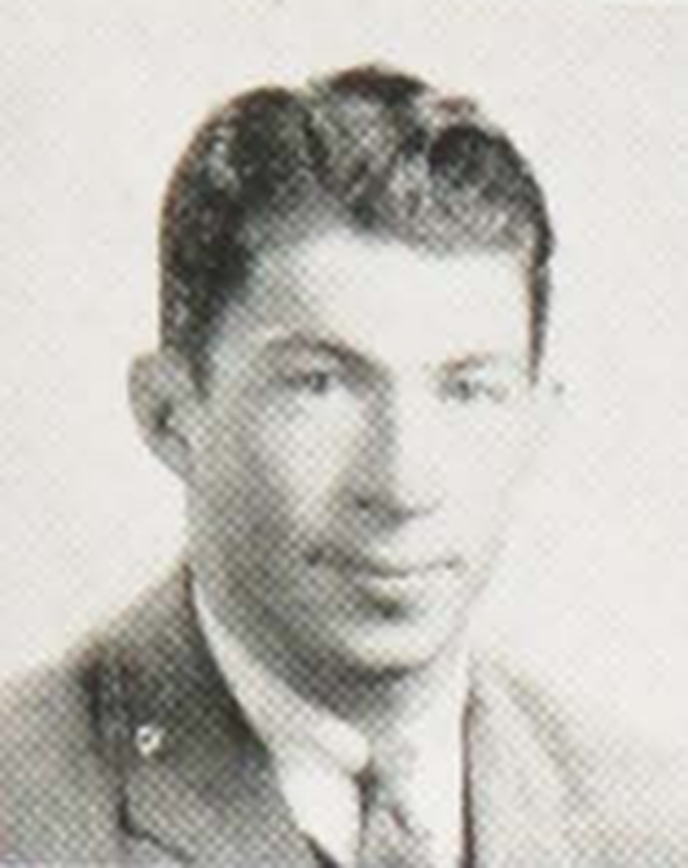
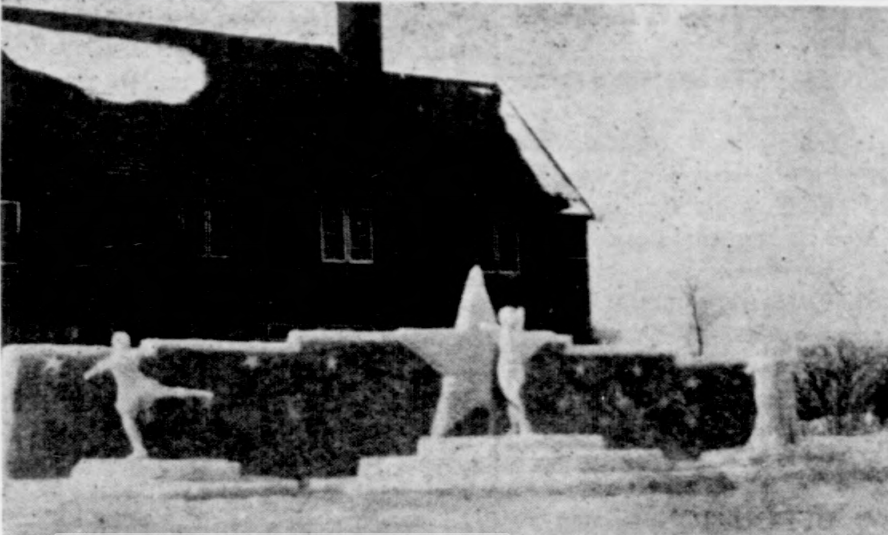



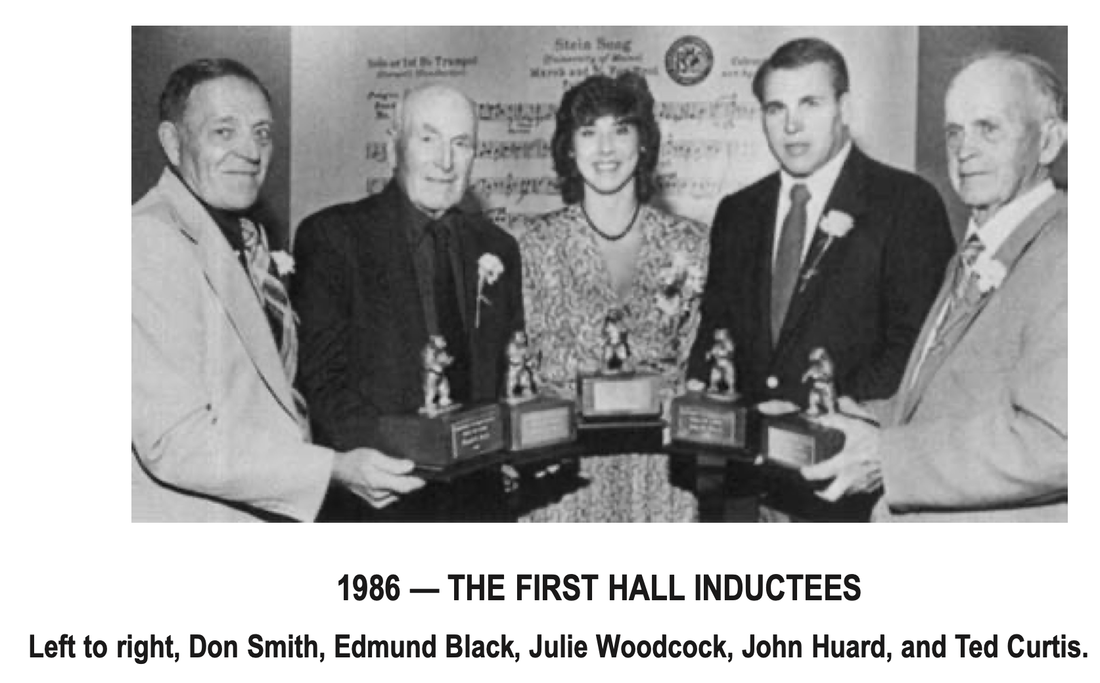
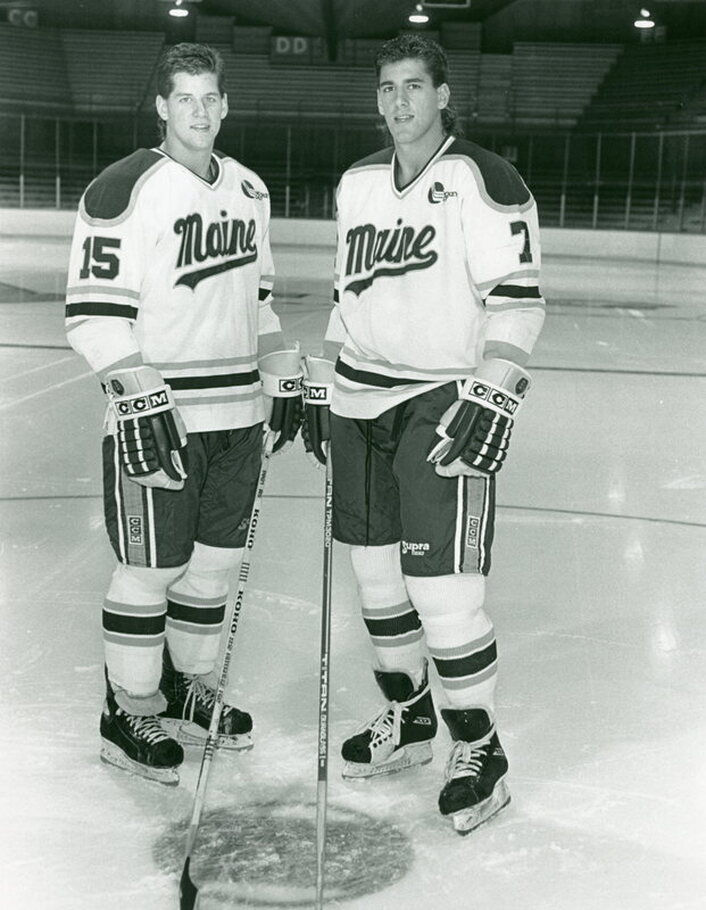
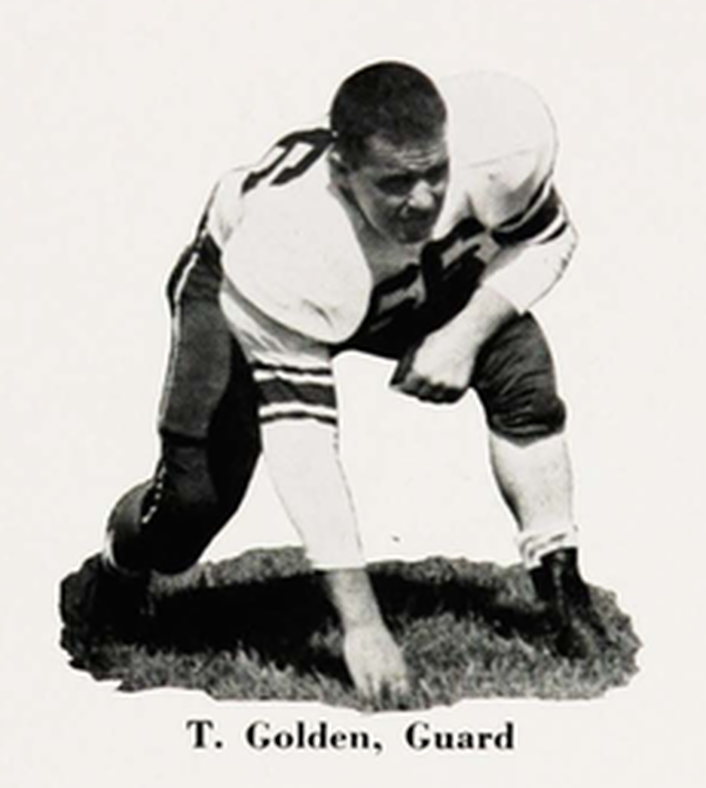
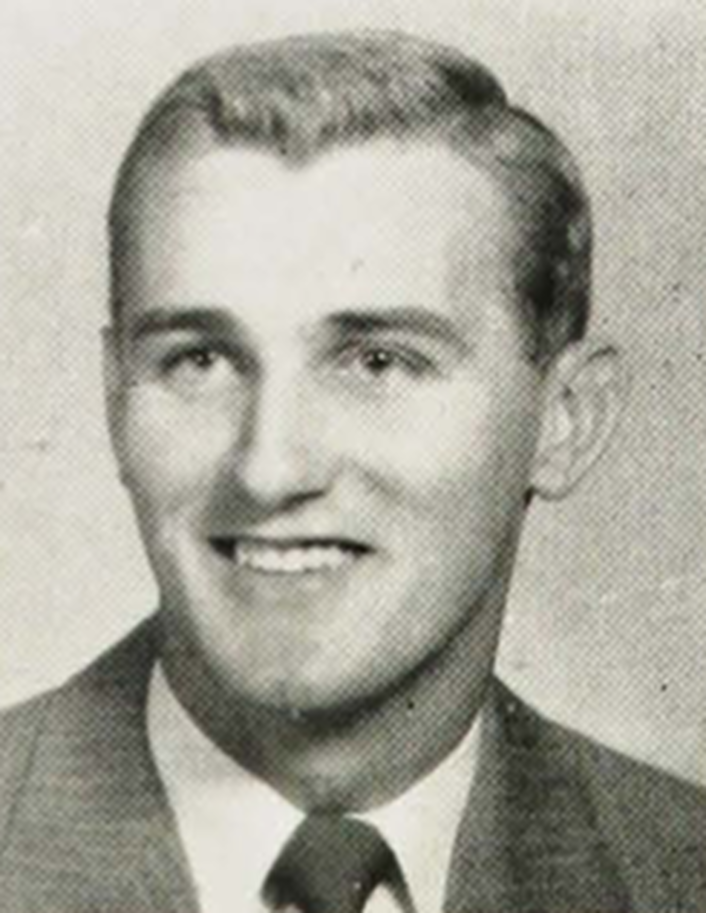
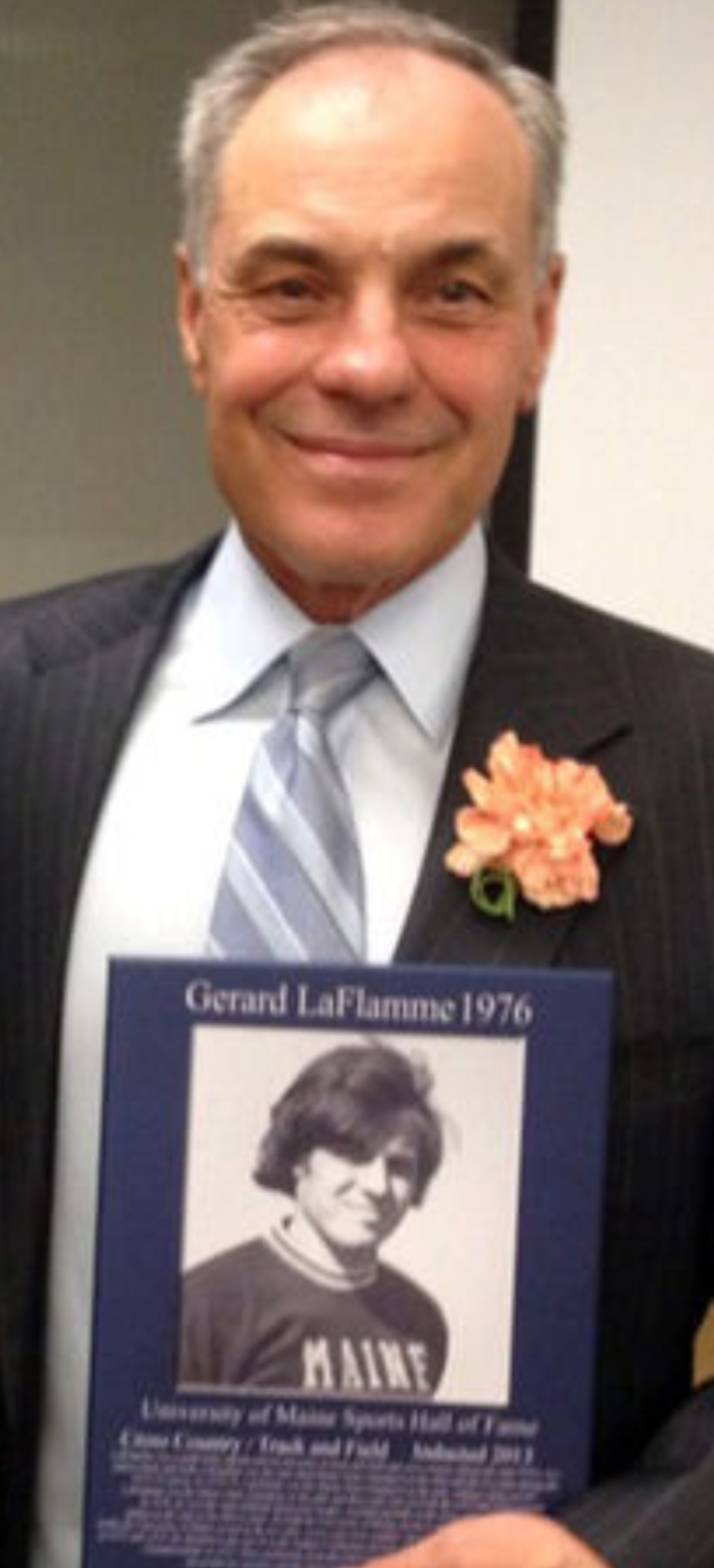
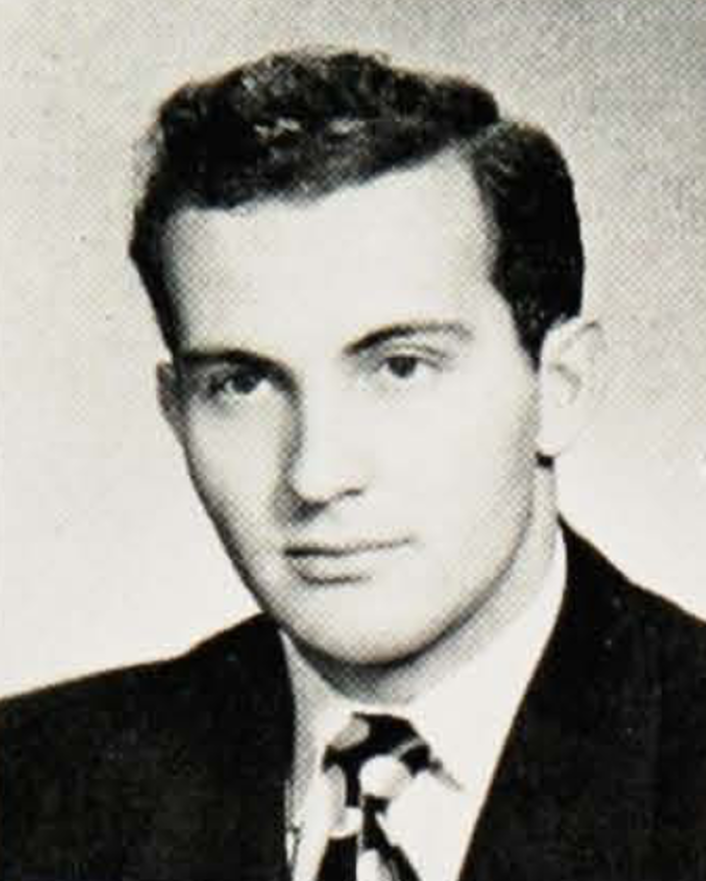
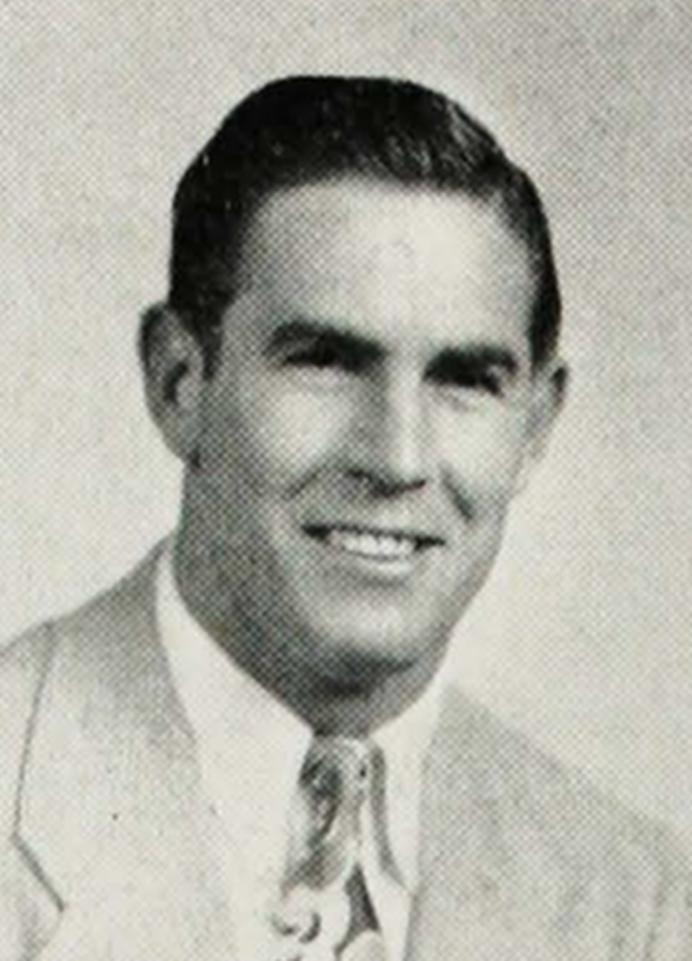
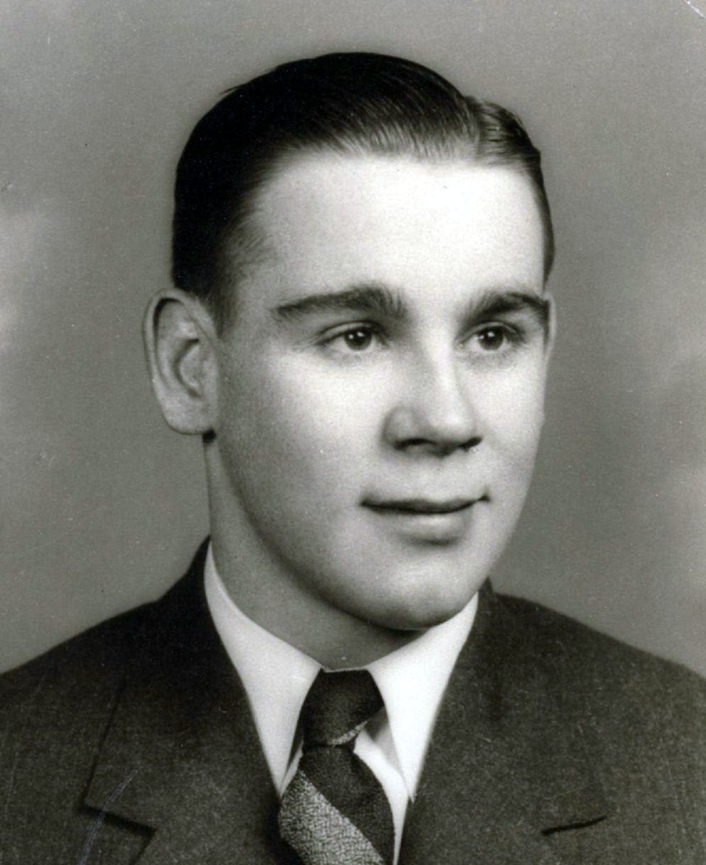
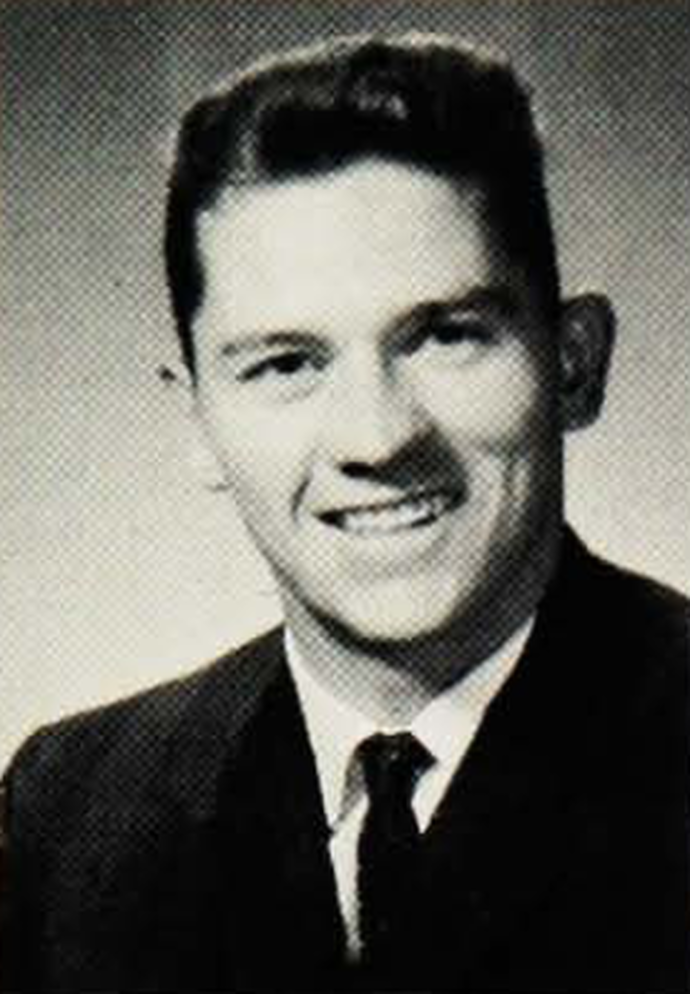
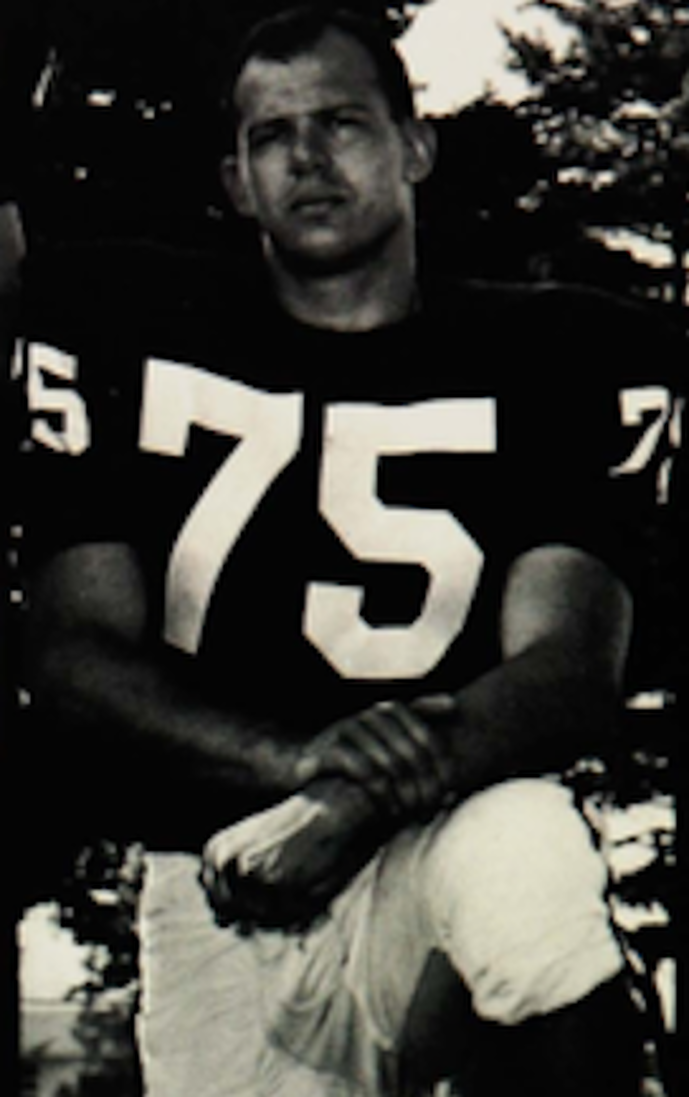
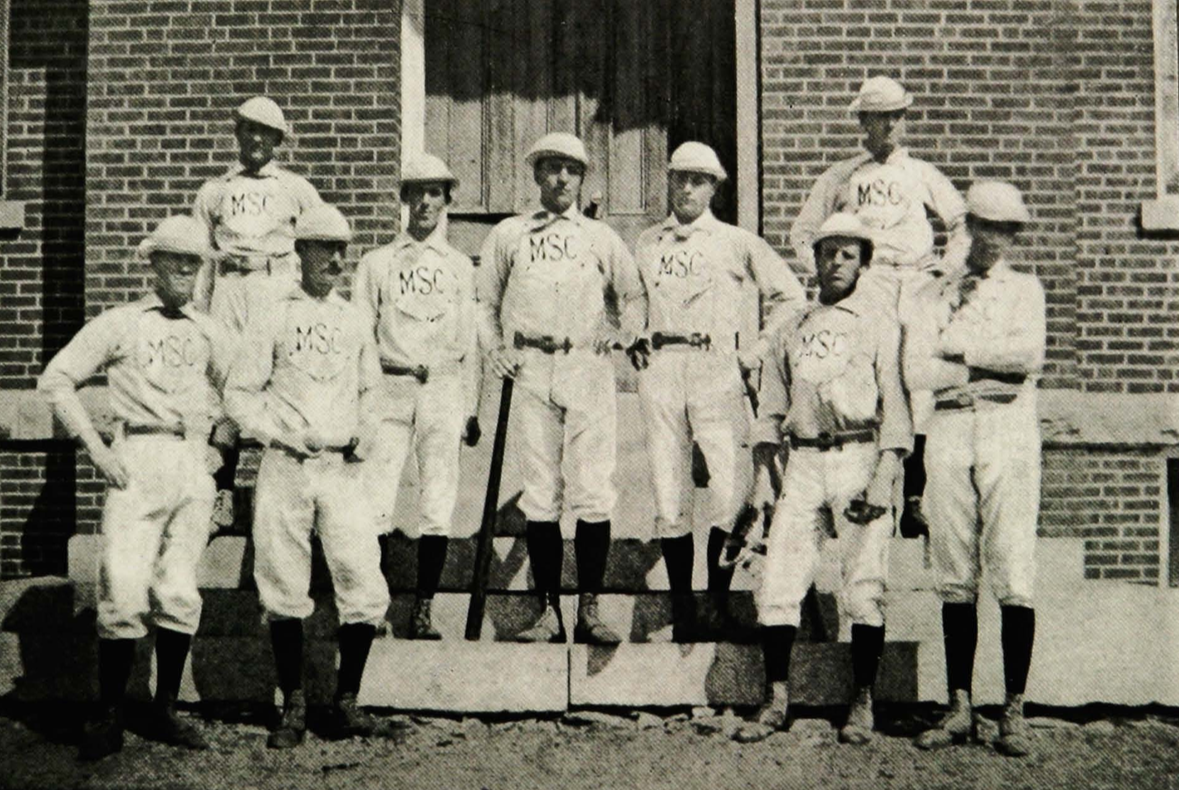

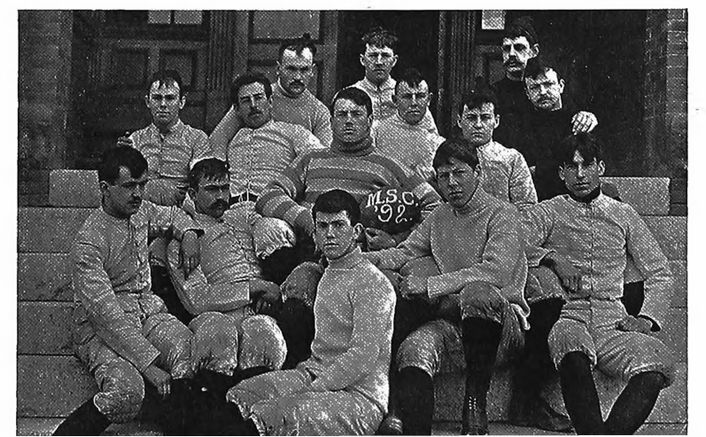
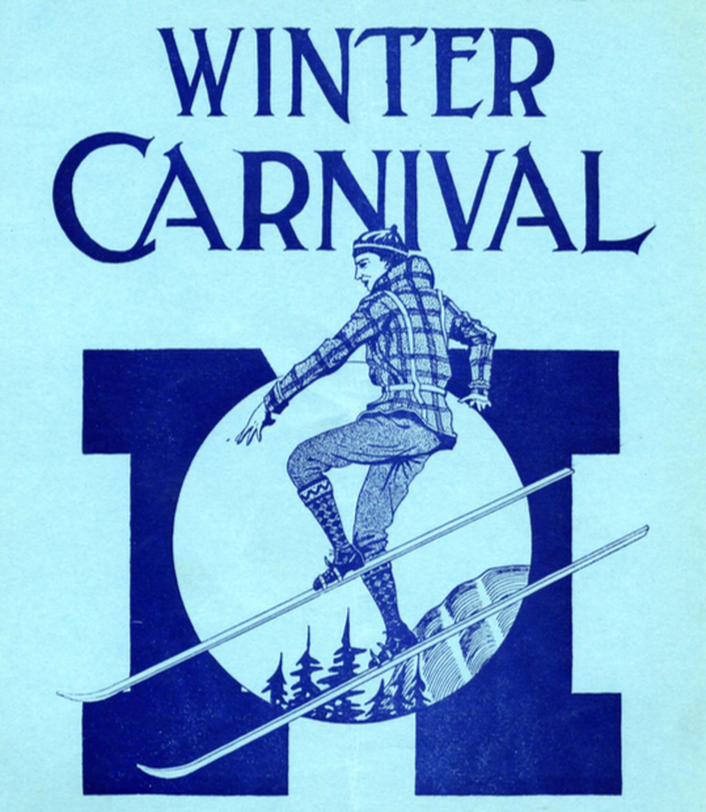
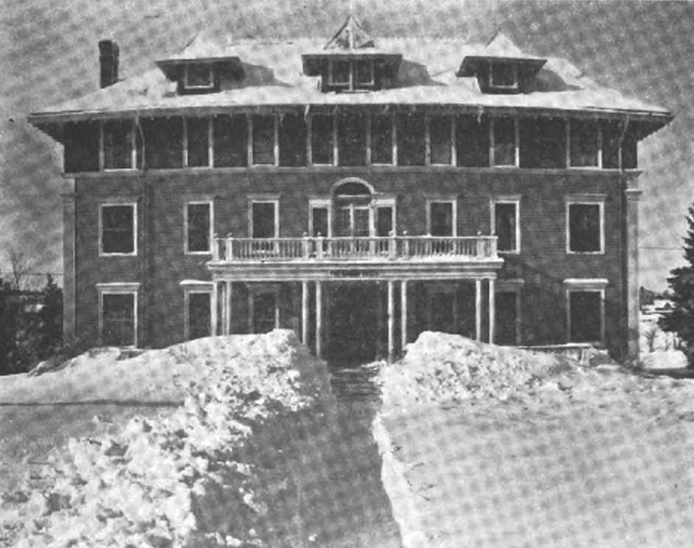
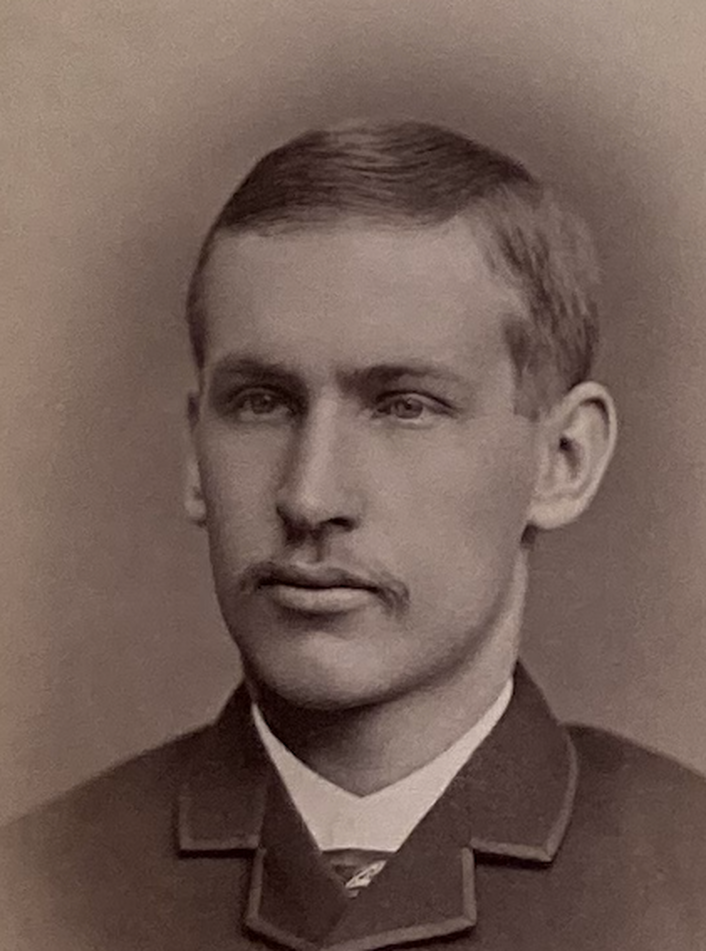
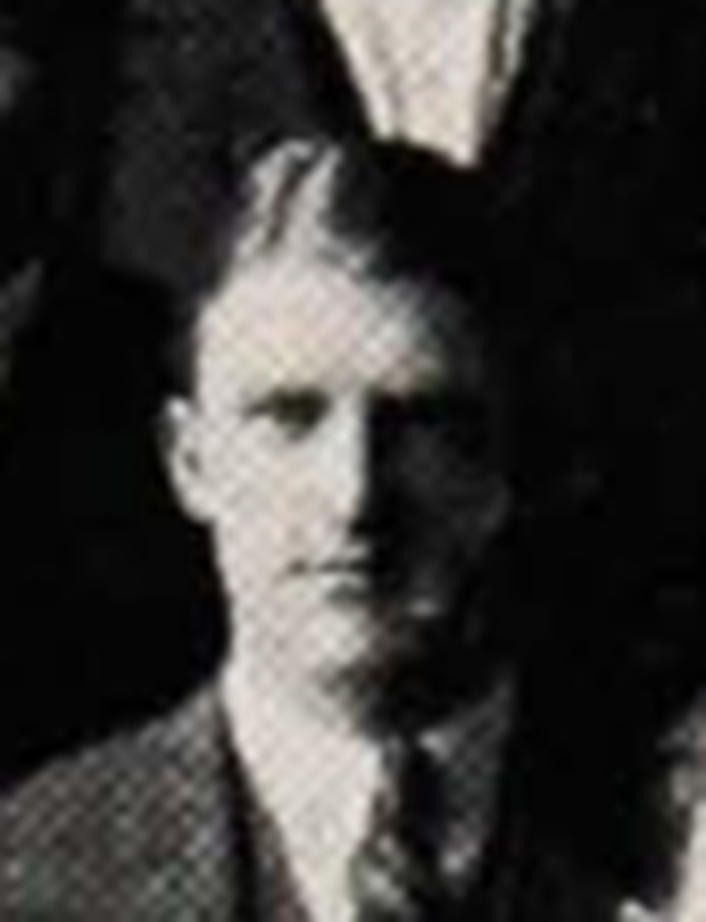
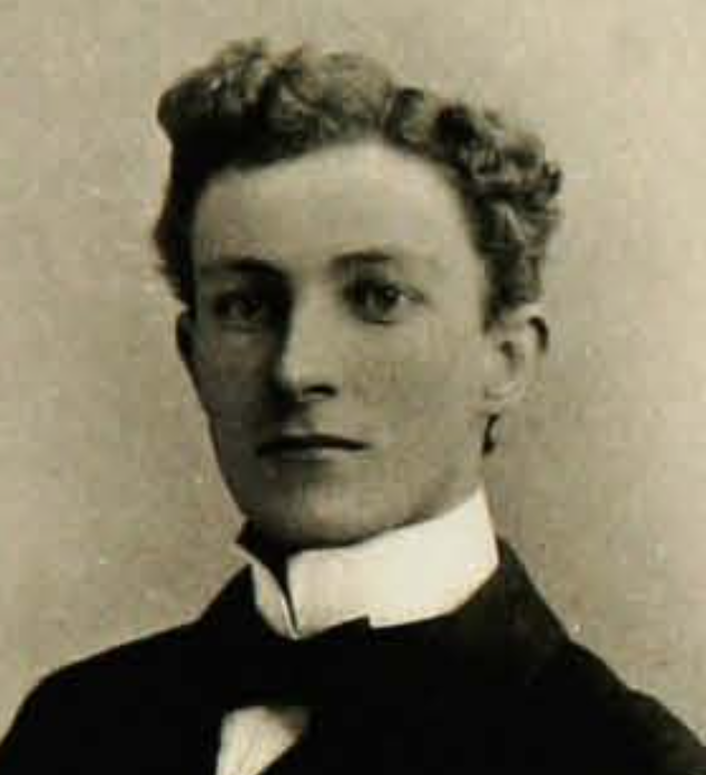

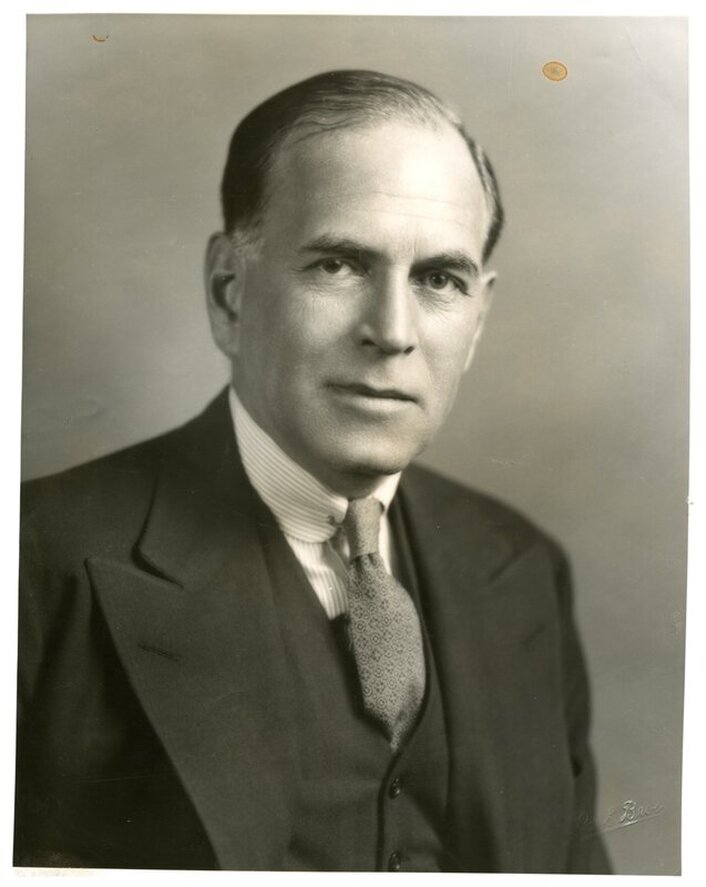
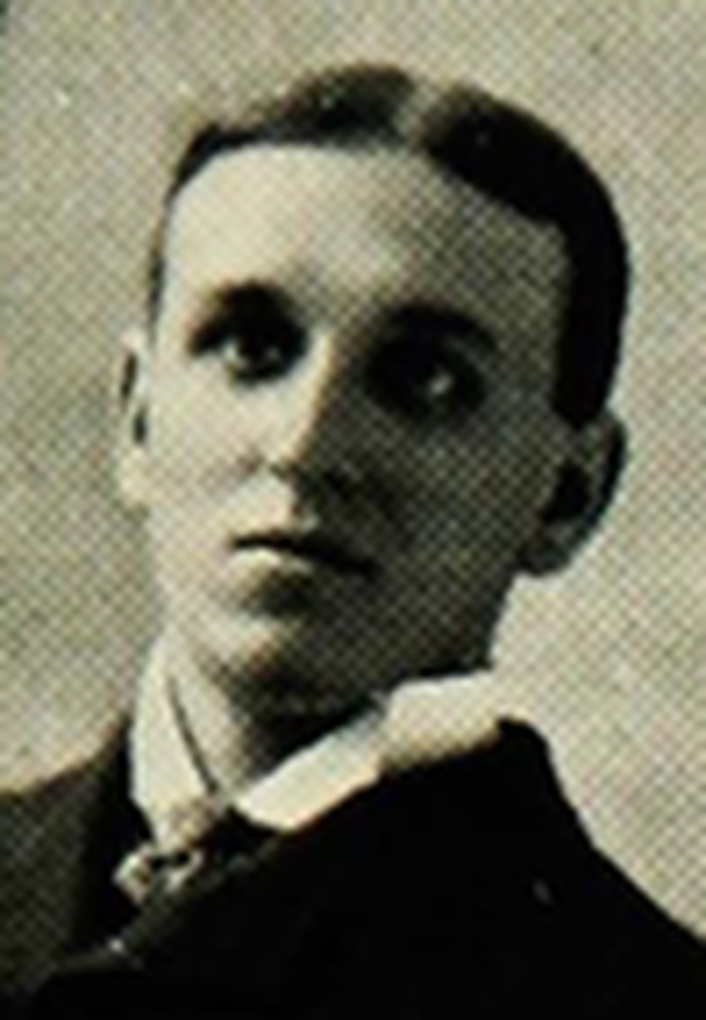
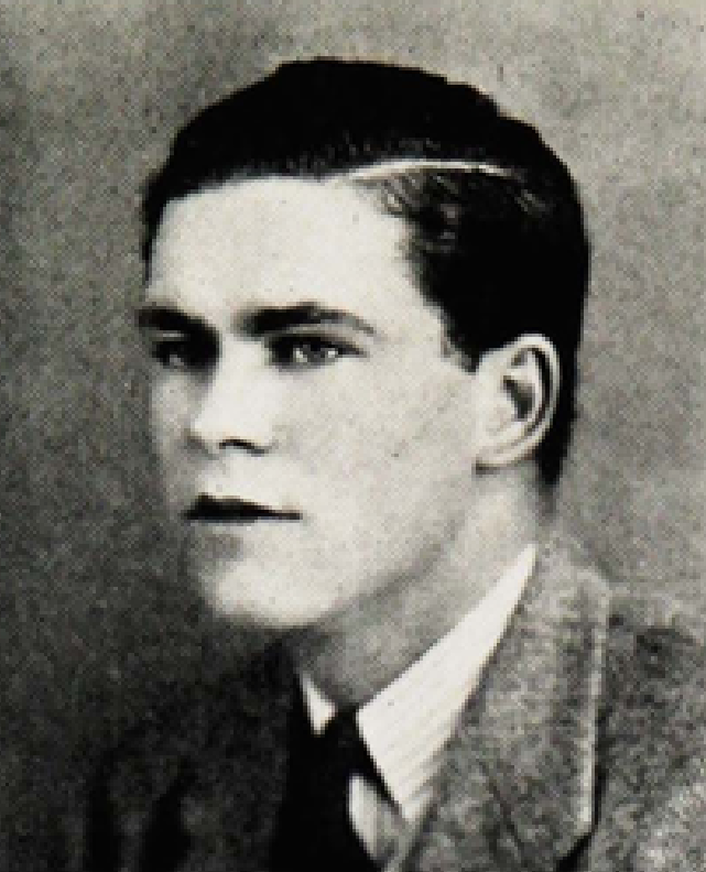
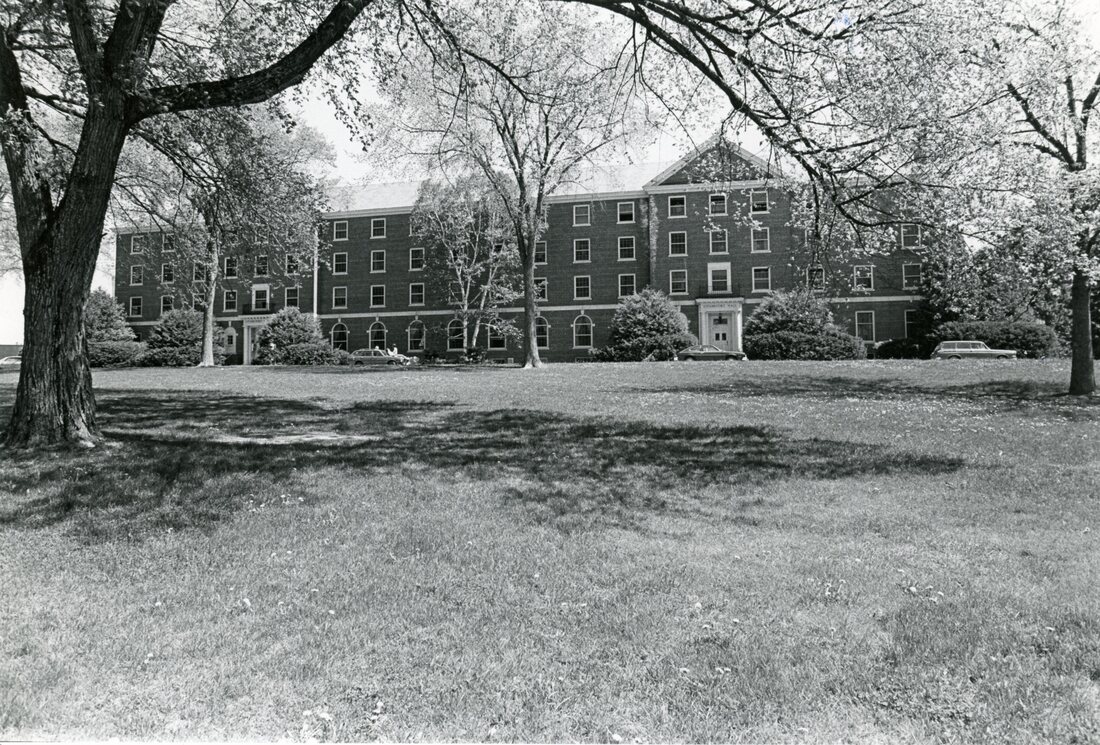
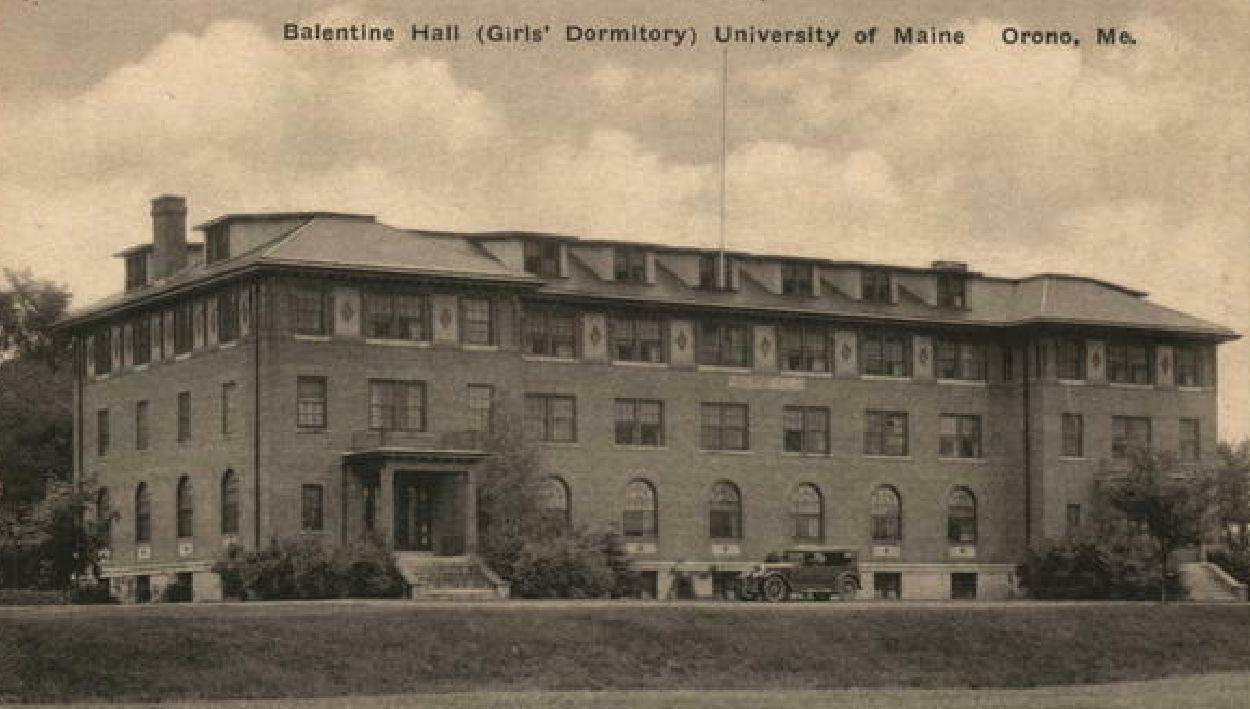
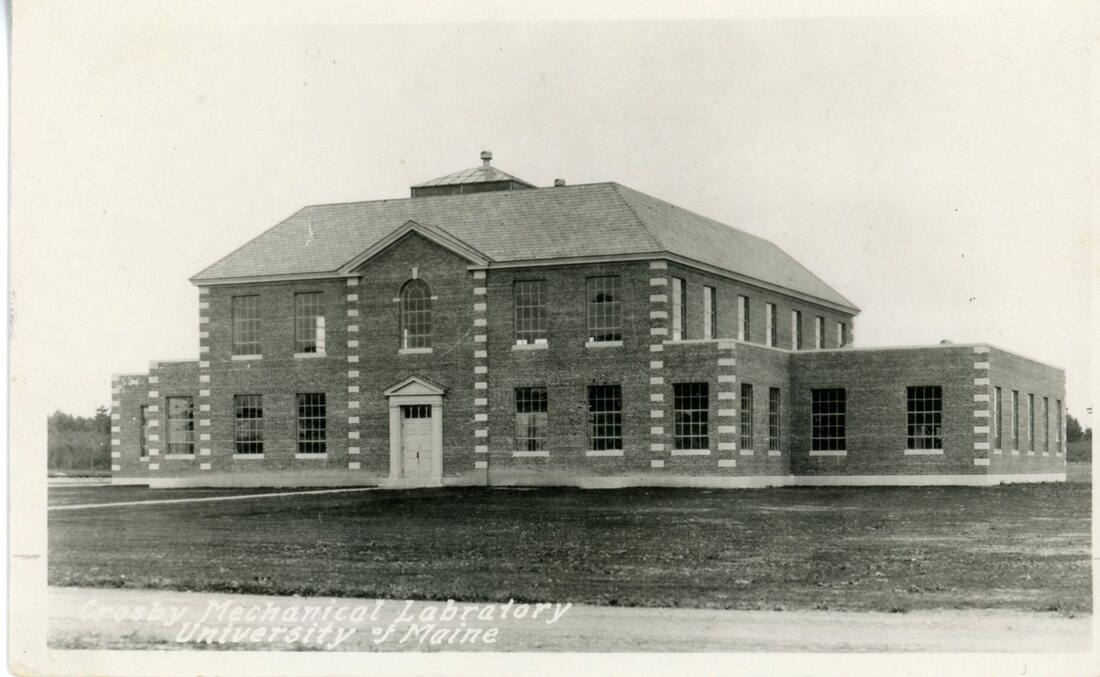

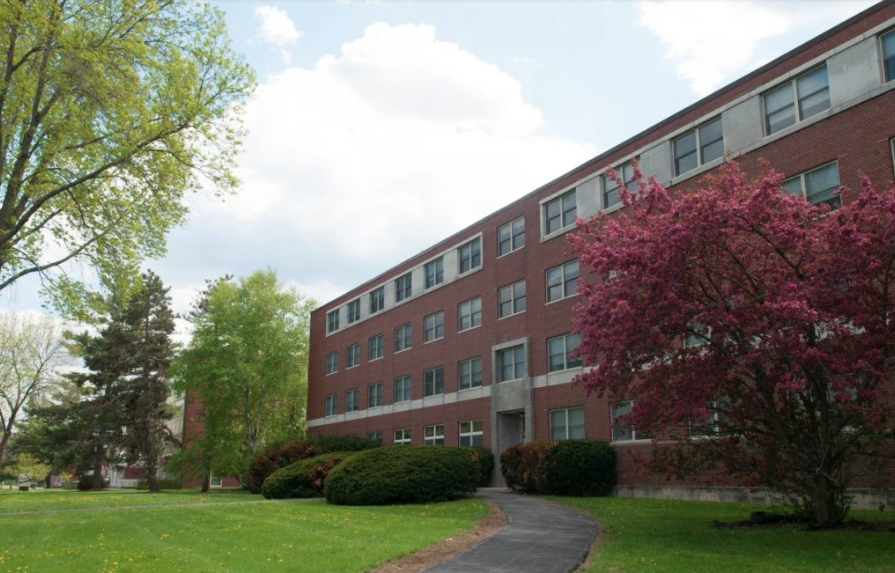
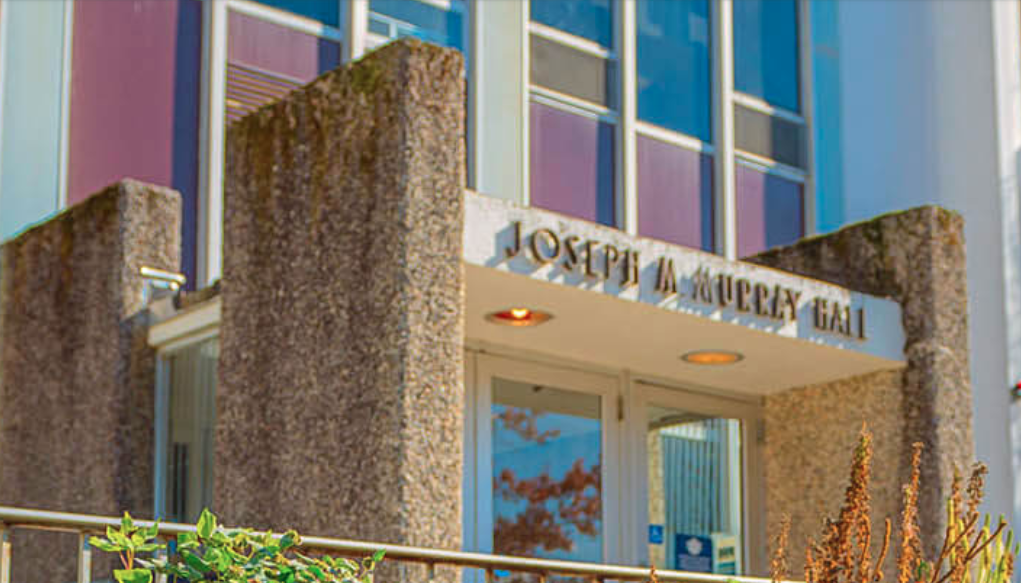
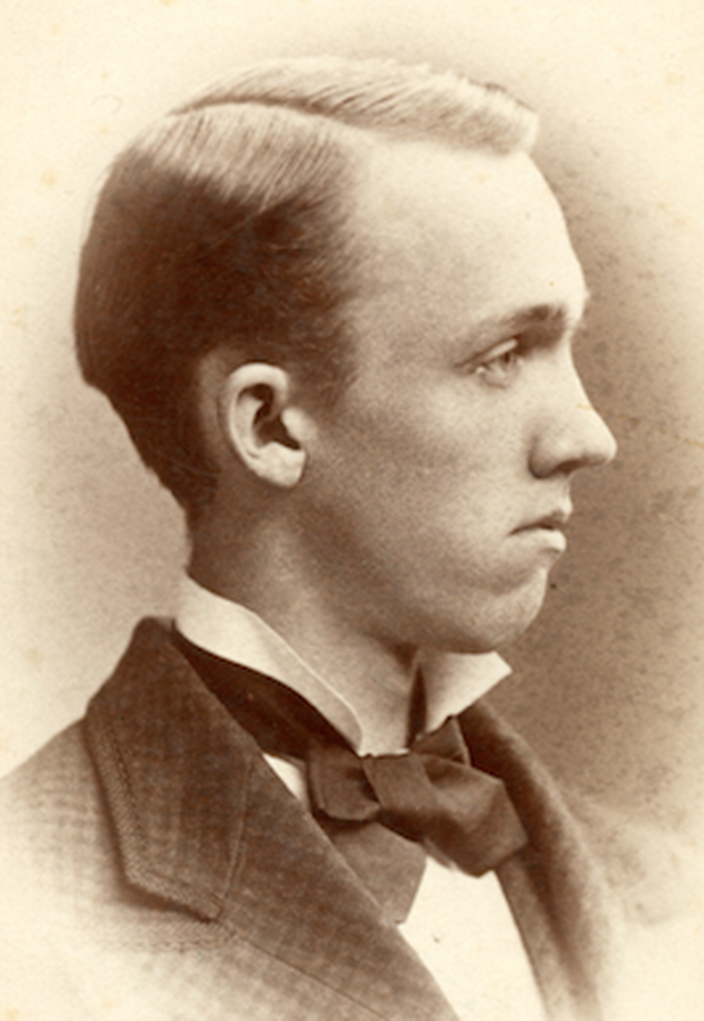

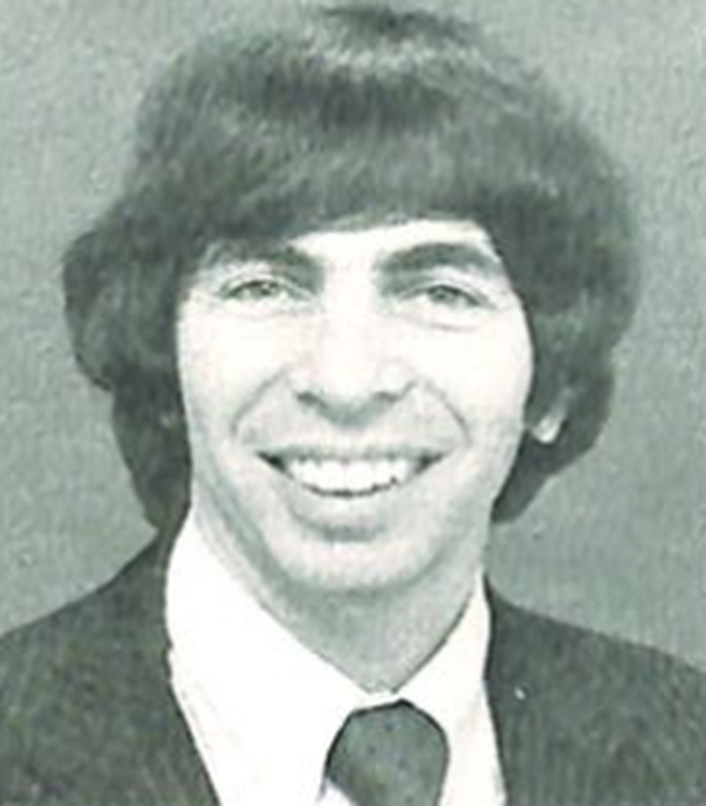
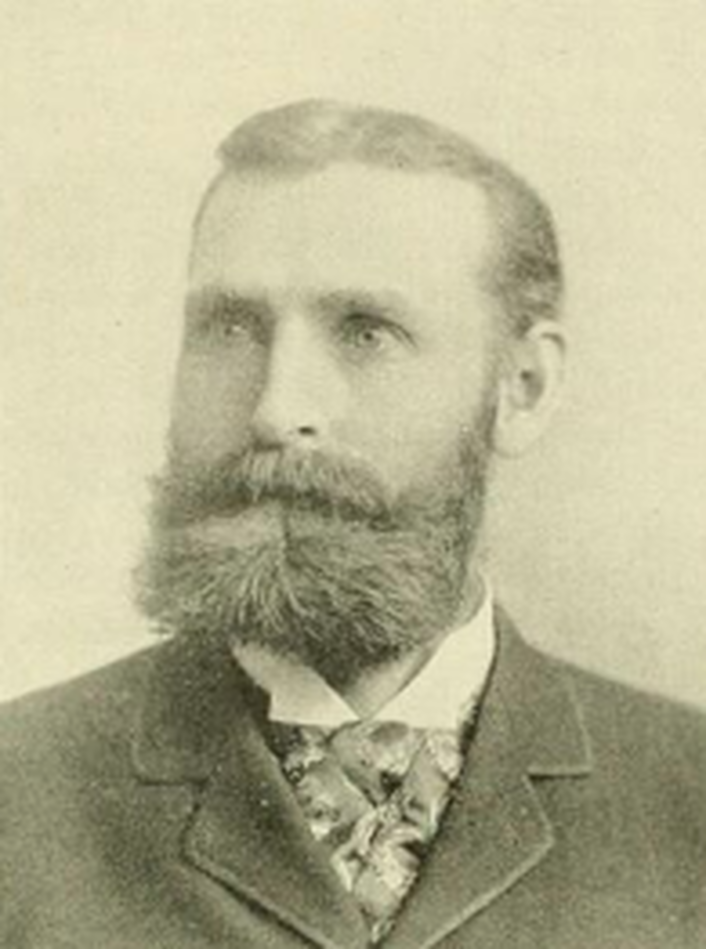
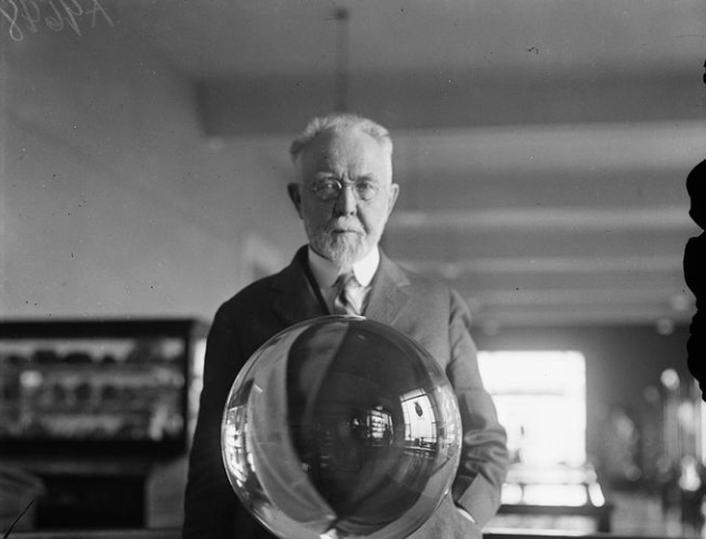
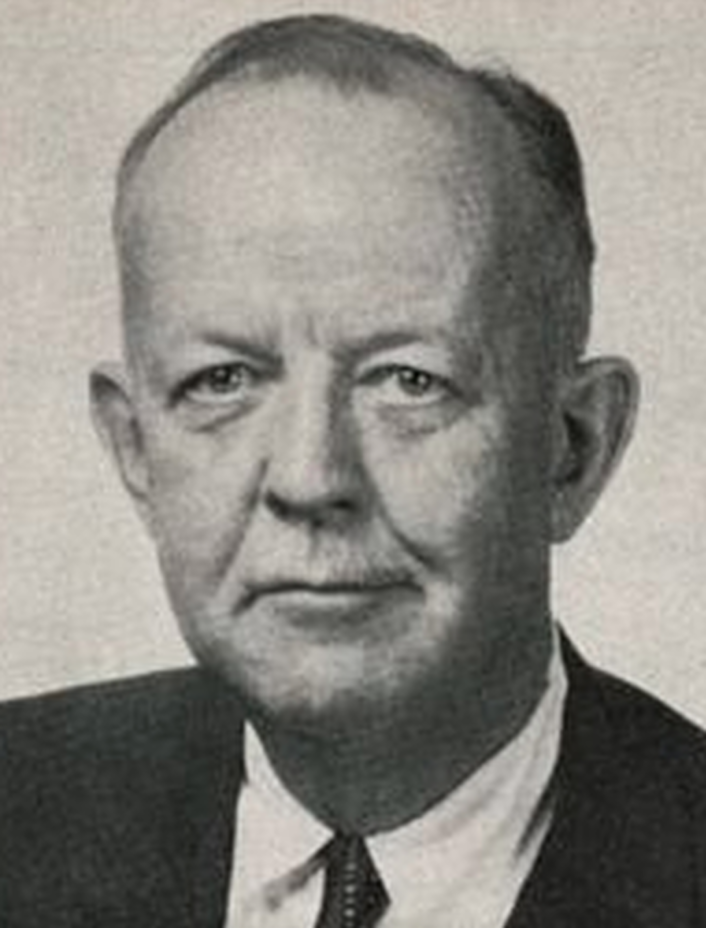
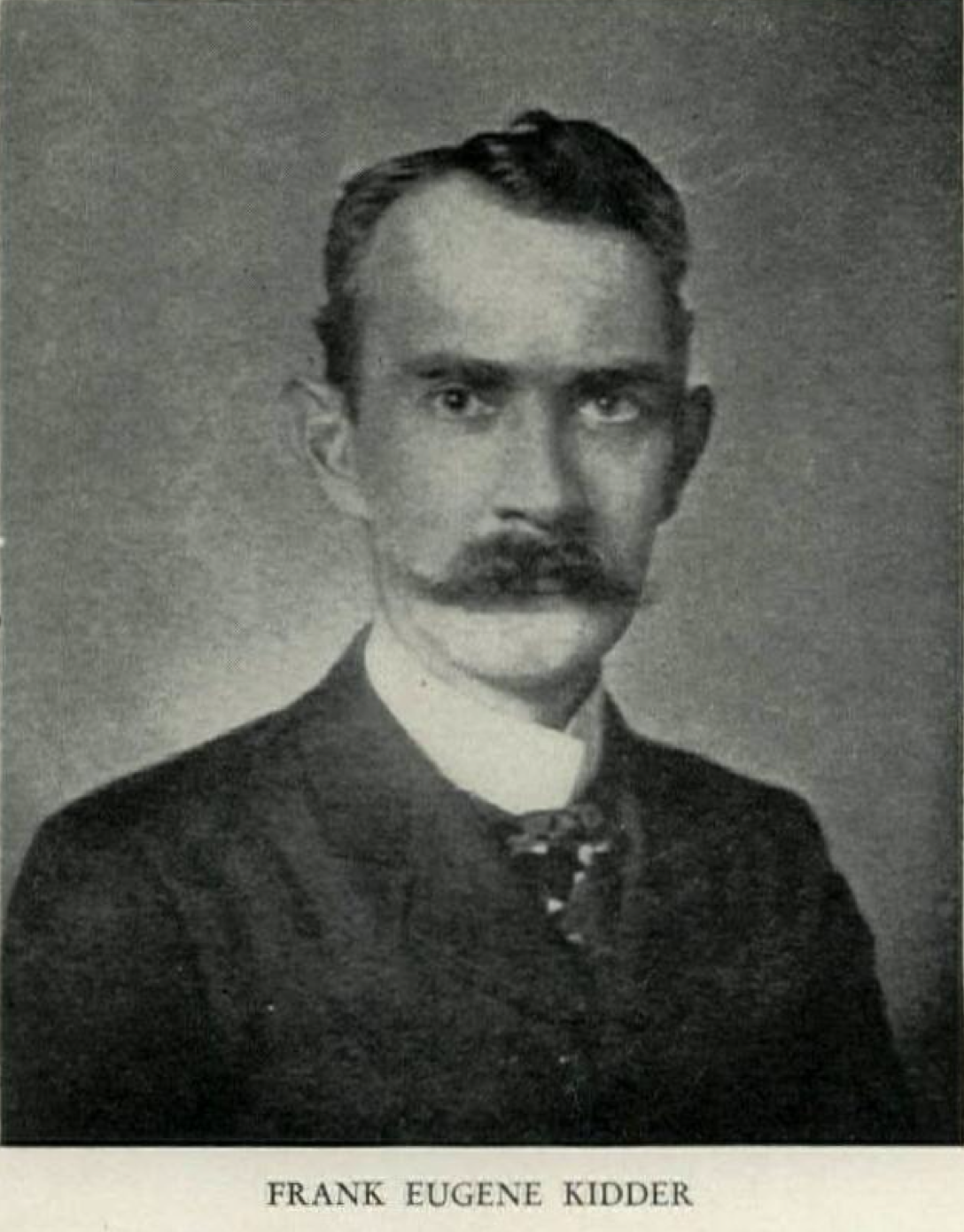
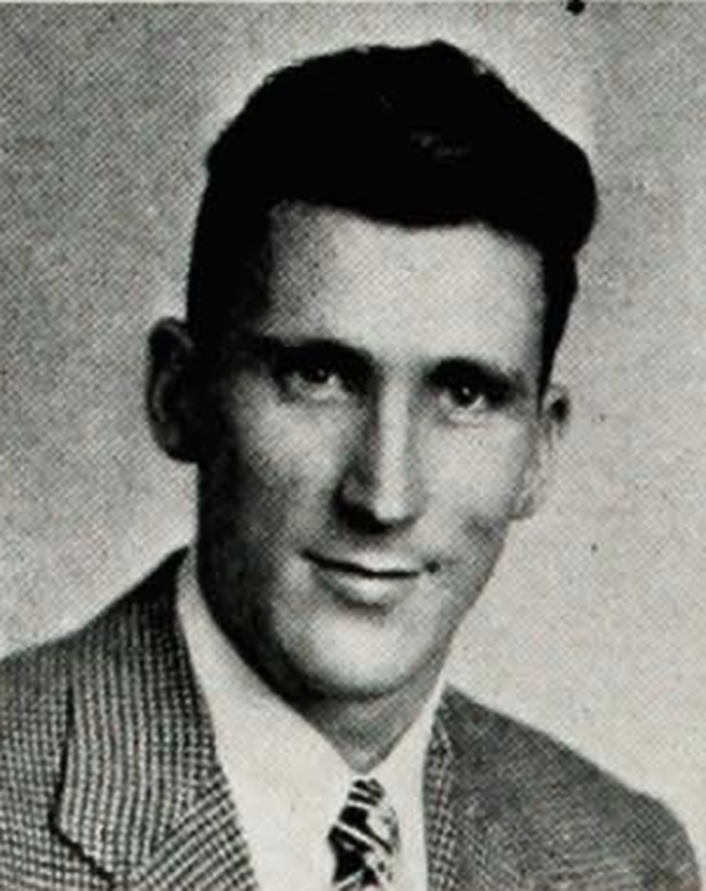
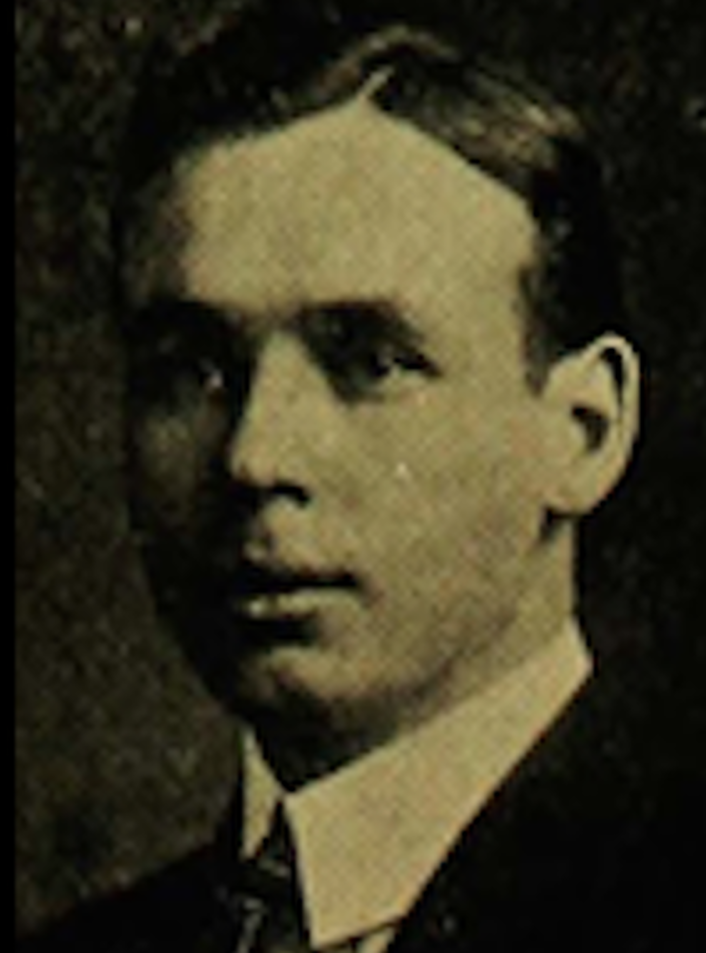
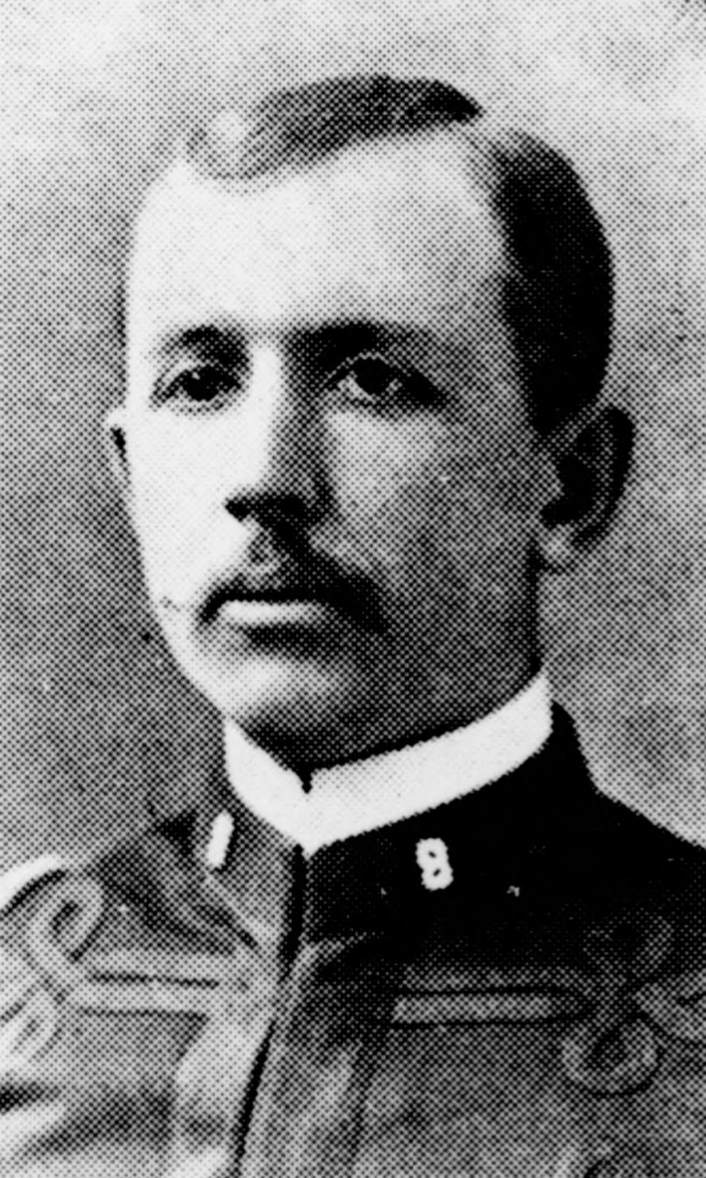
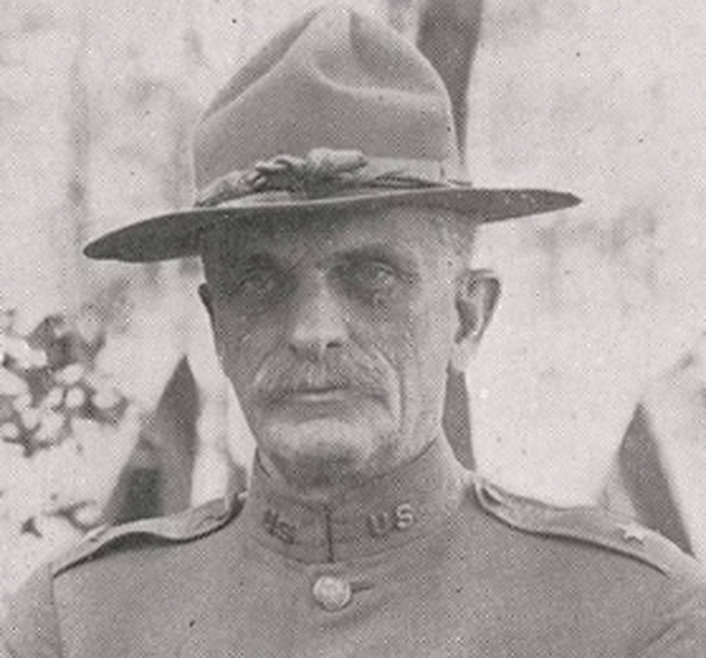
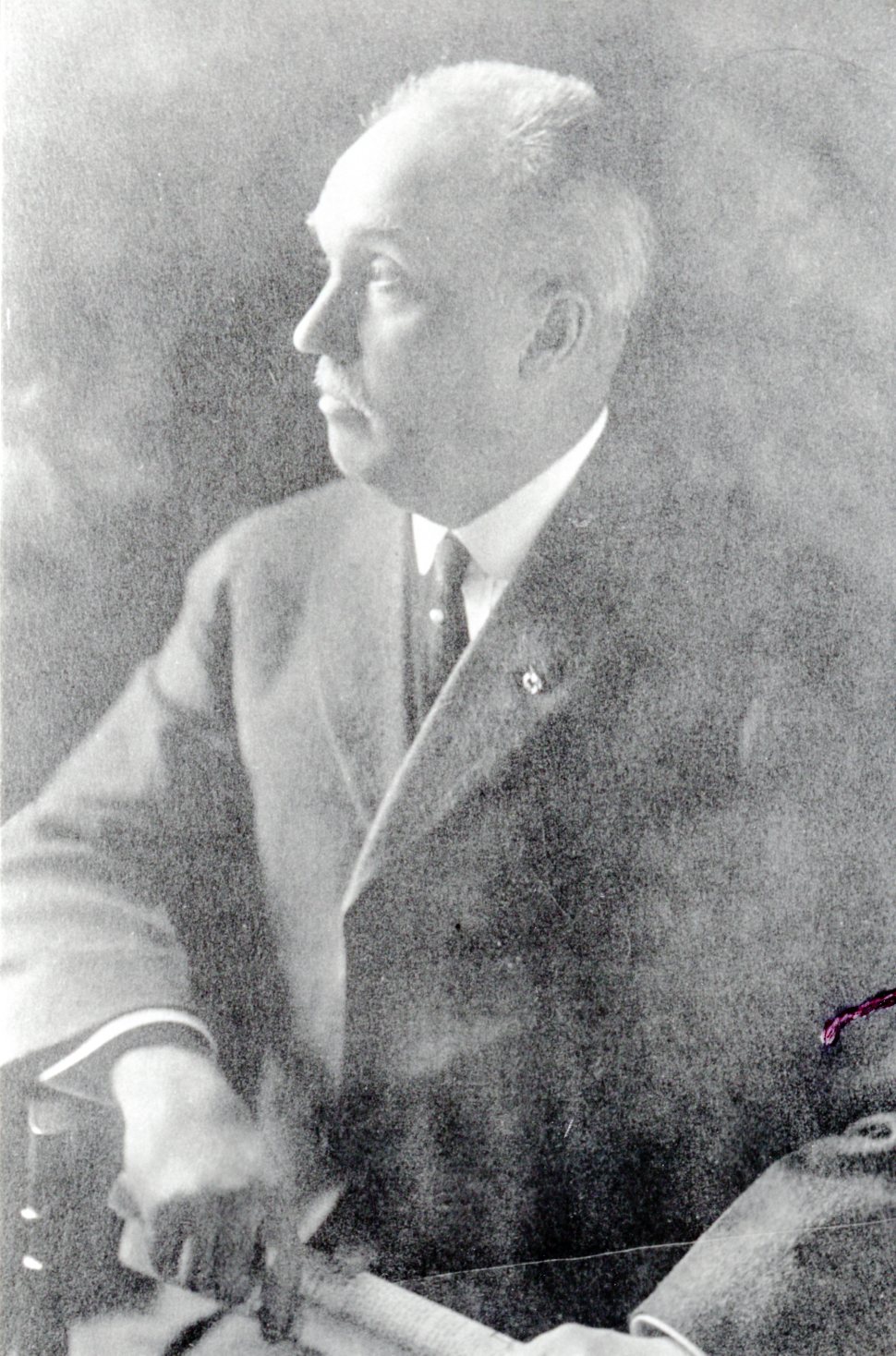
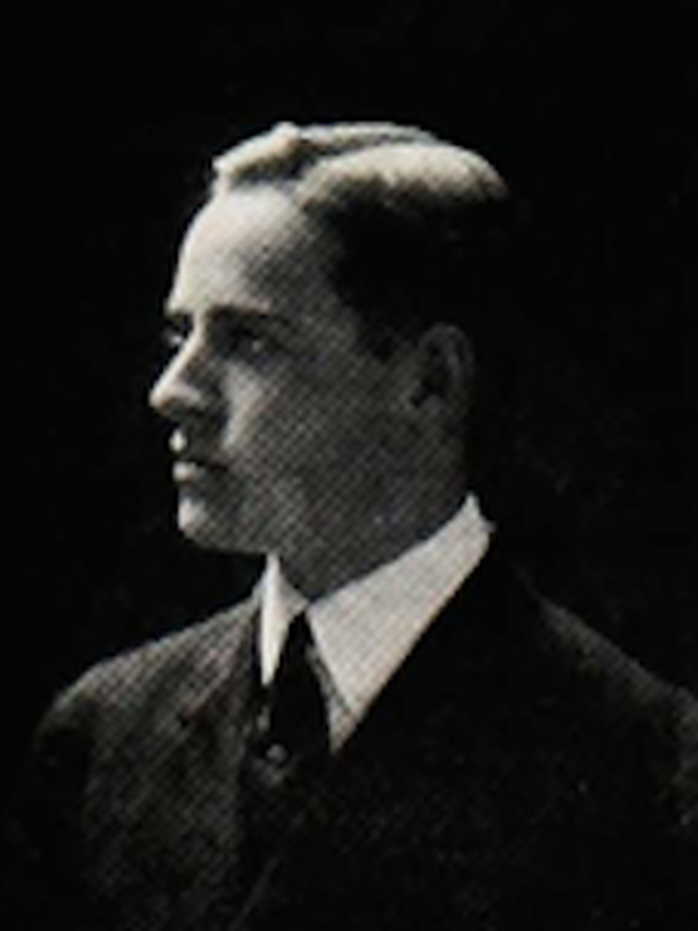
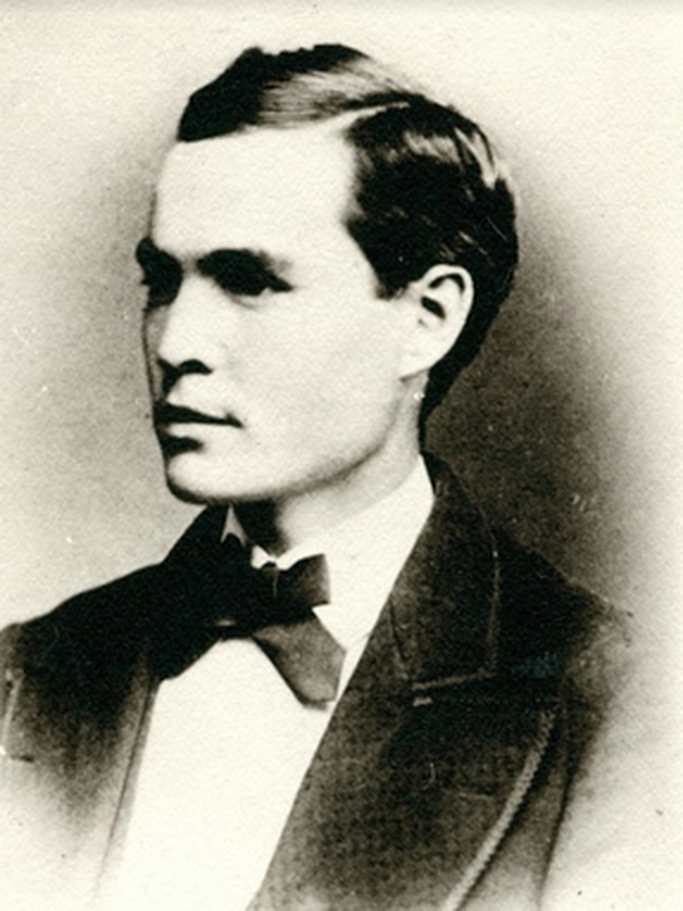
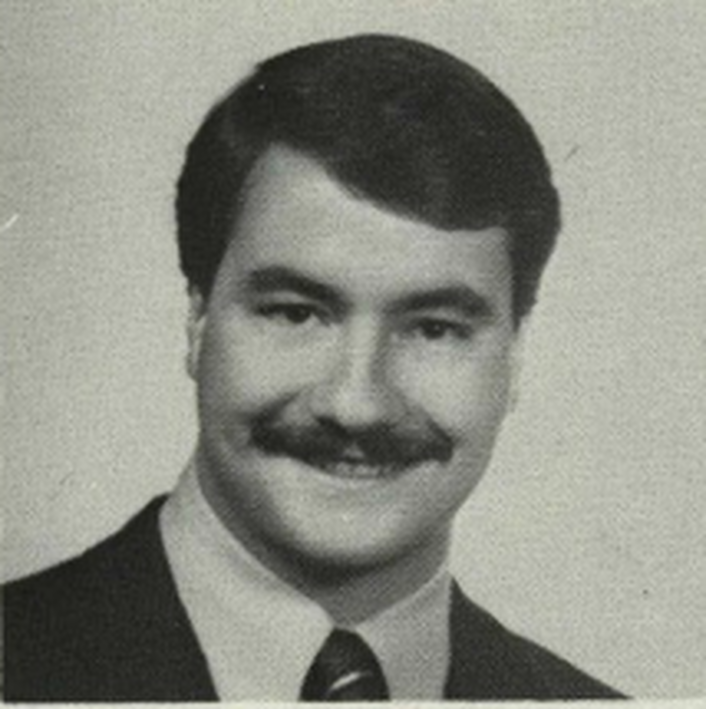
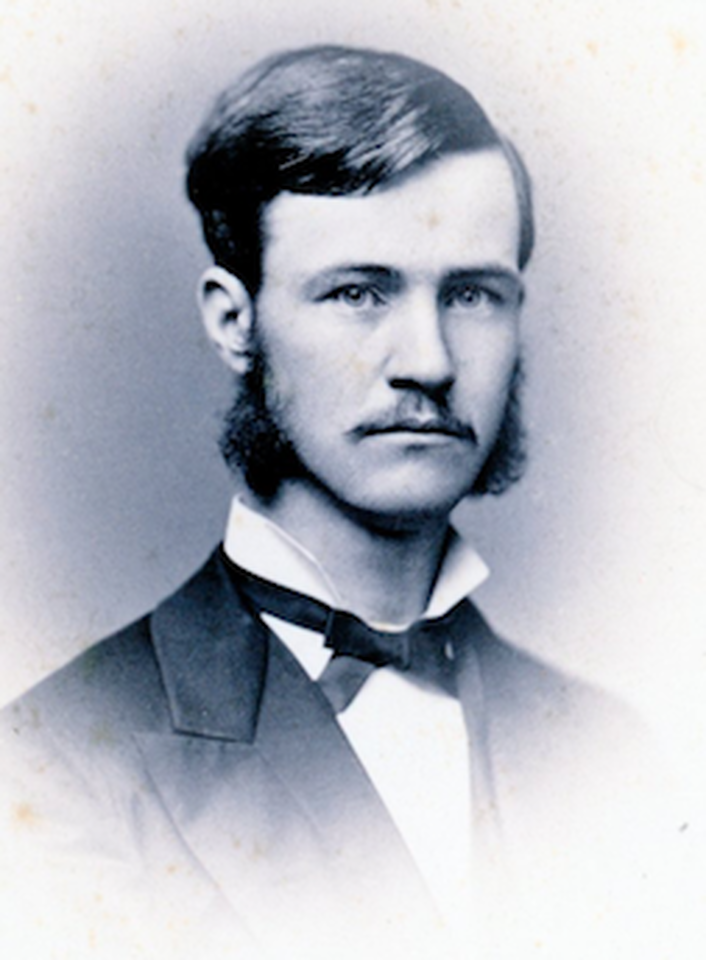

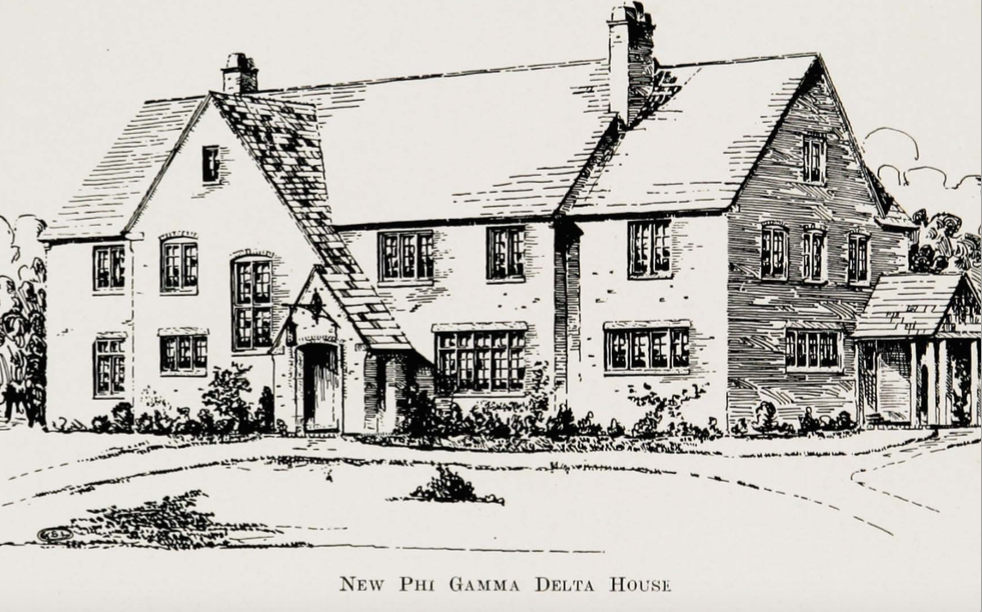
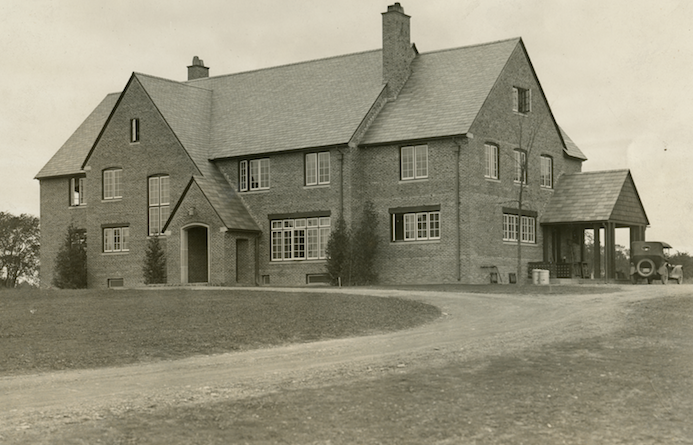
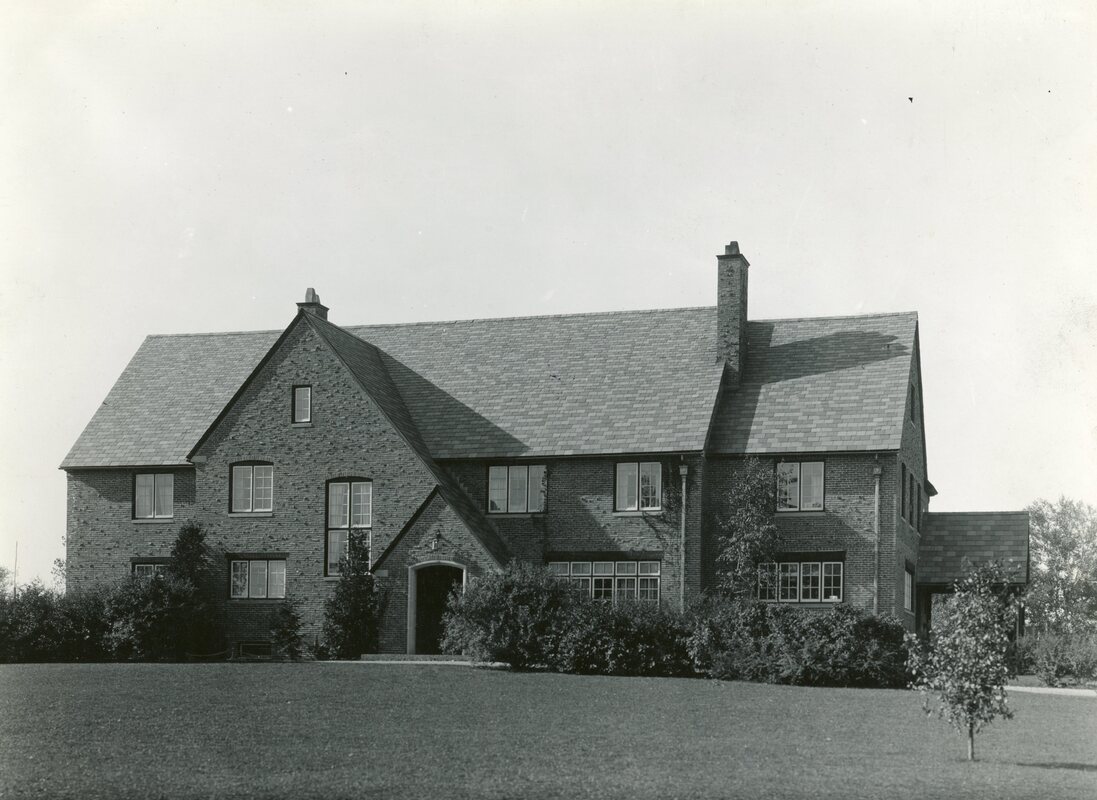
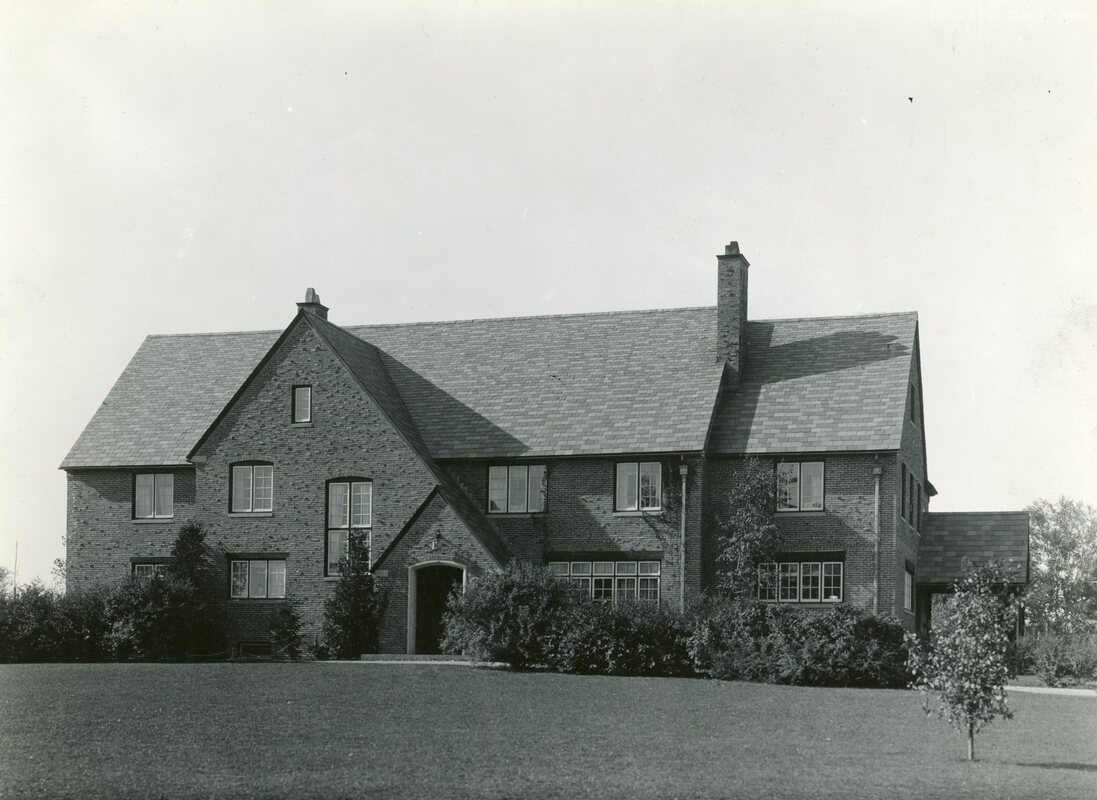
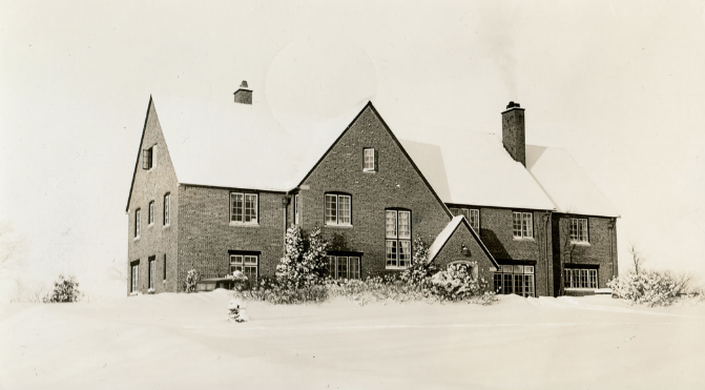
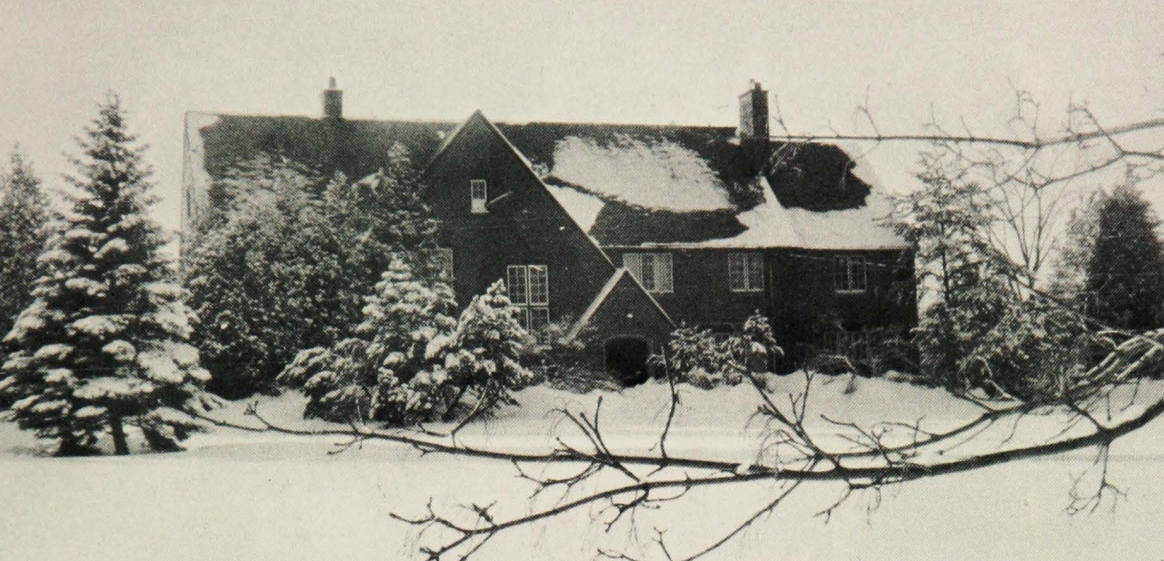
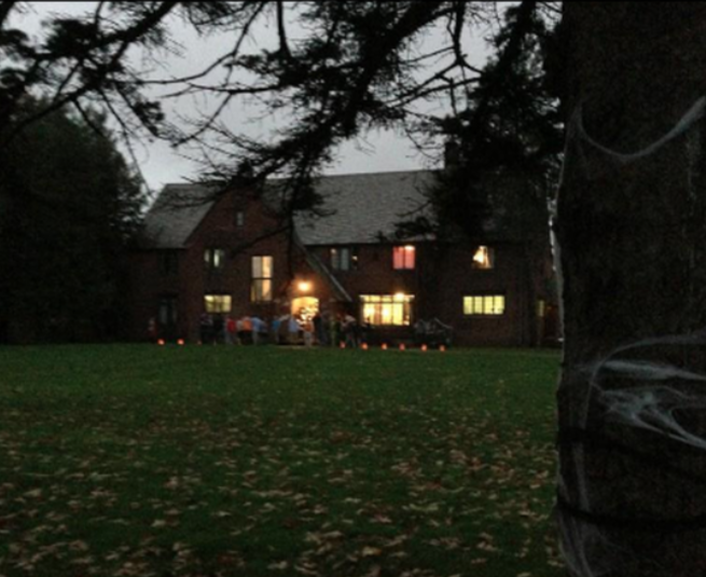
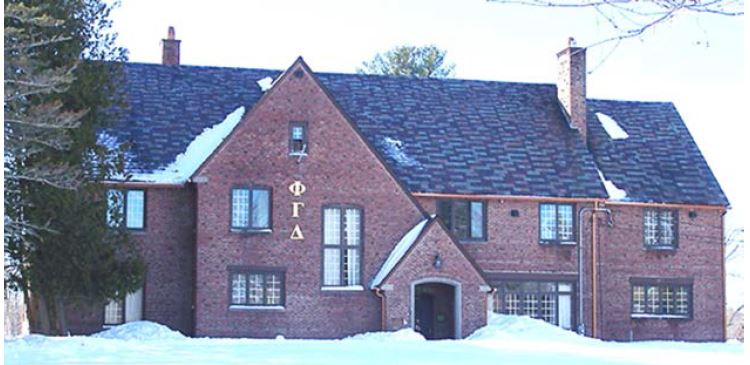
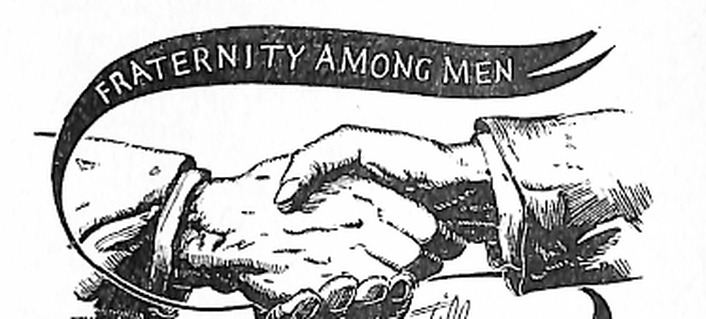
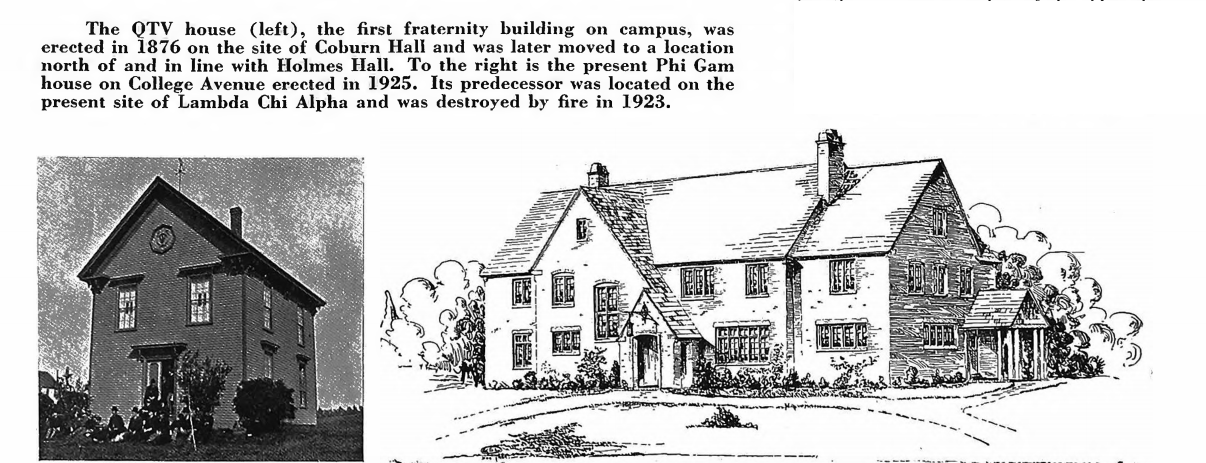

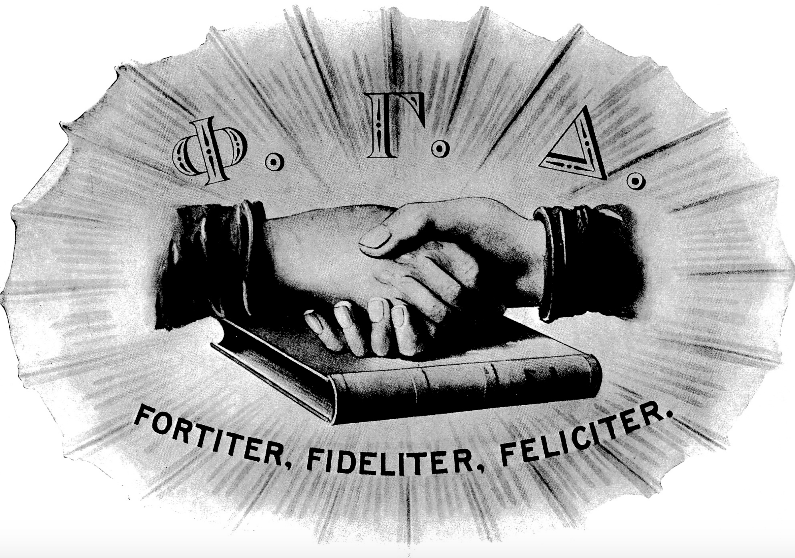

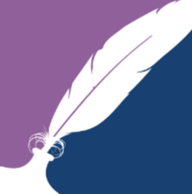
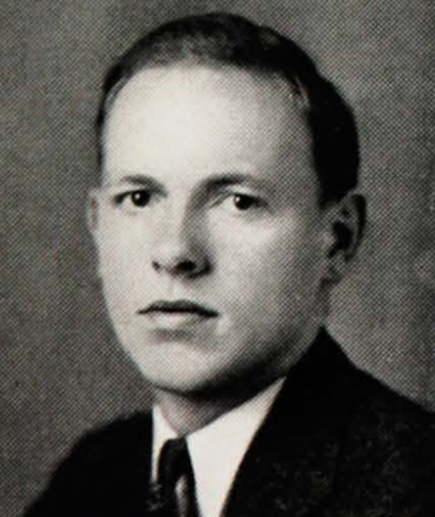
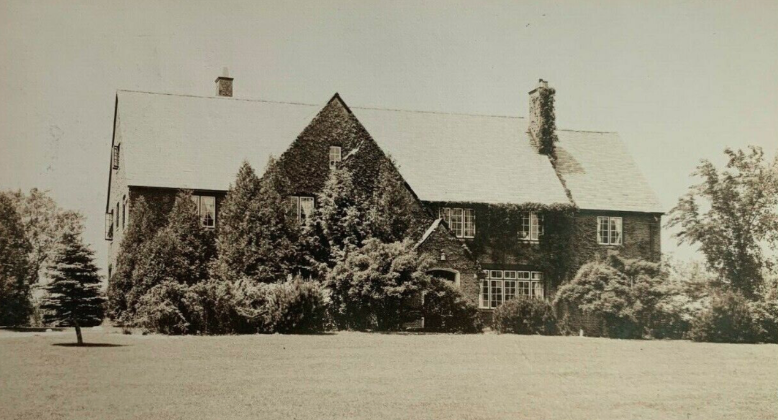
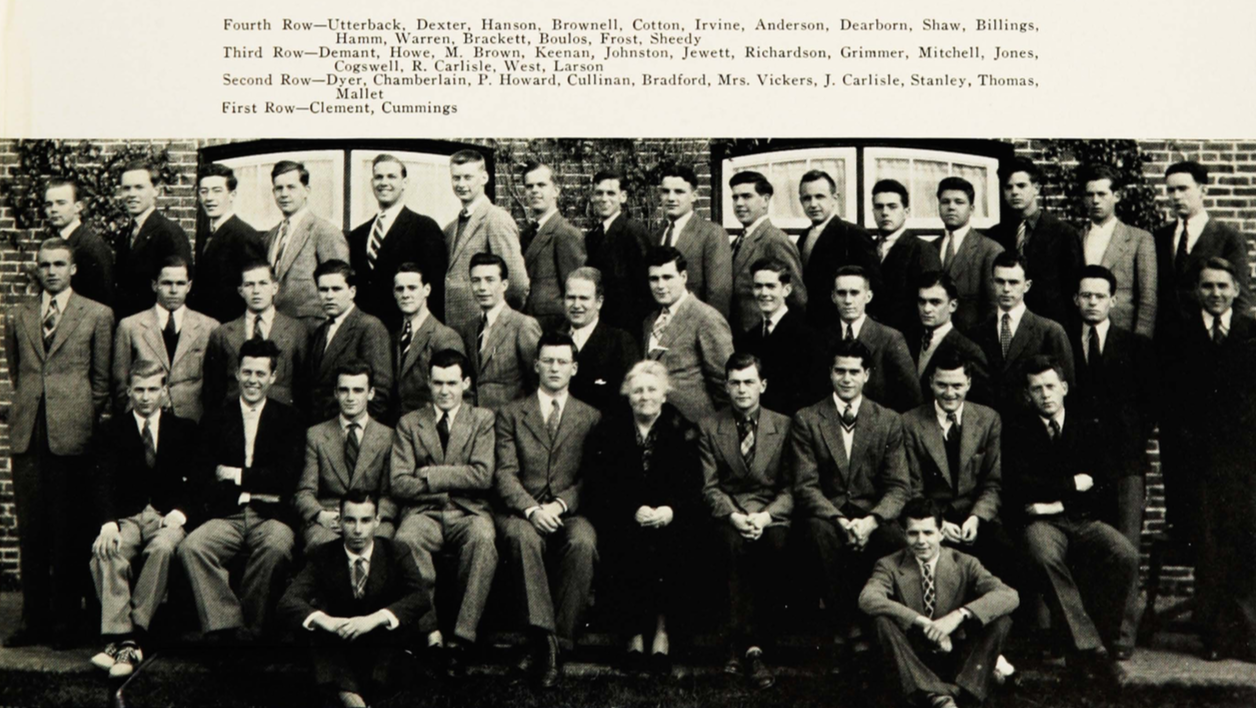
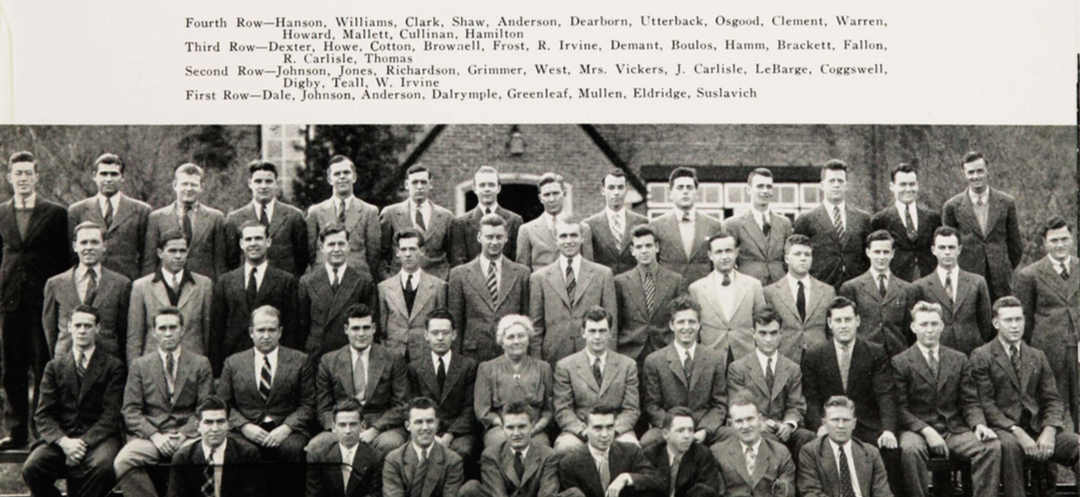
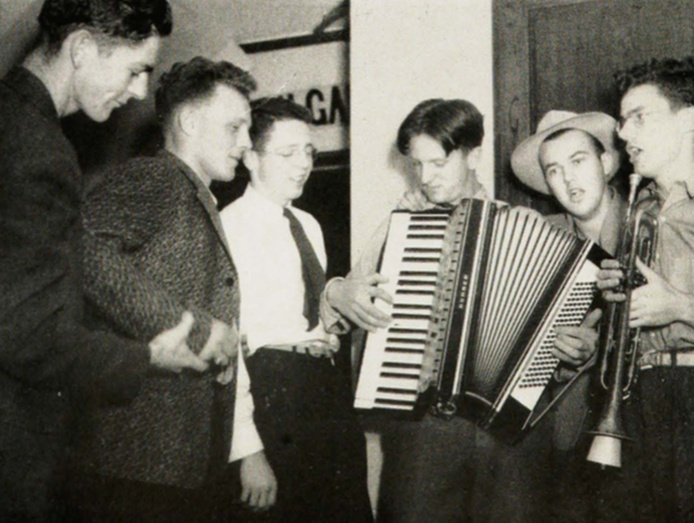

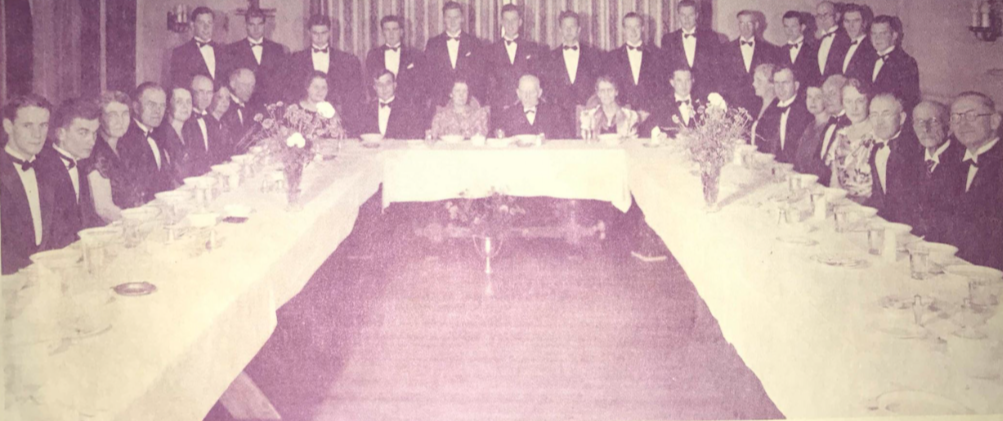
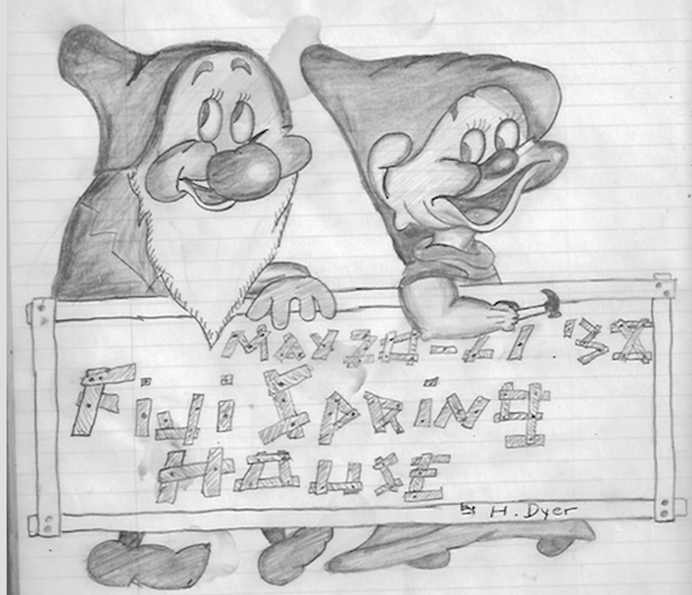

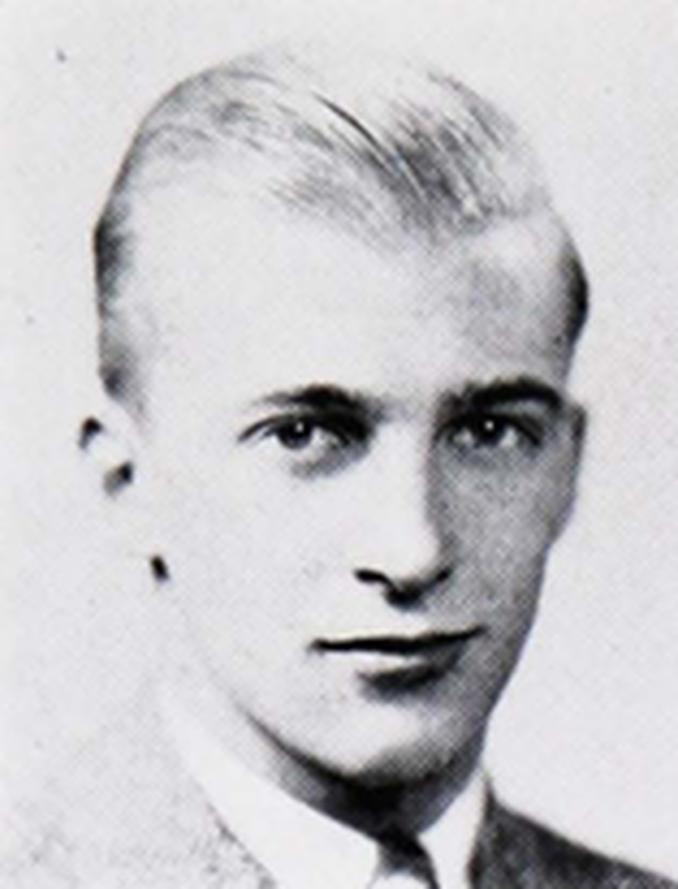
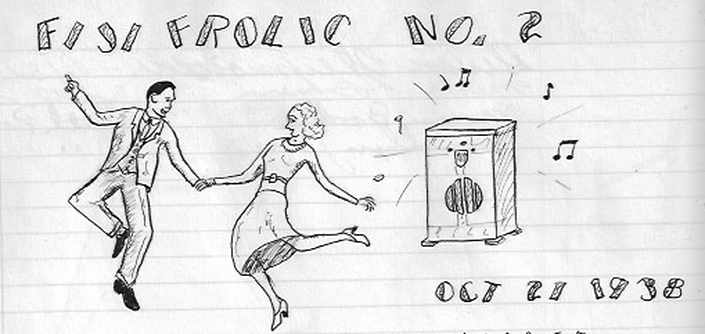
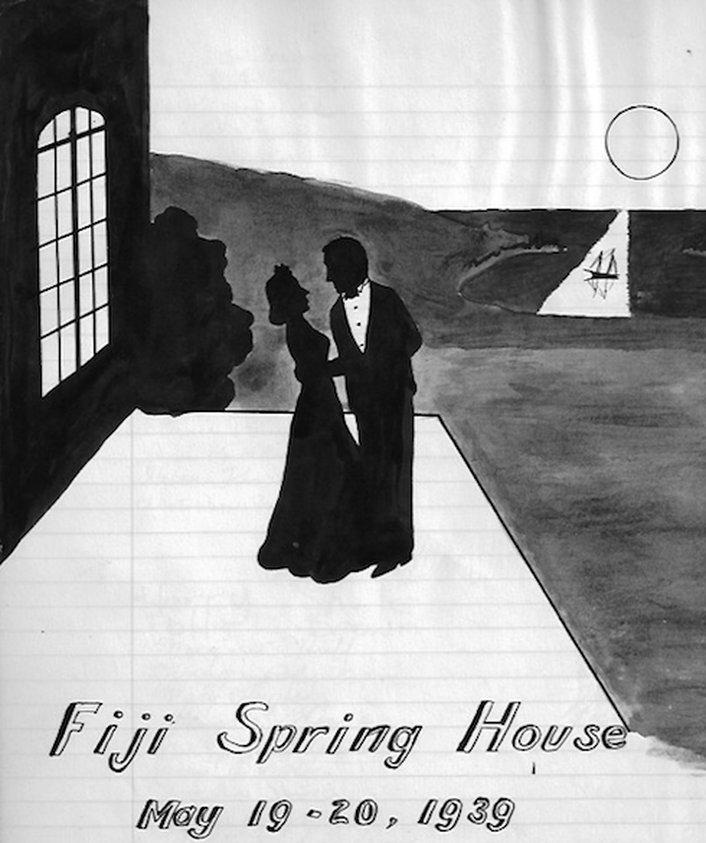
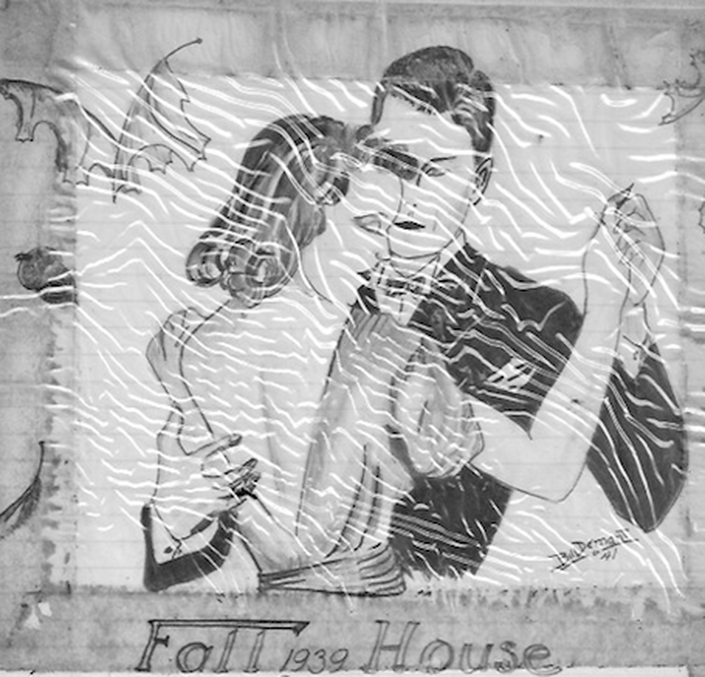
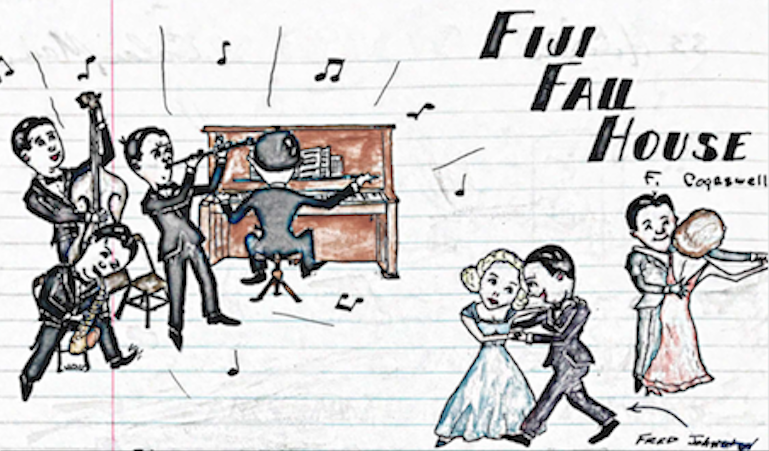
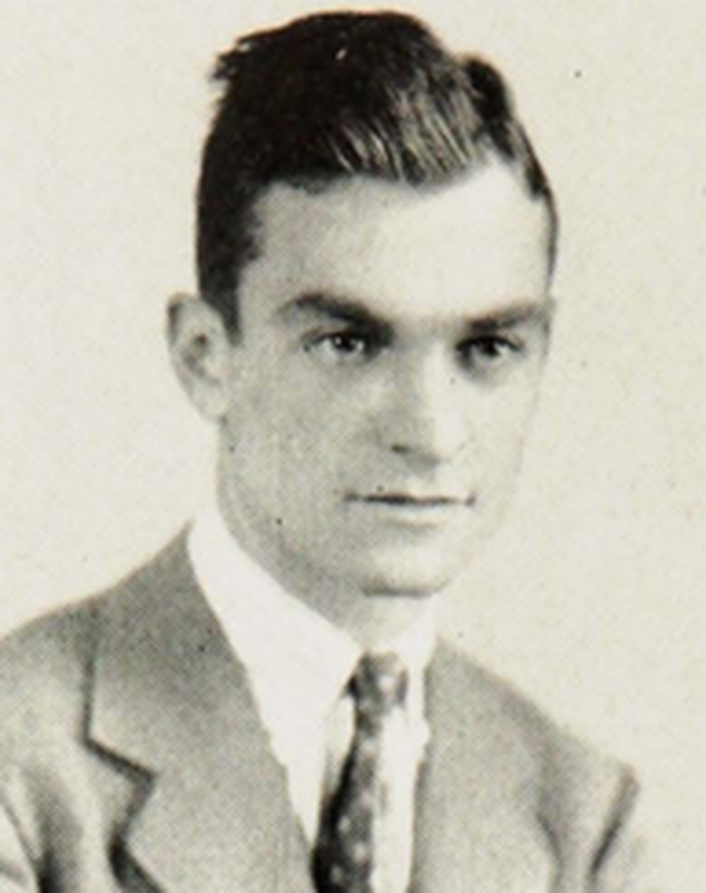
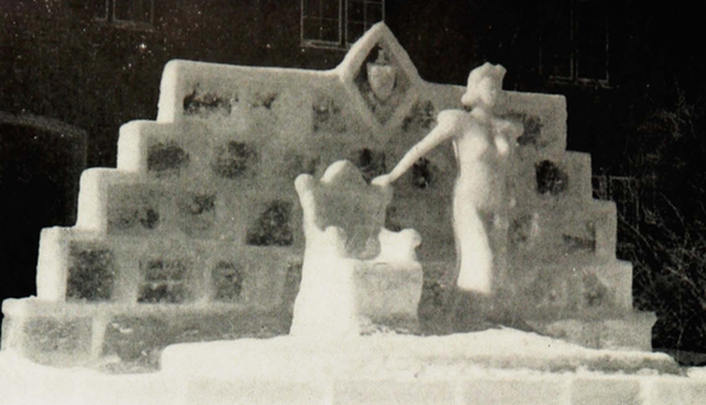
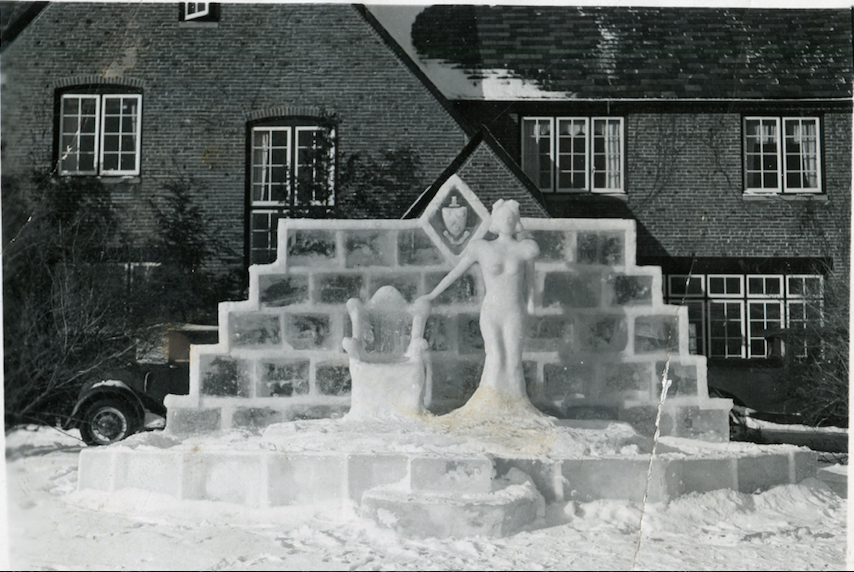
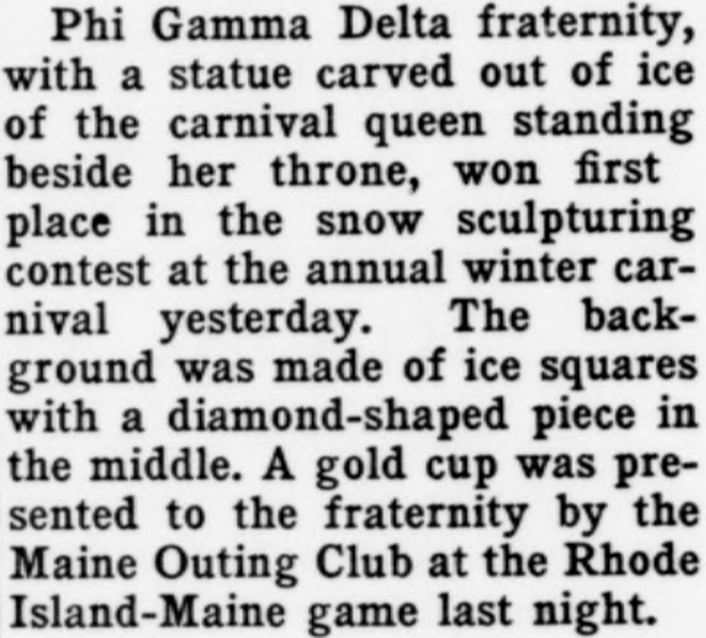
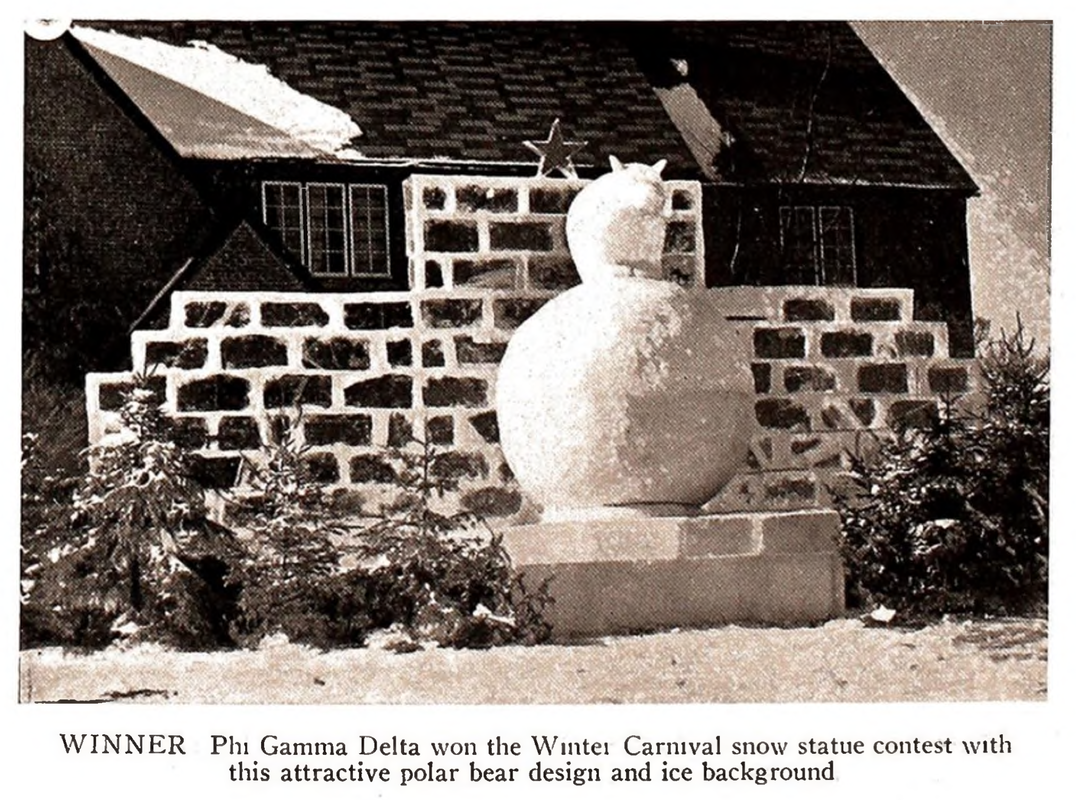
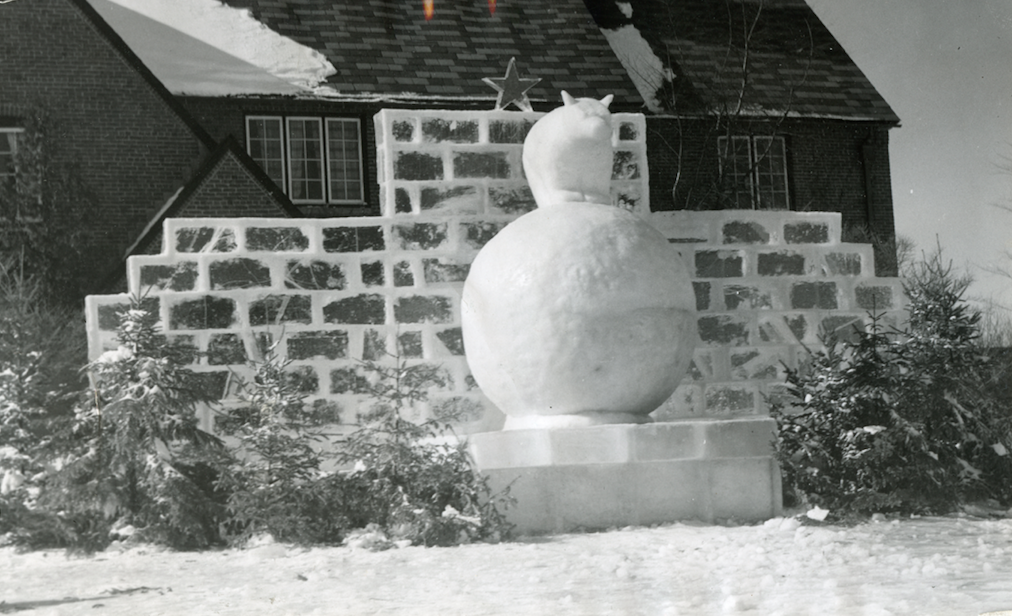
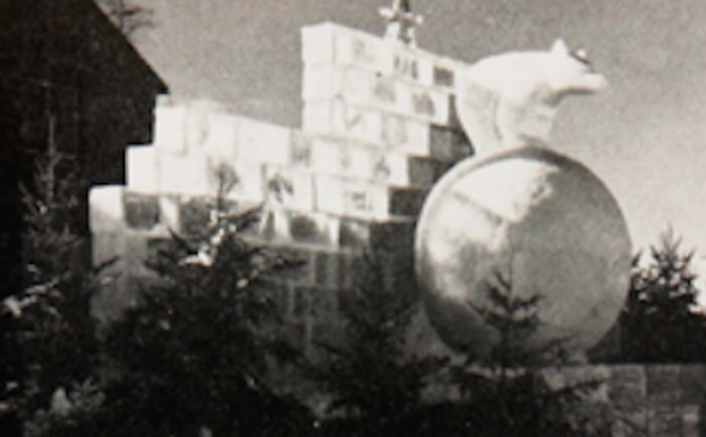
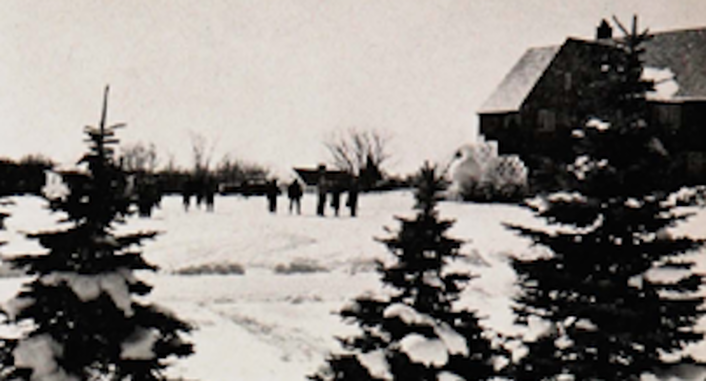
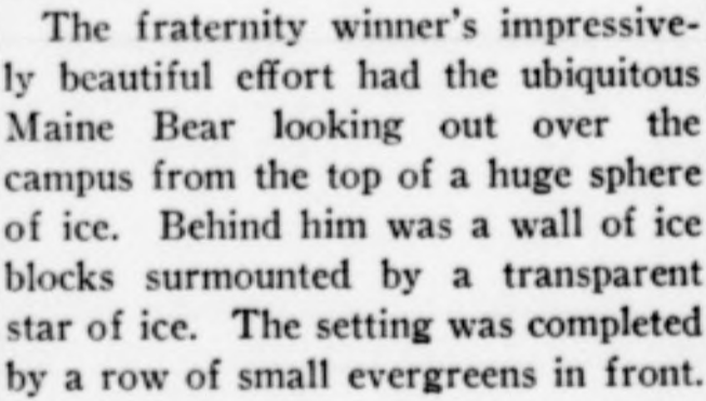
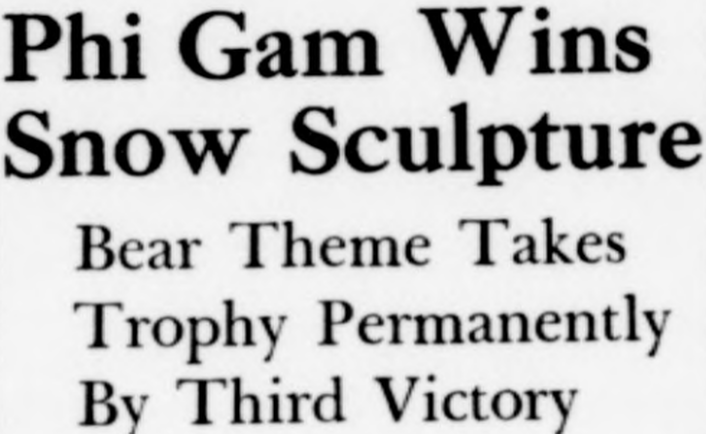
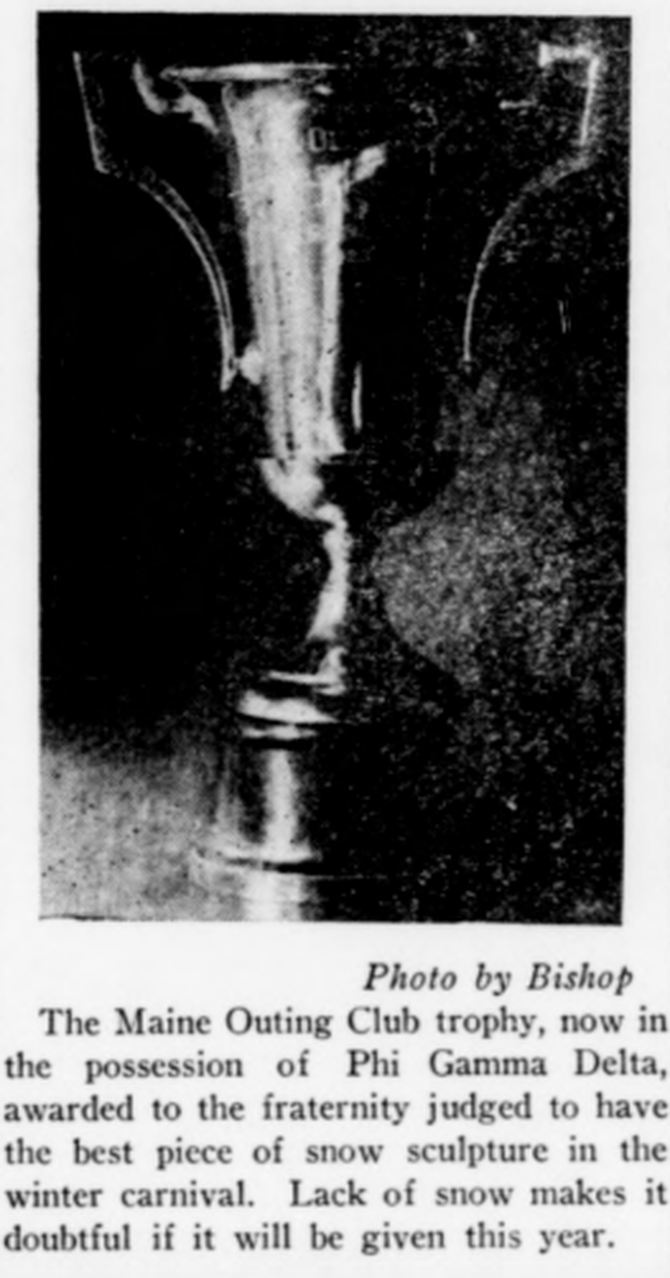
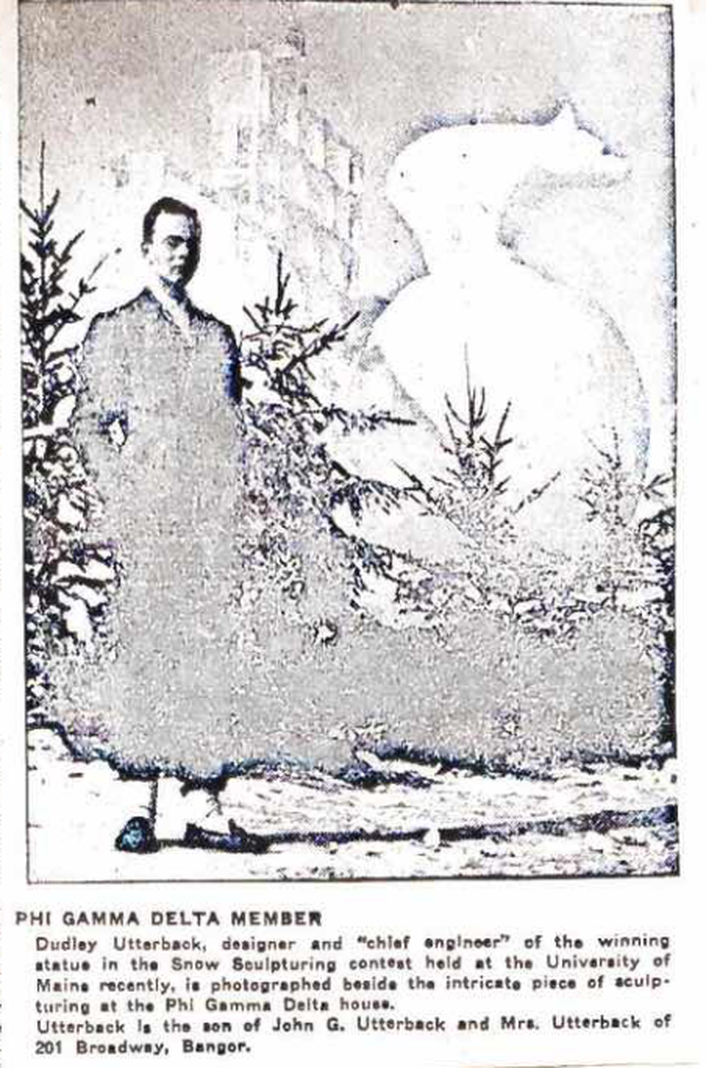
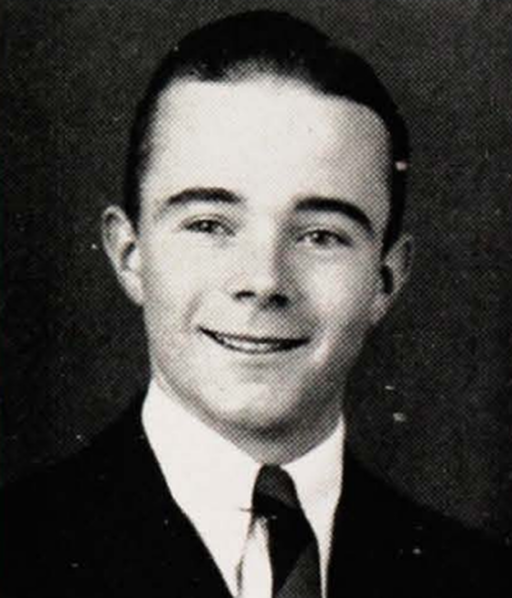
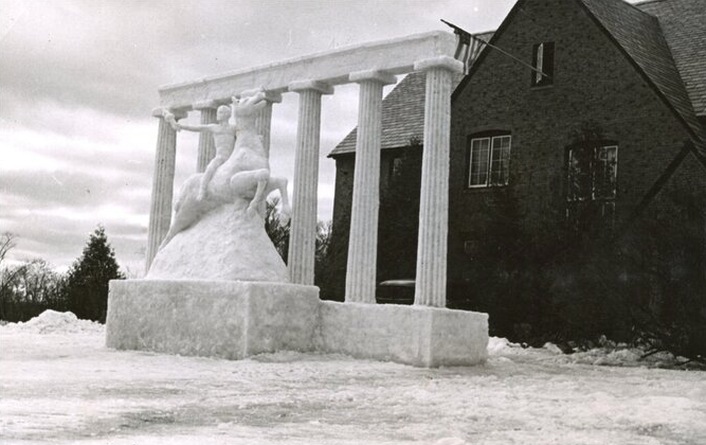
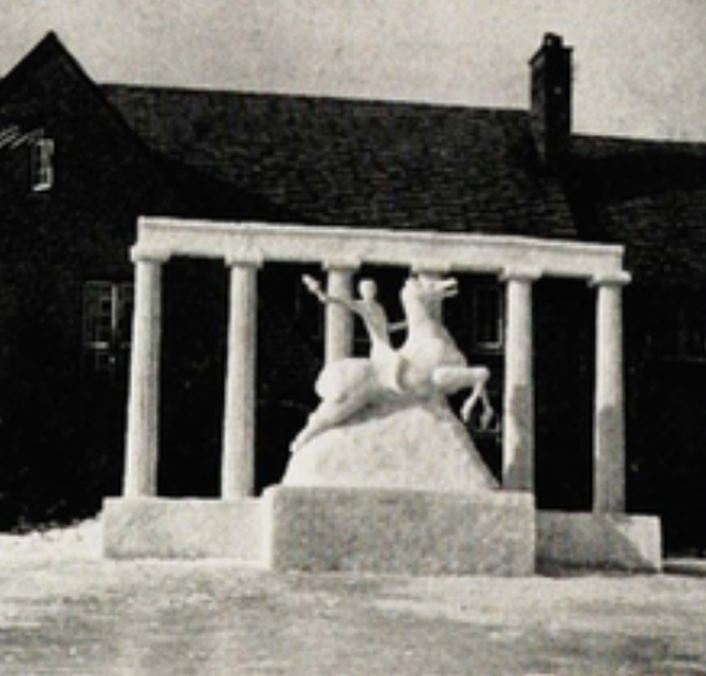

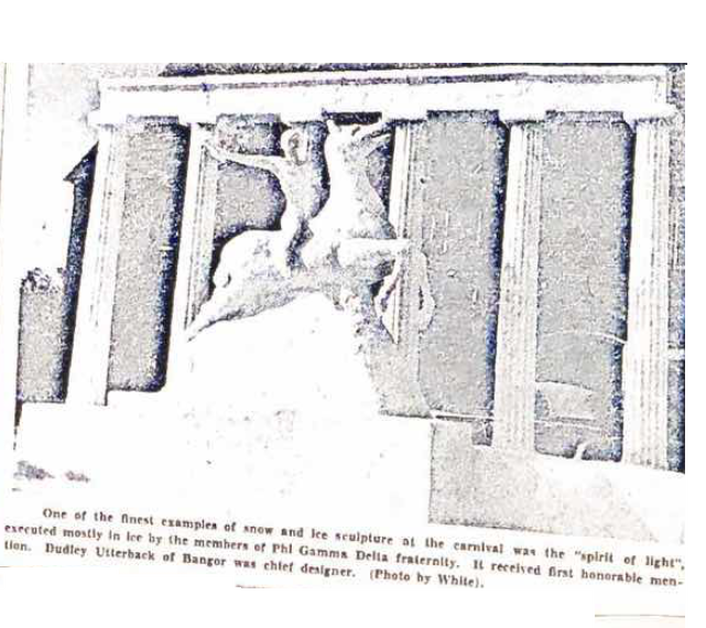



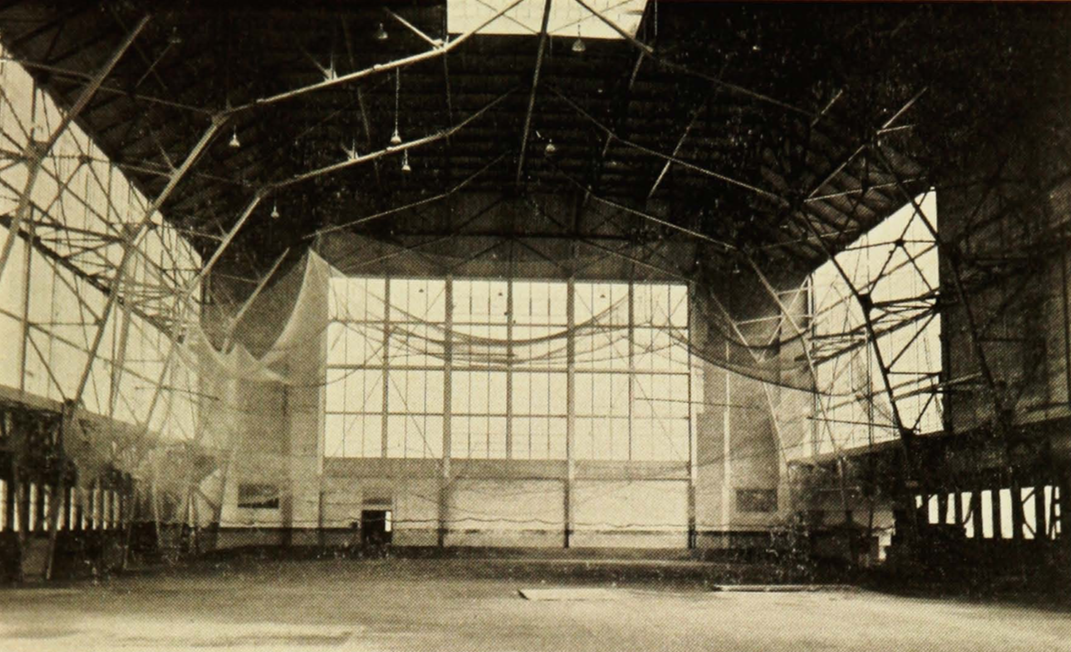

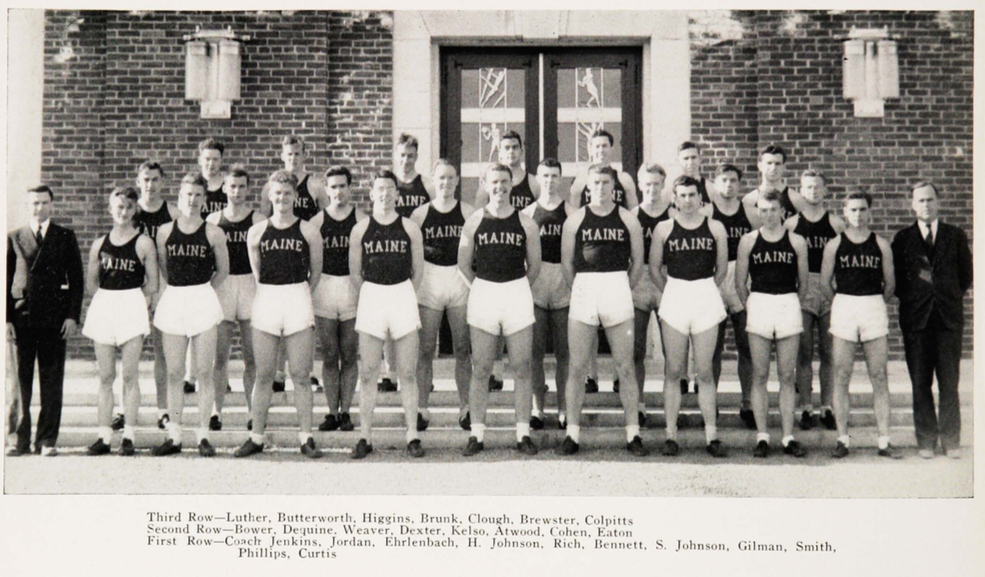
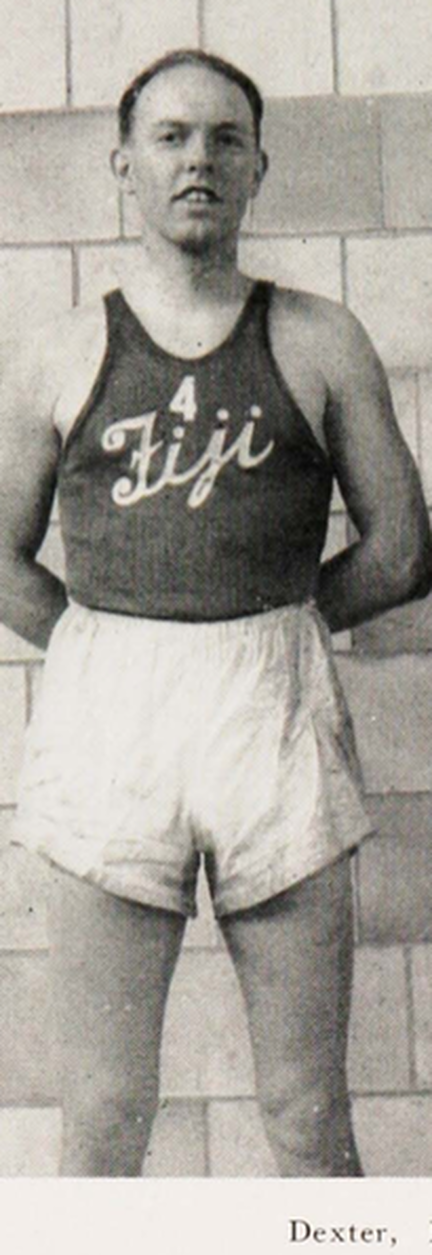
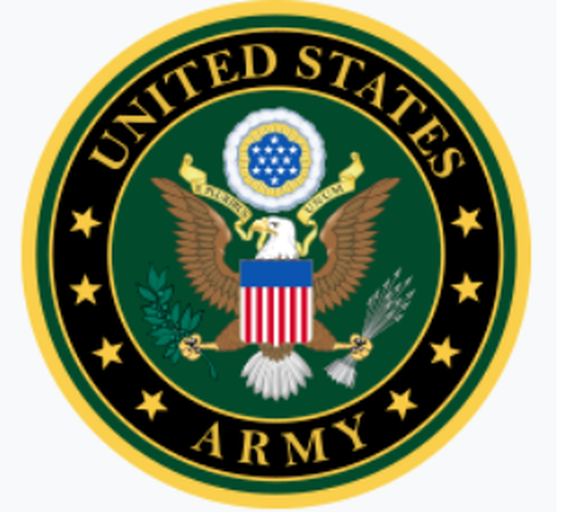
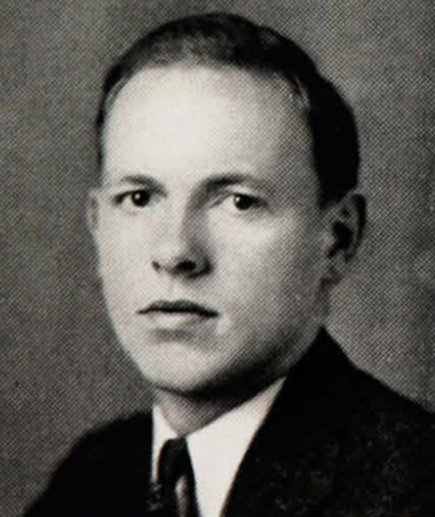
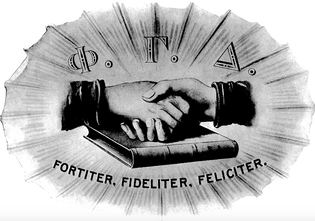

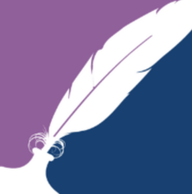
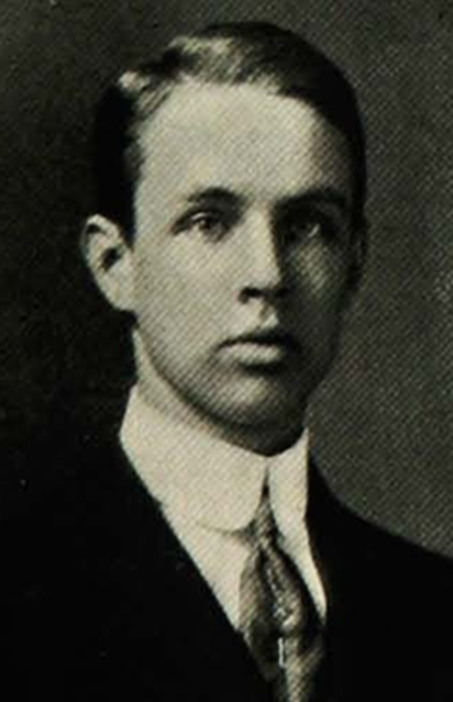
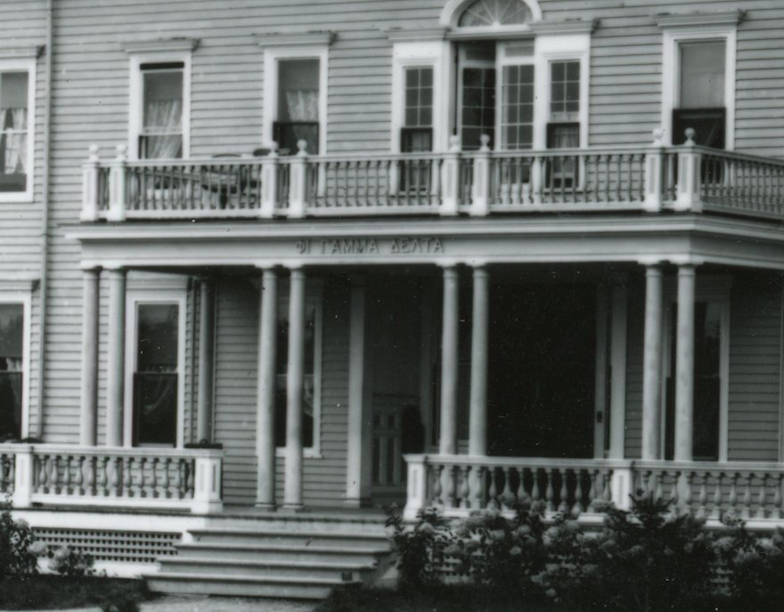

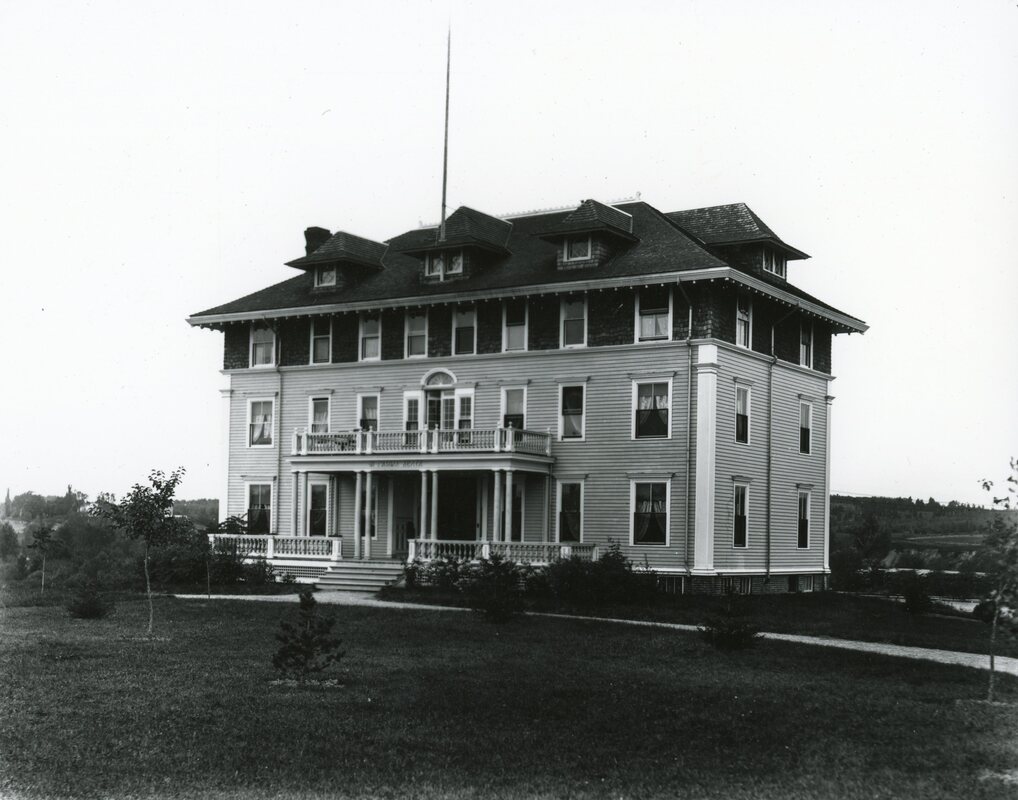

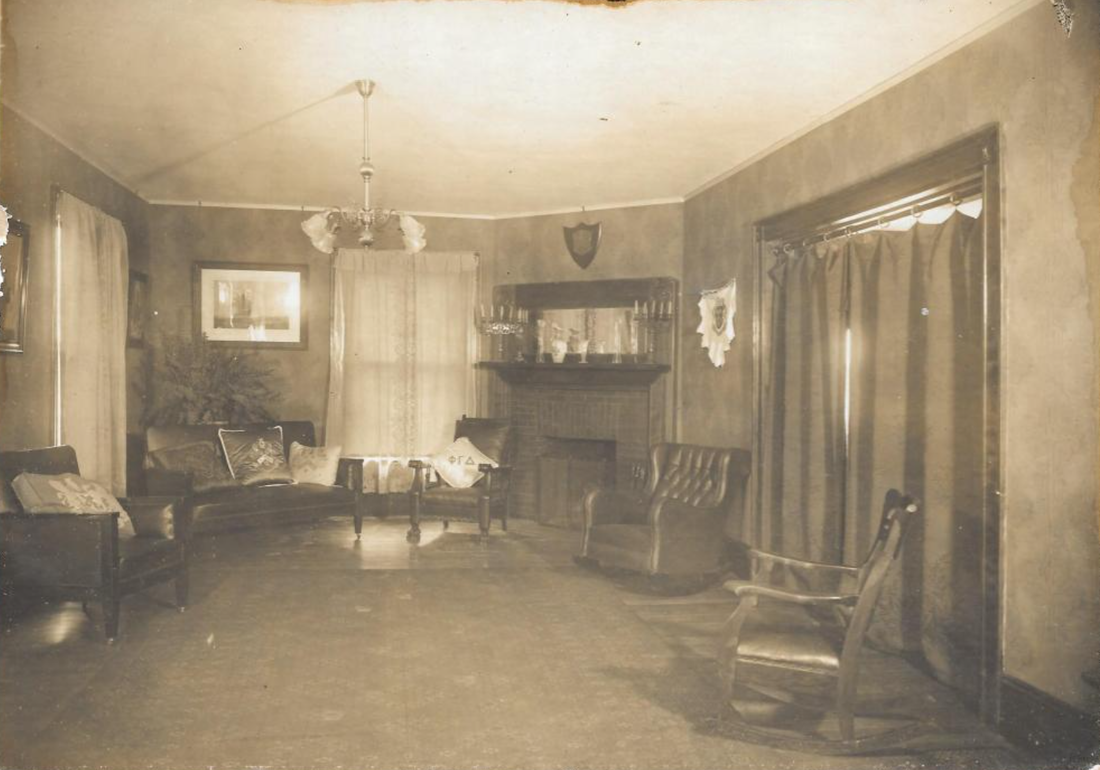
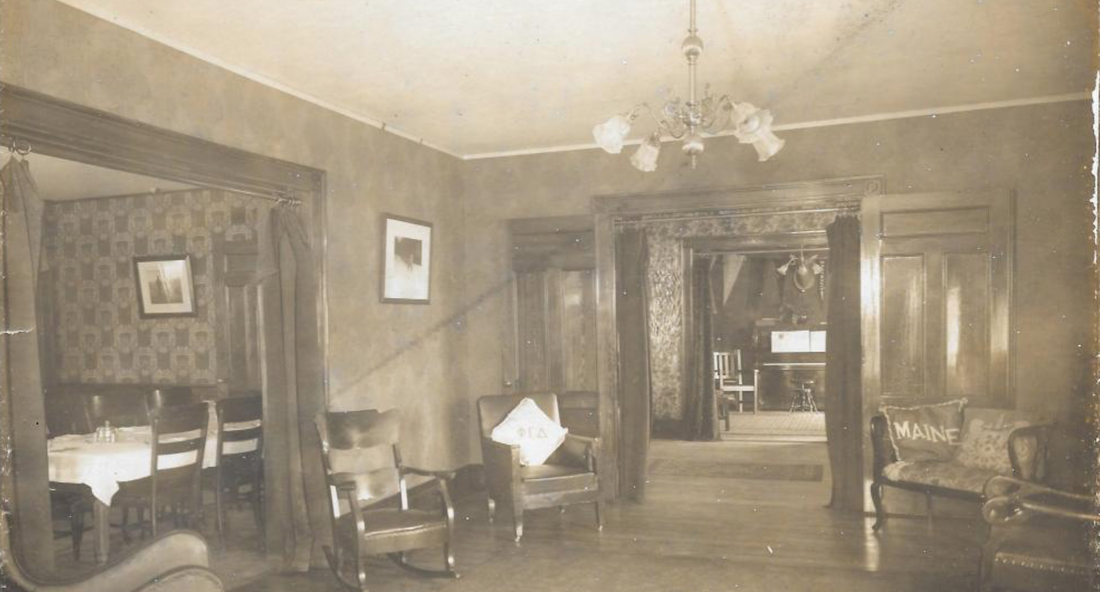
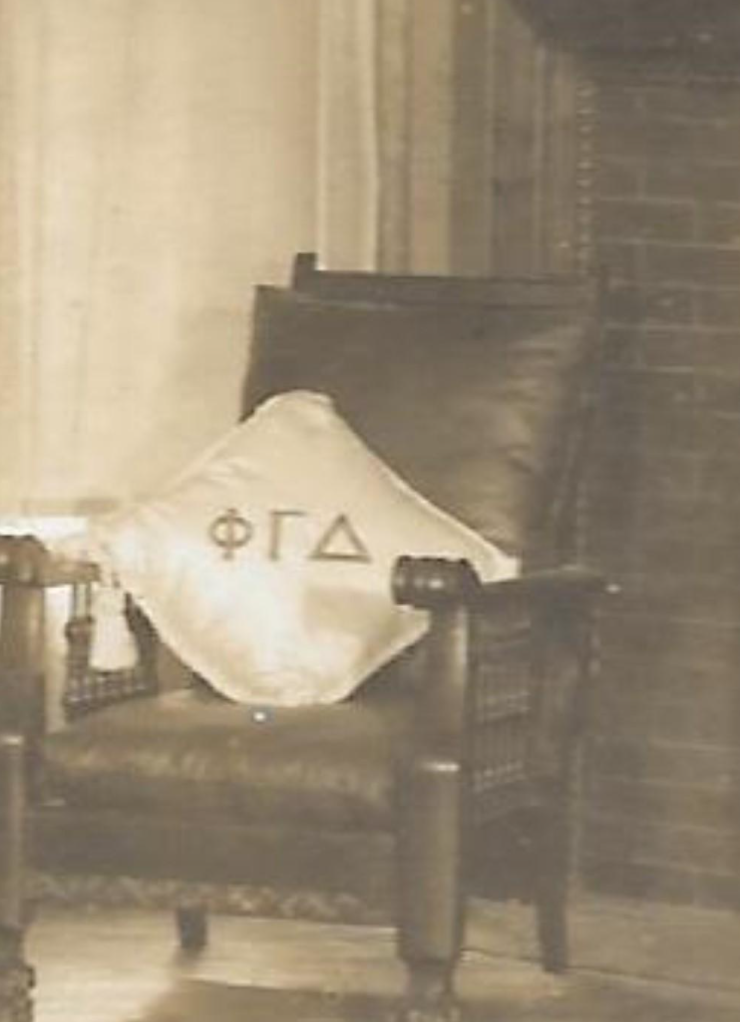

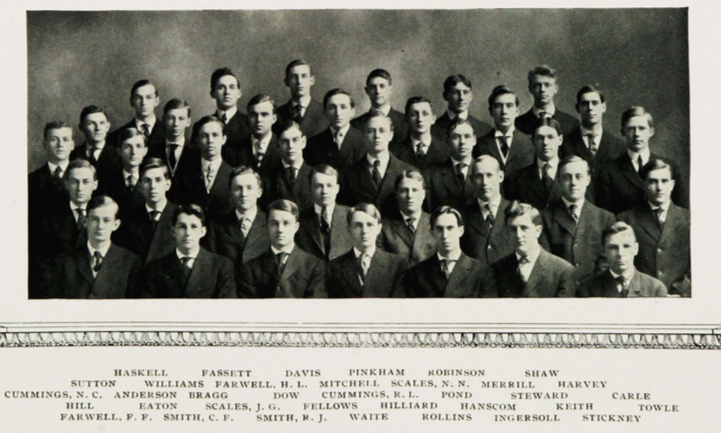
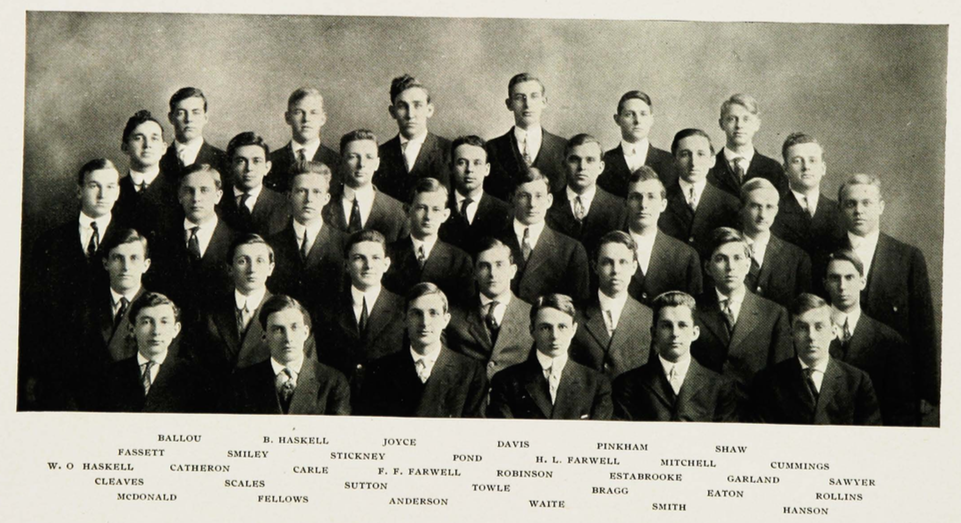

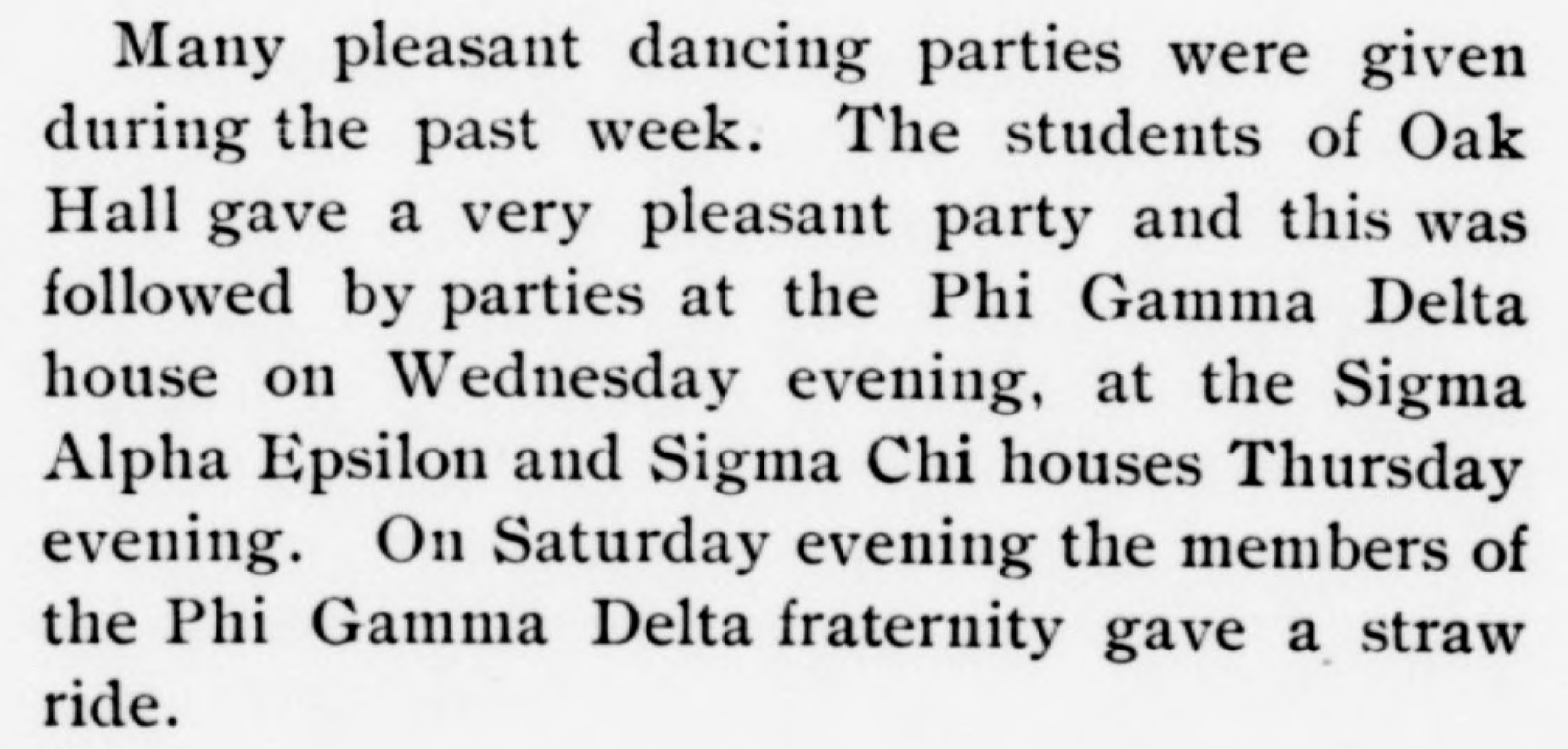
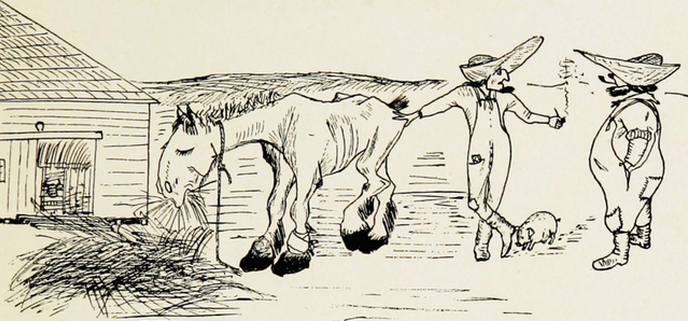
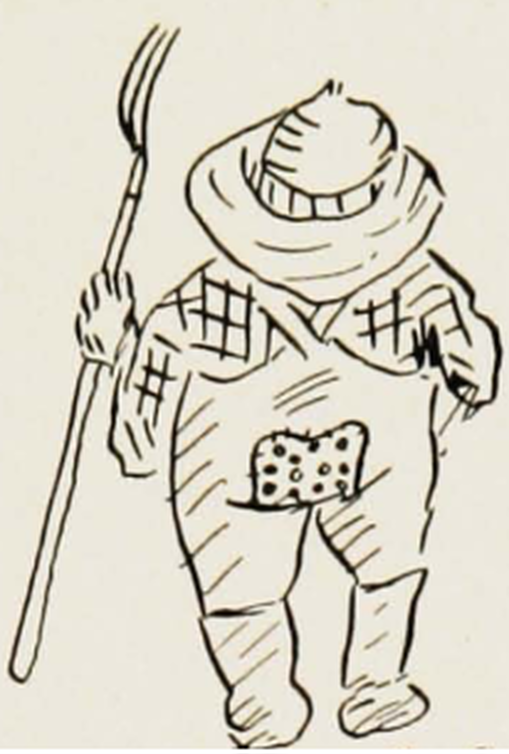
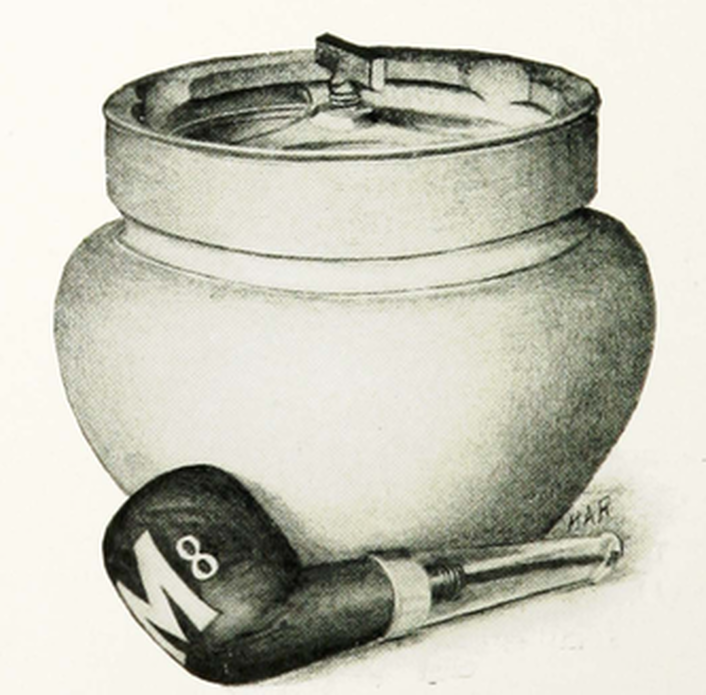

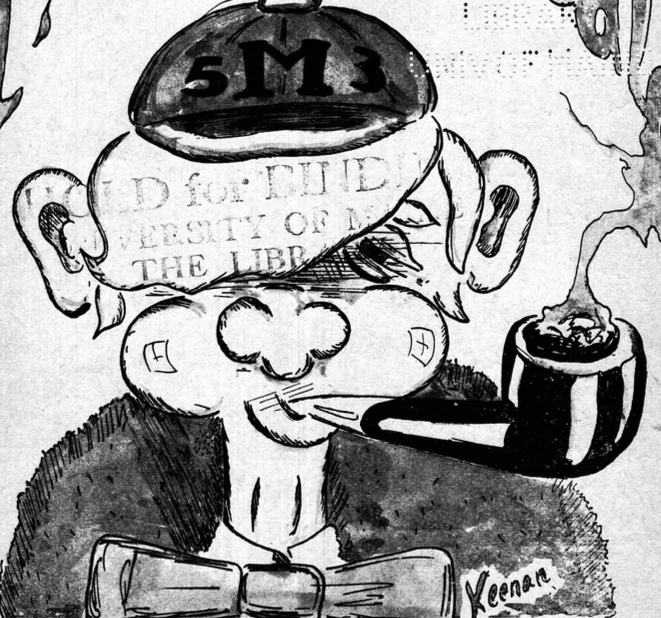

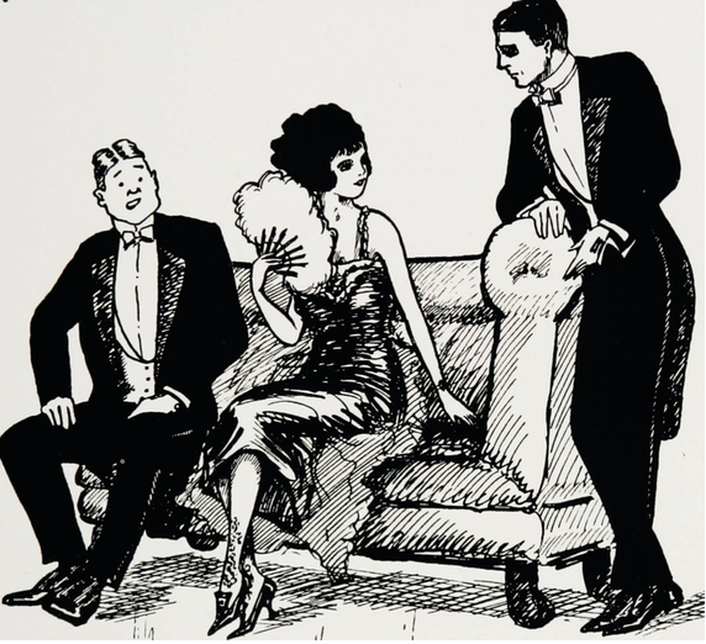
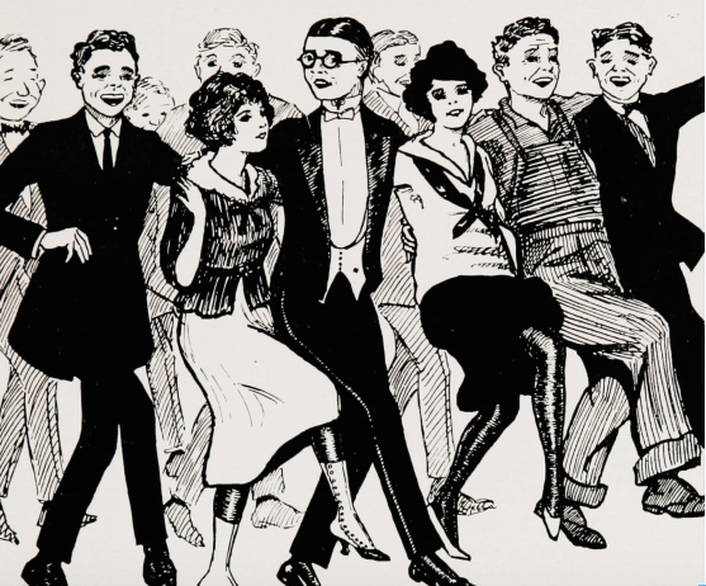

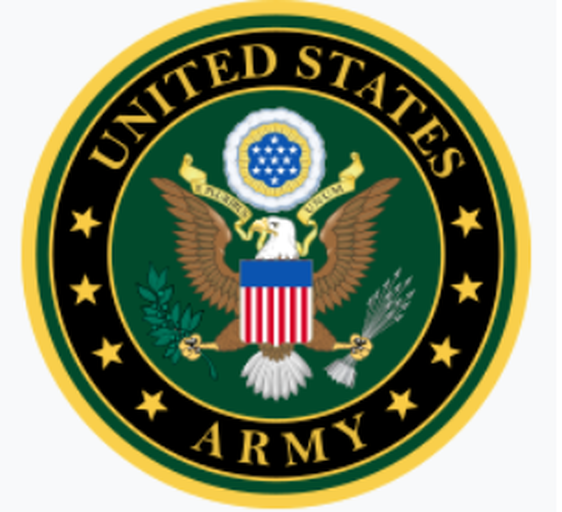
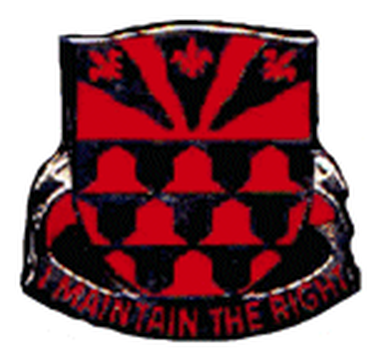

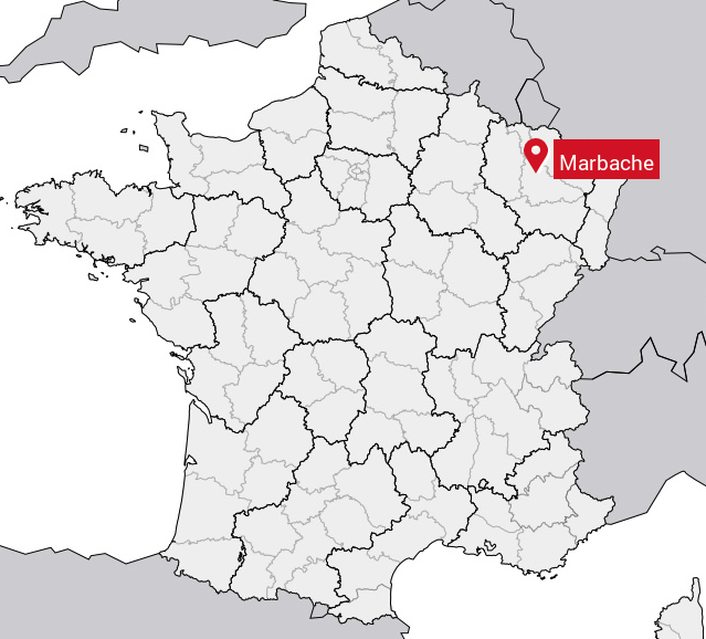
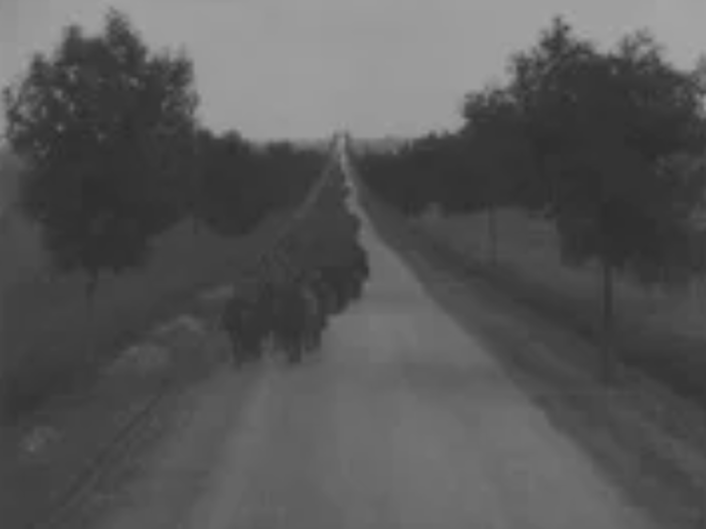
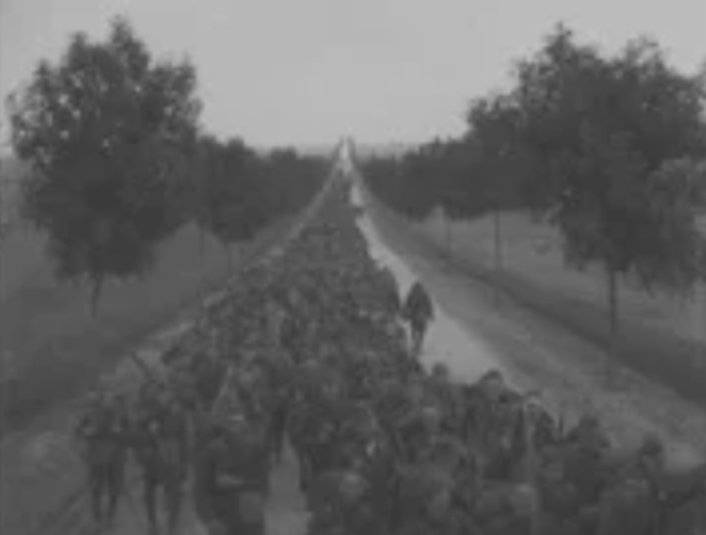
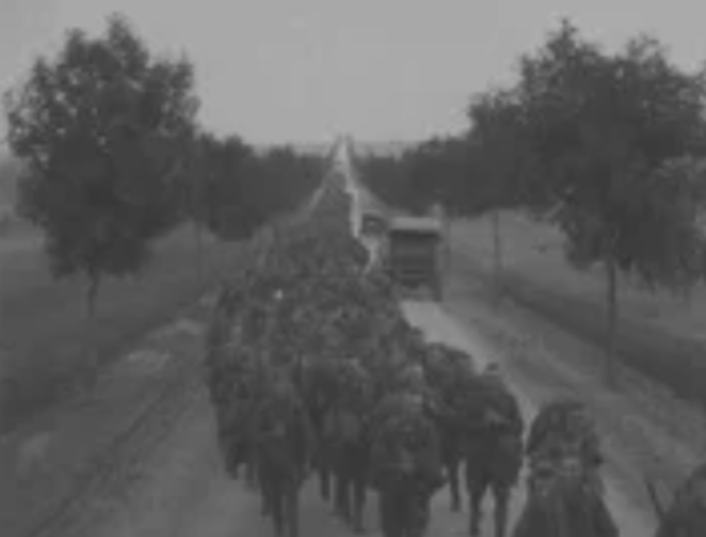
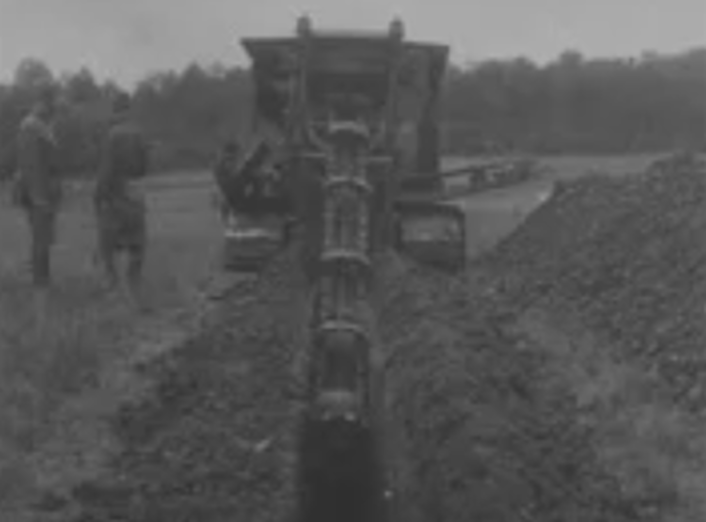

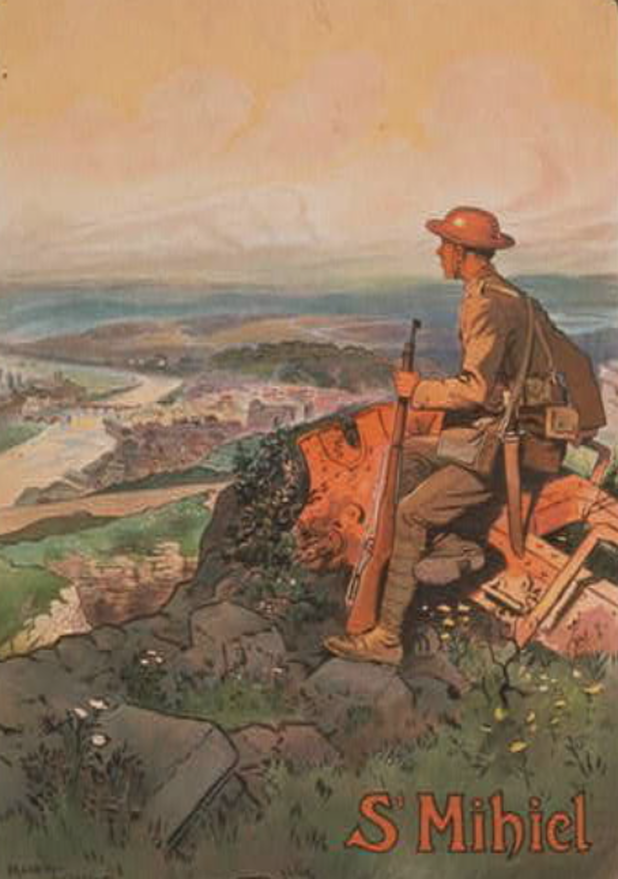
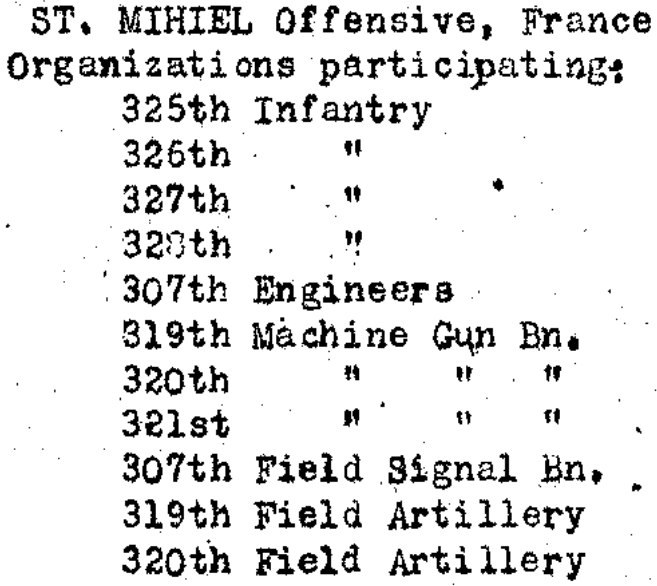
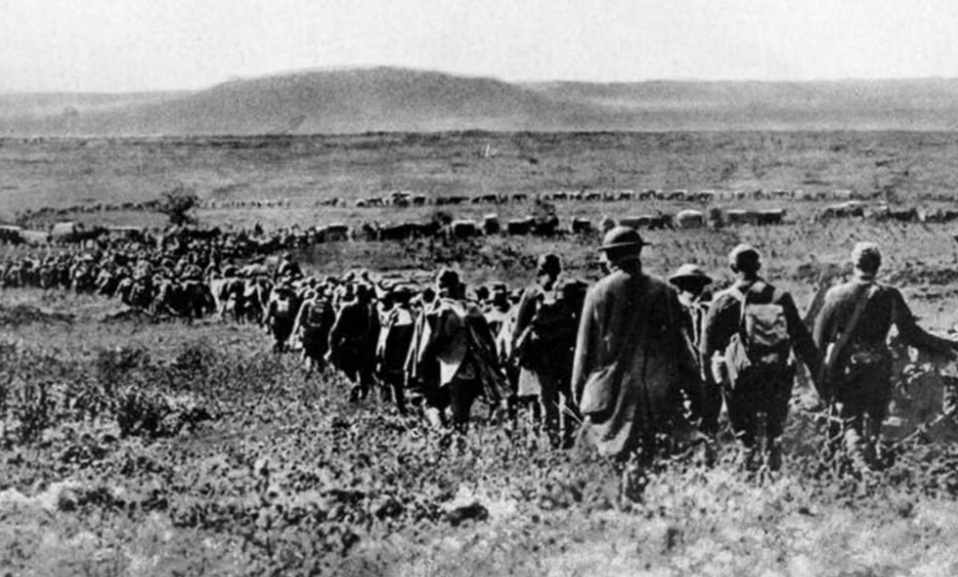
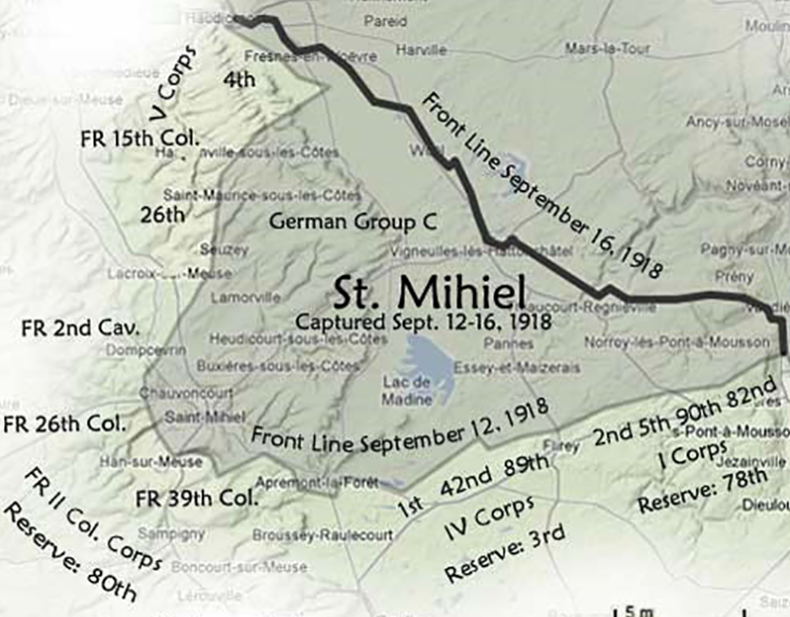
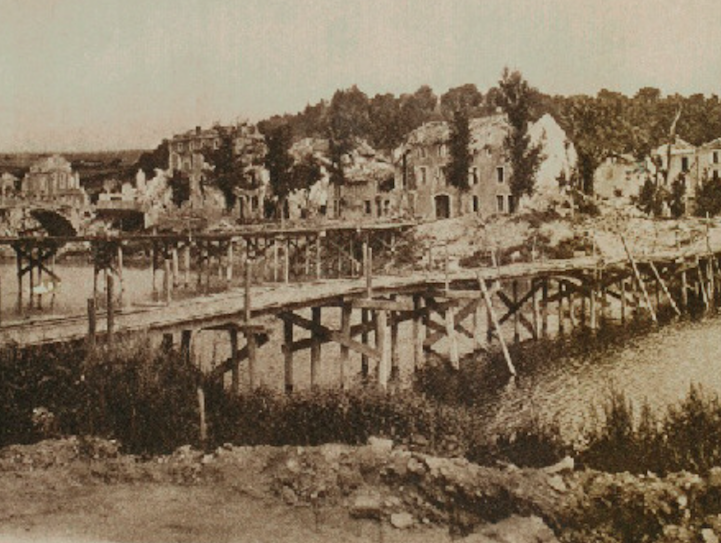
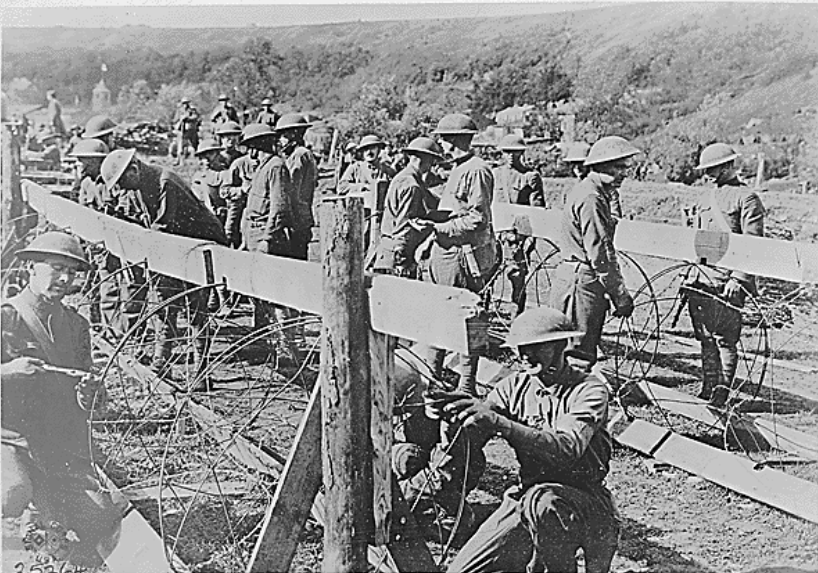

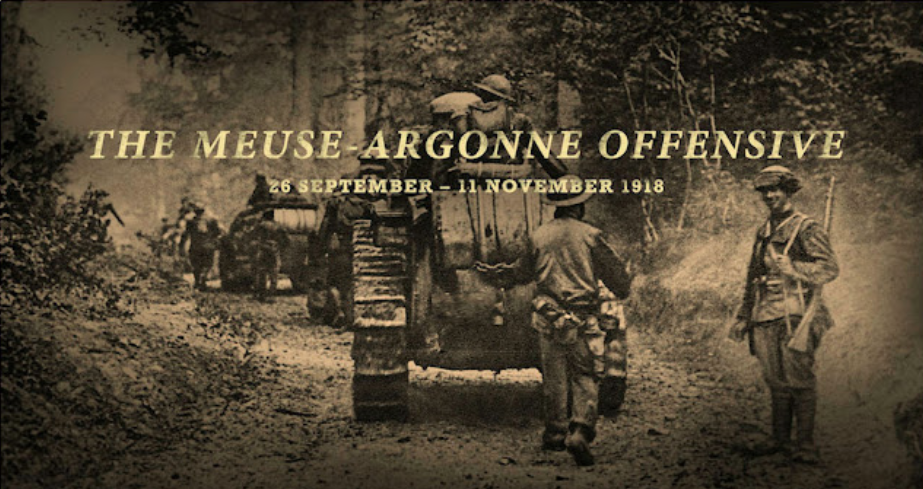
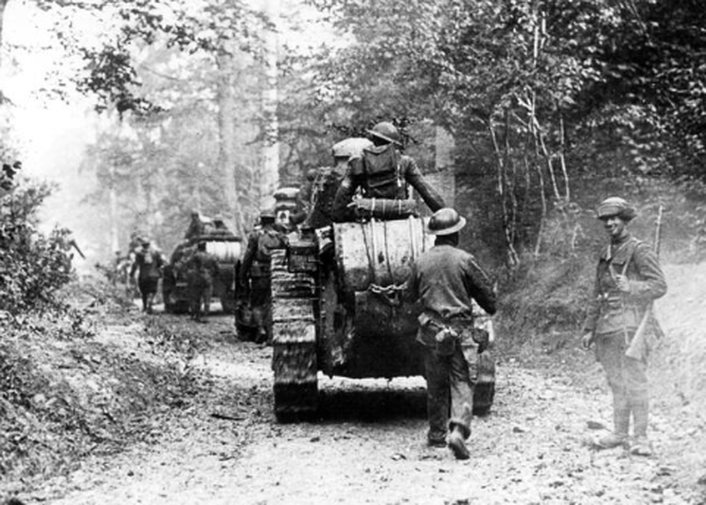
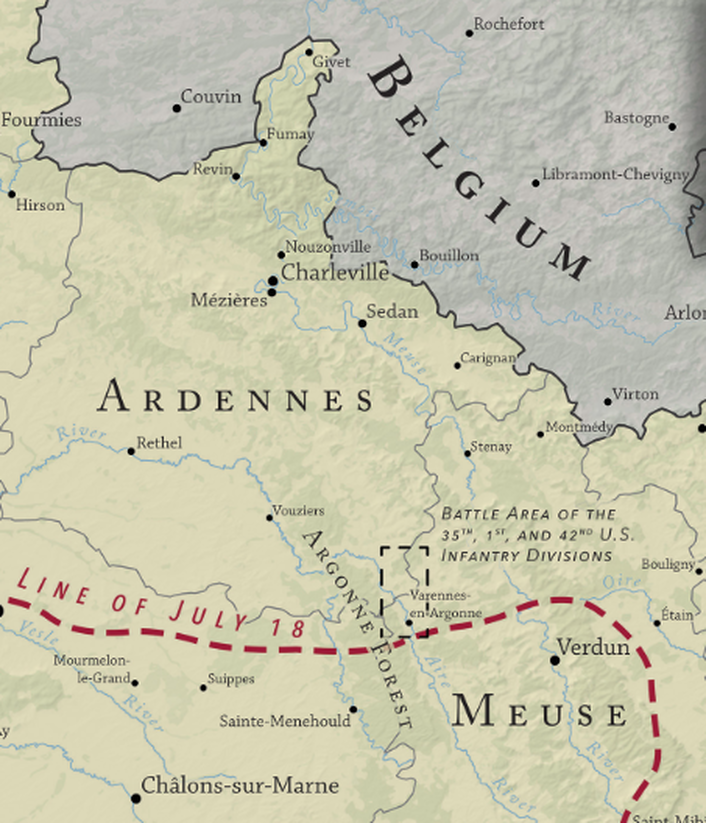
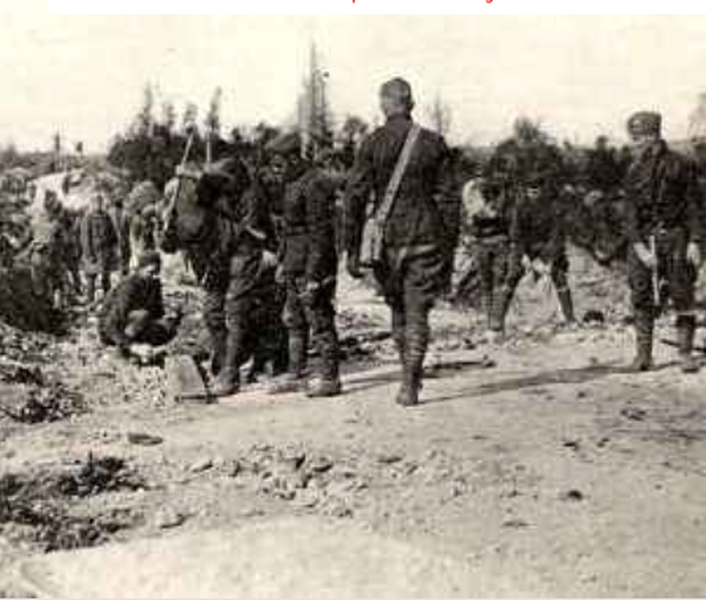
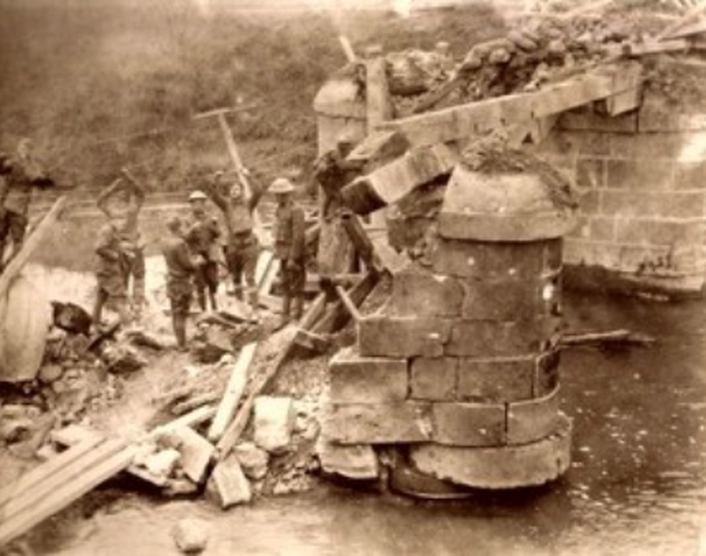
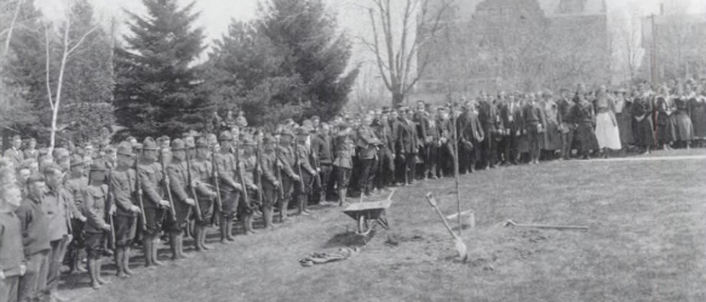
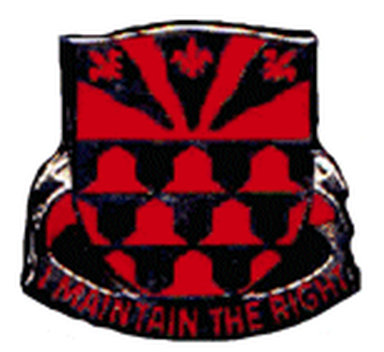
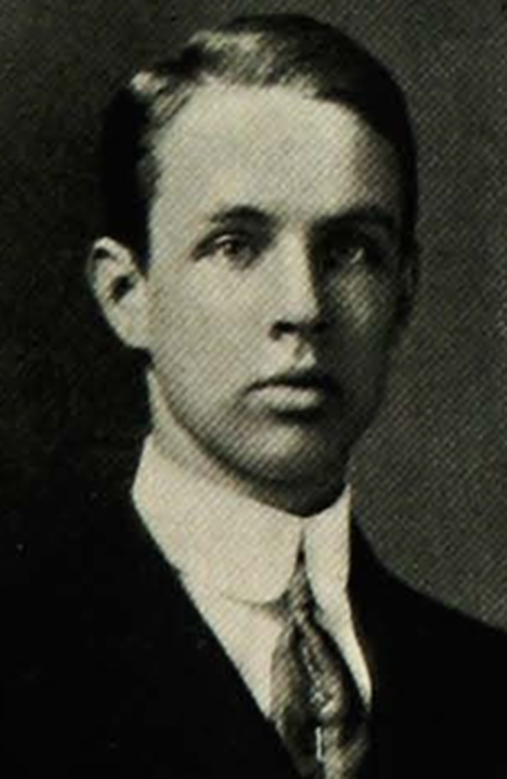
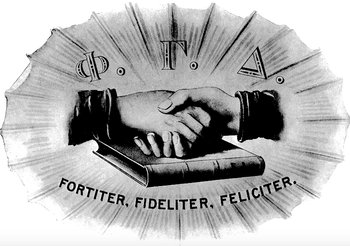


 RSS Feed
RSS Feed